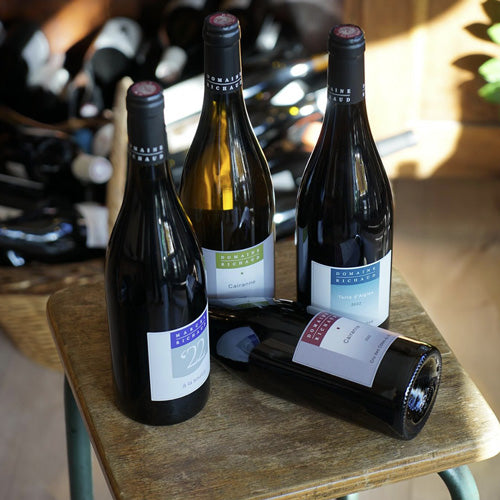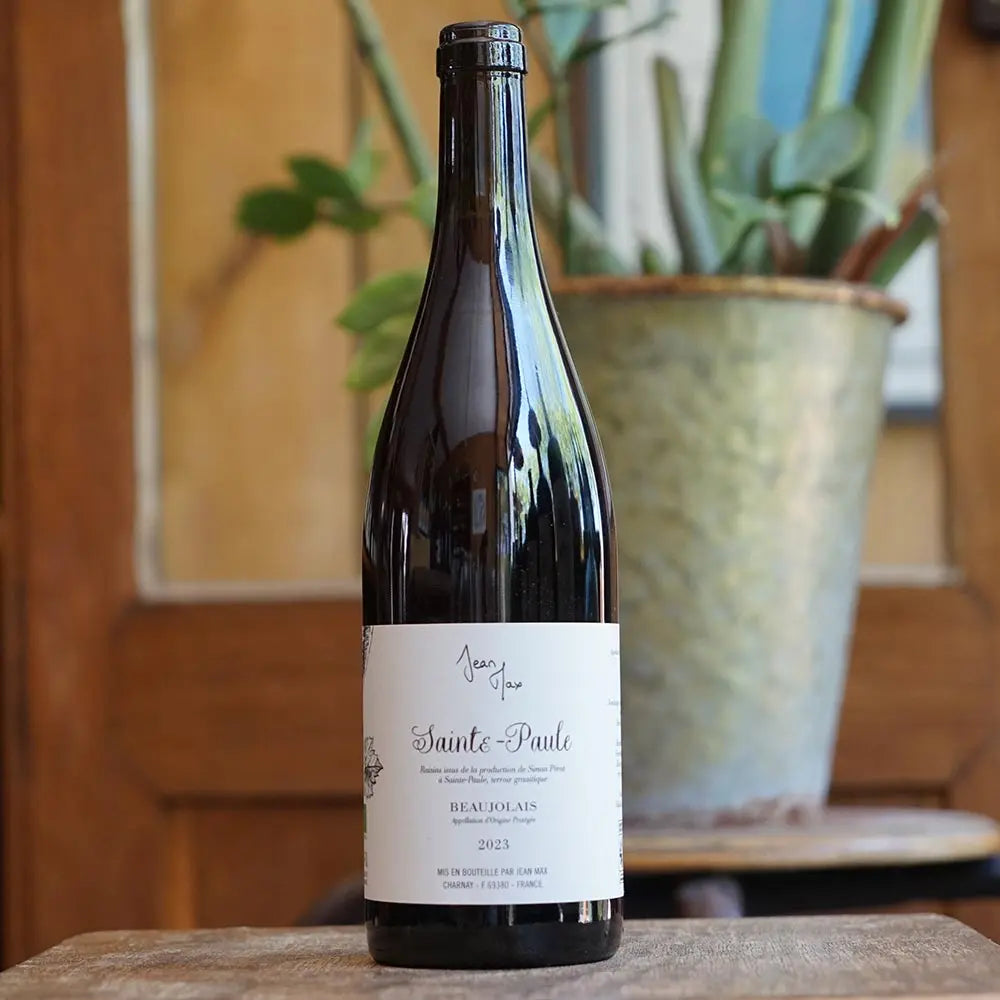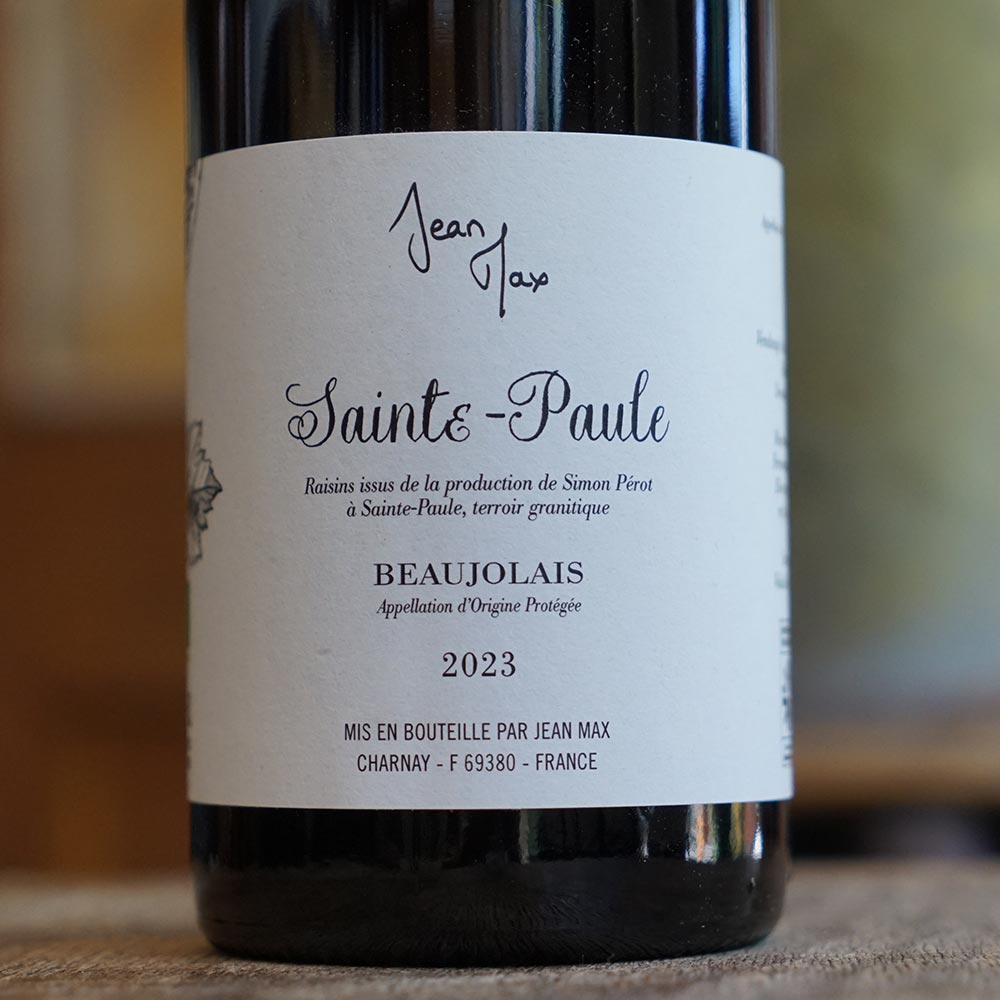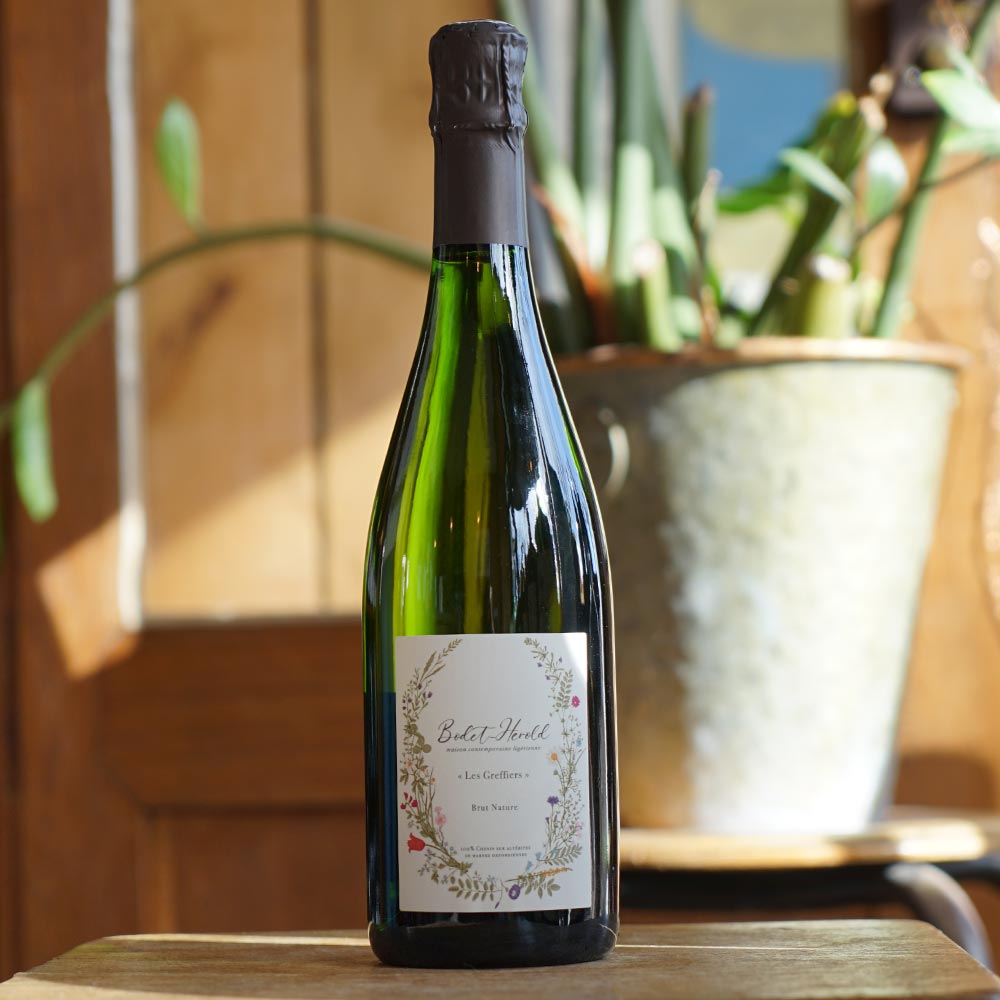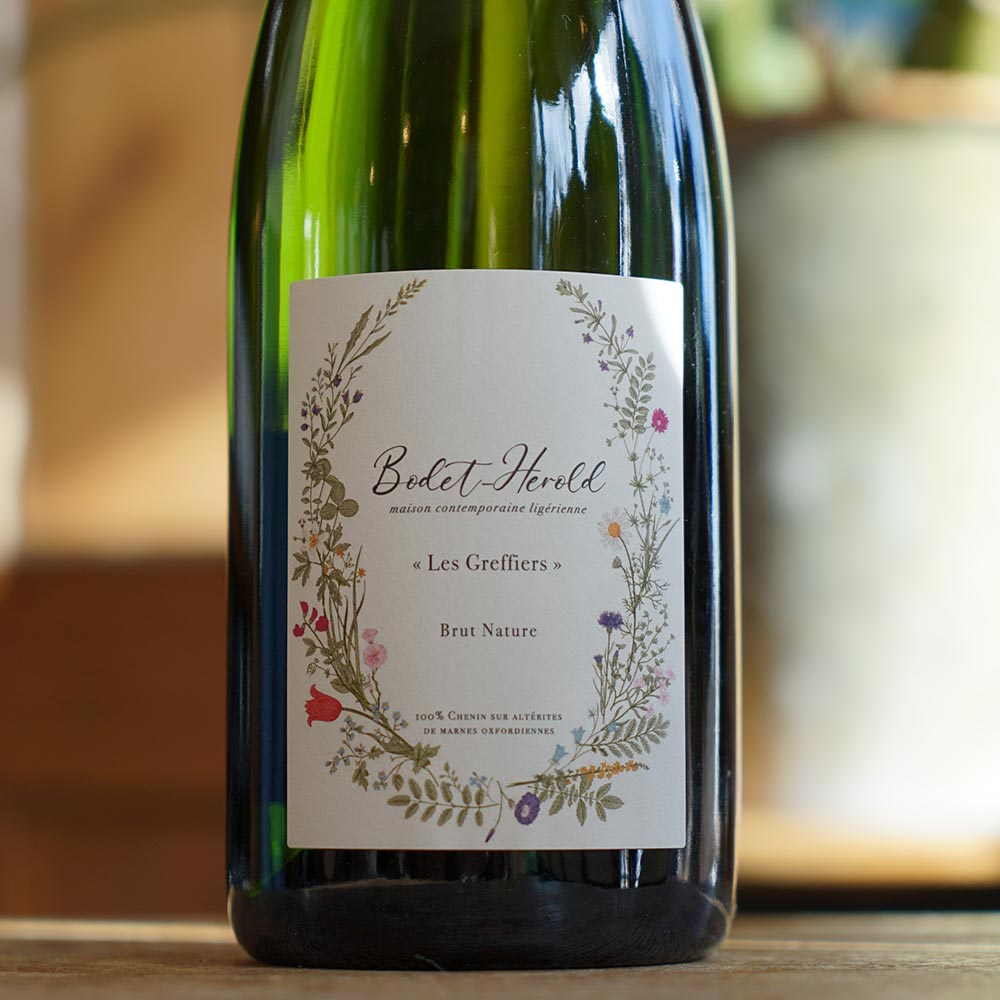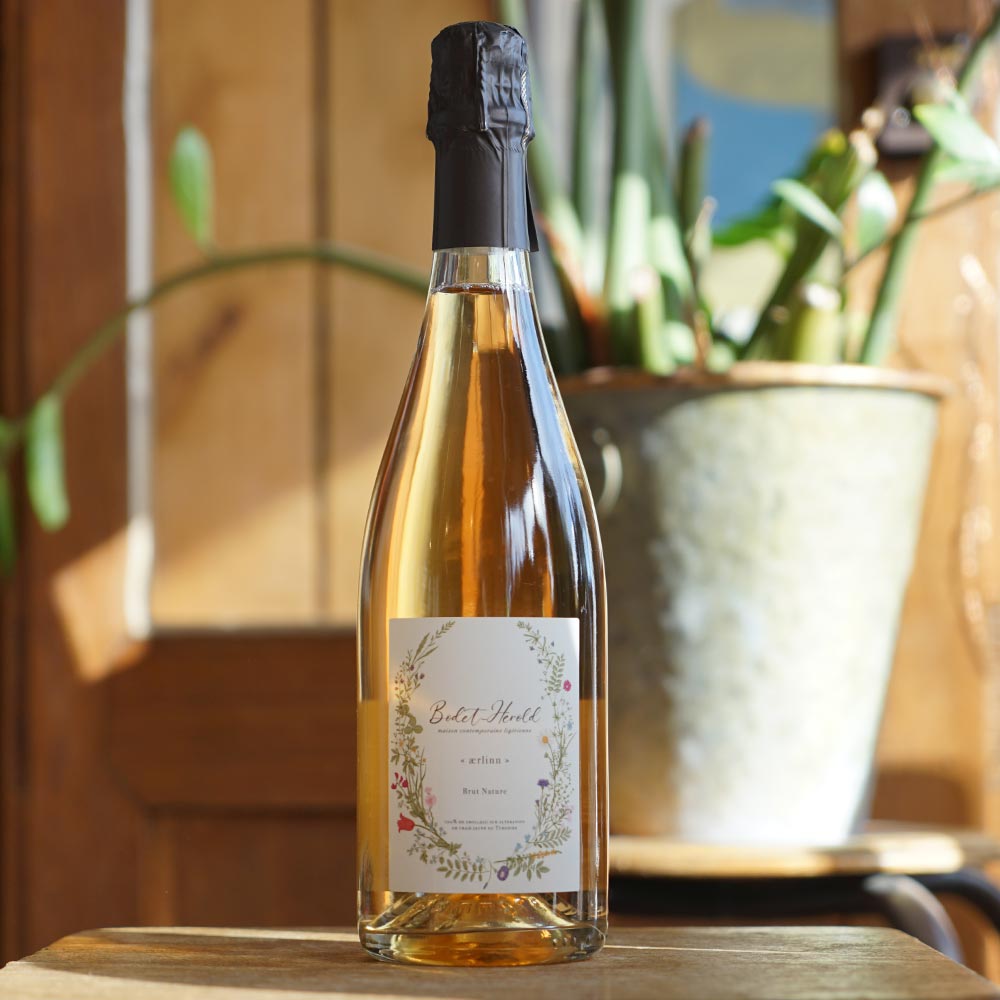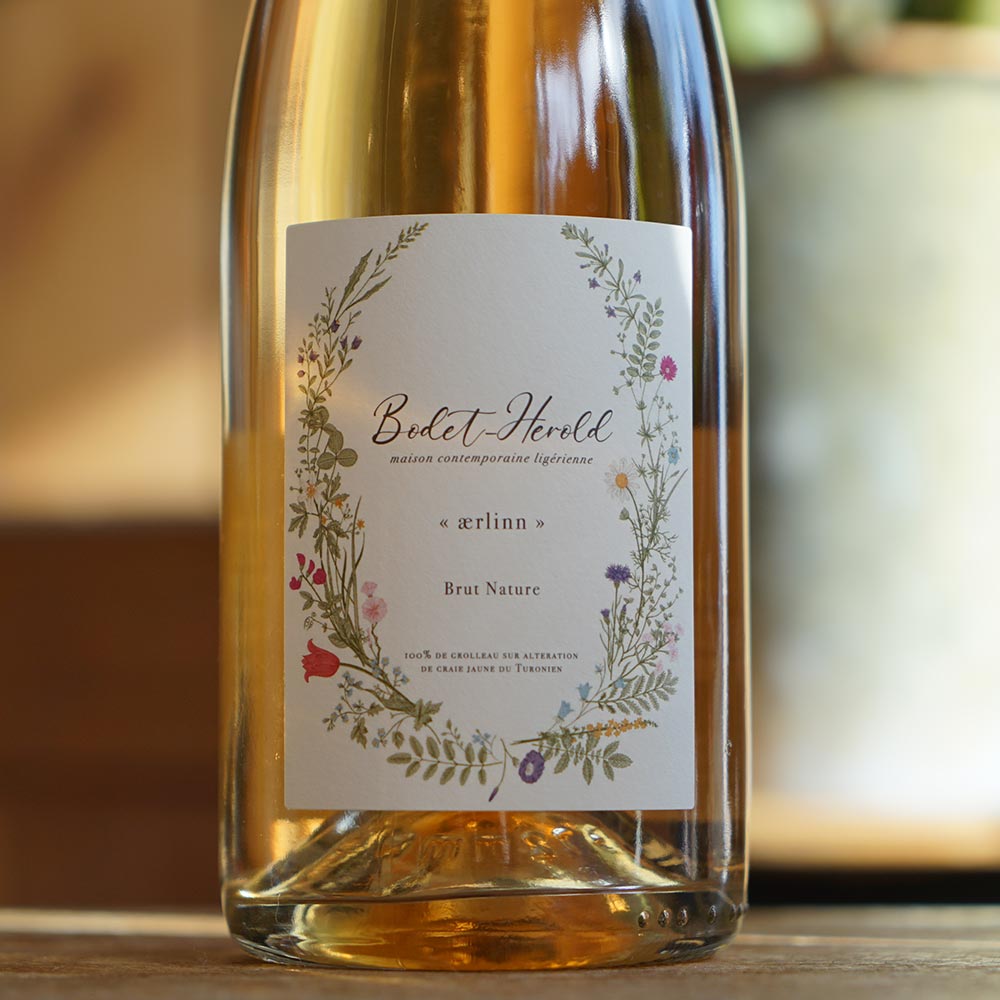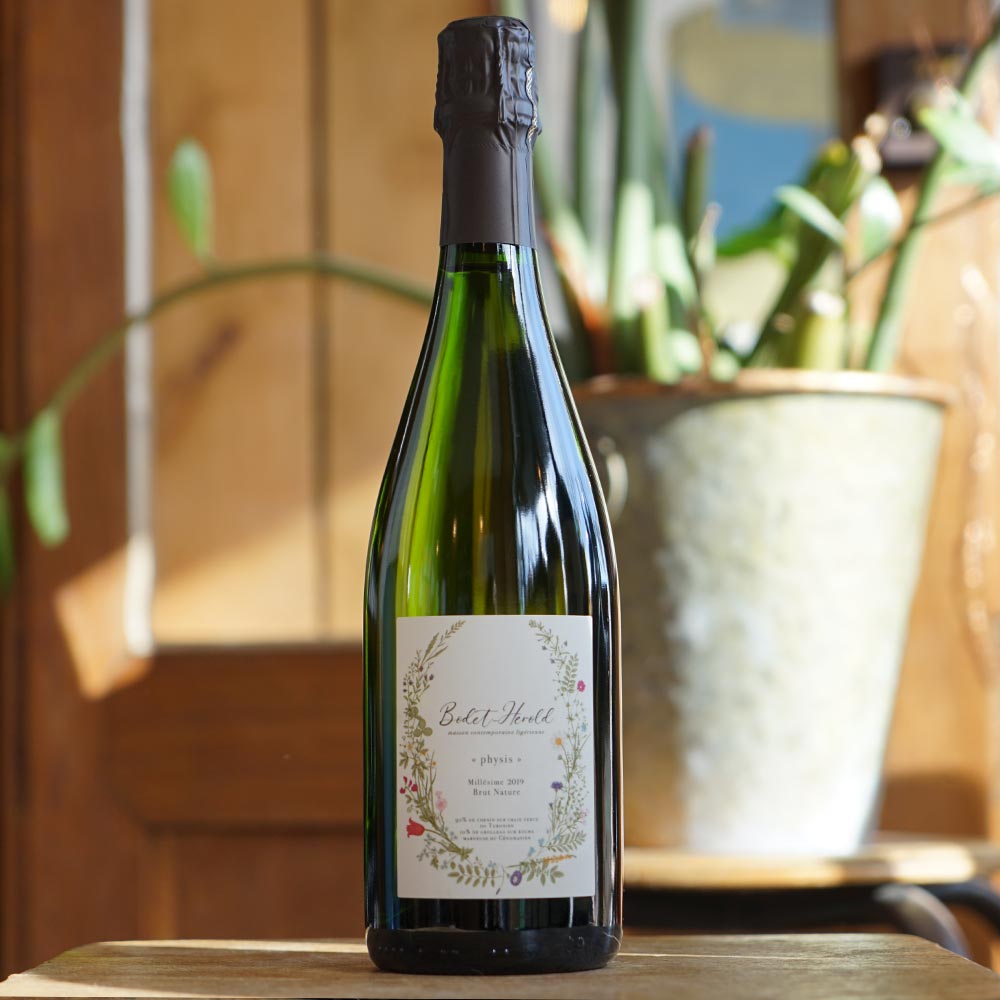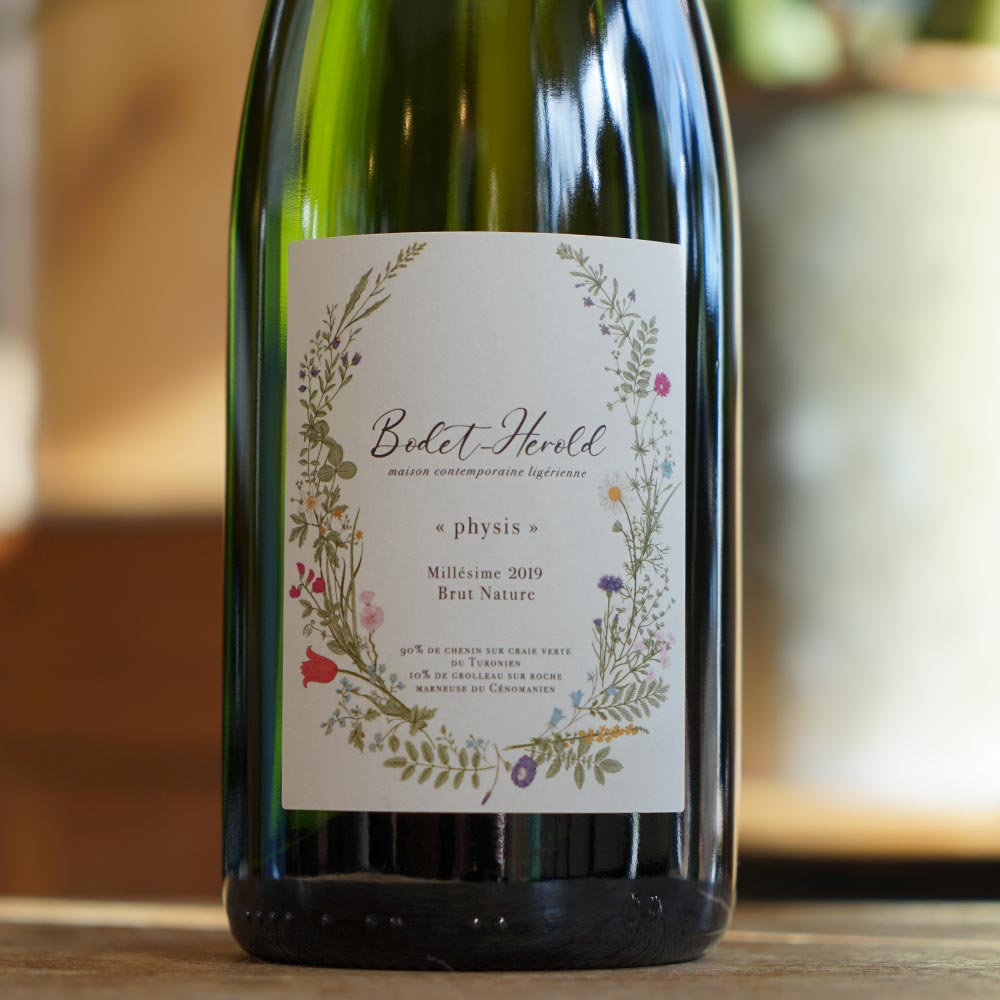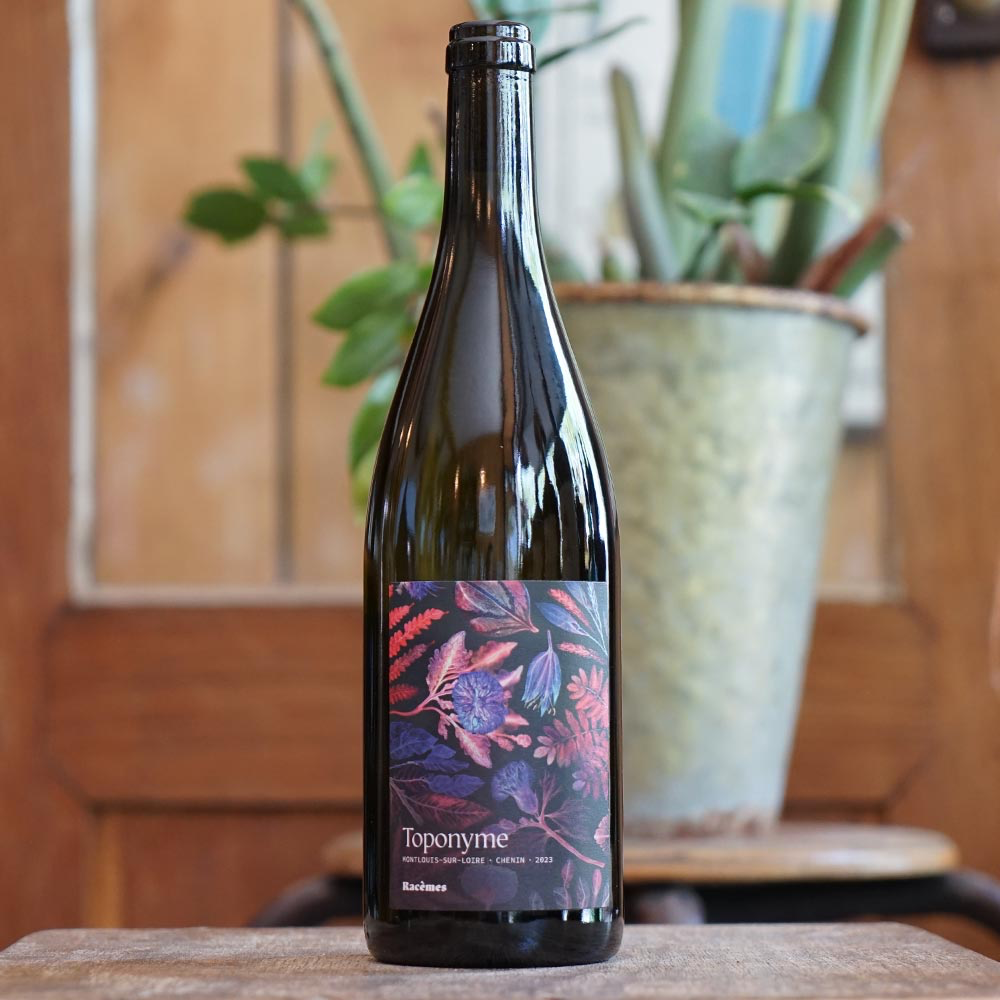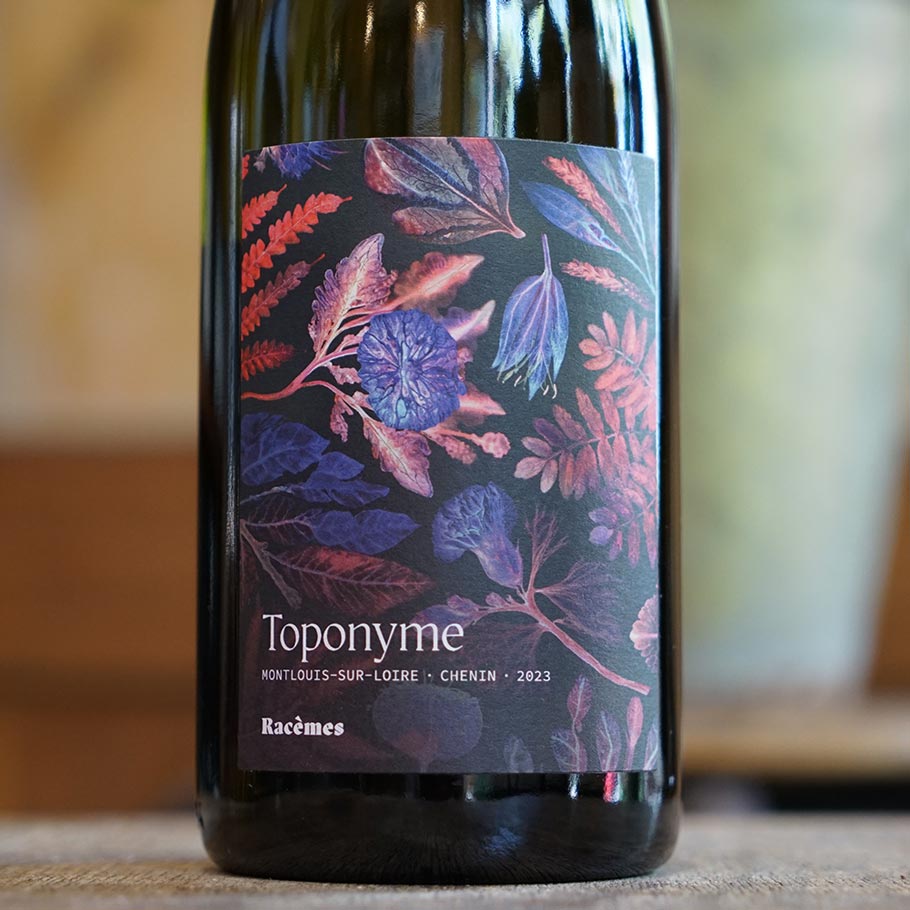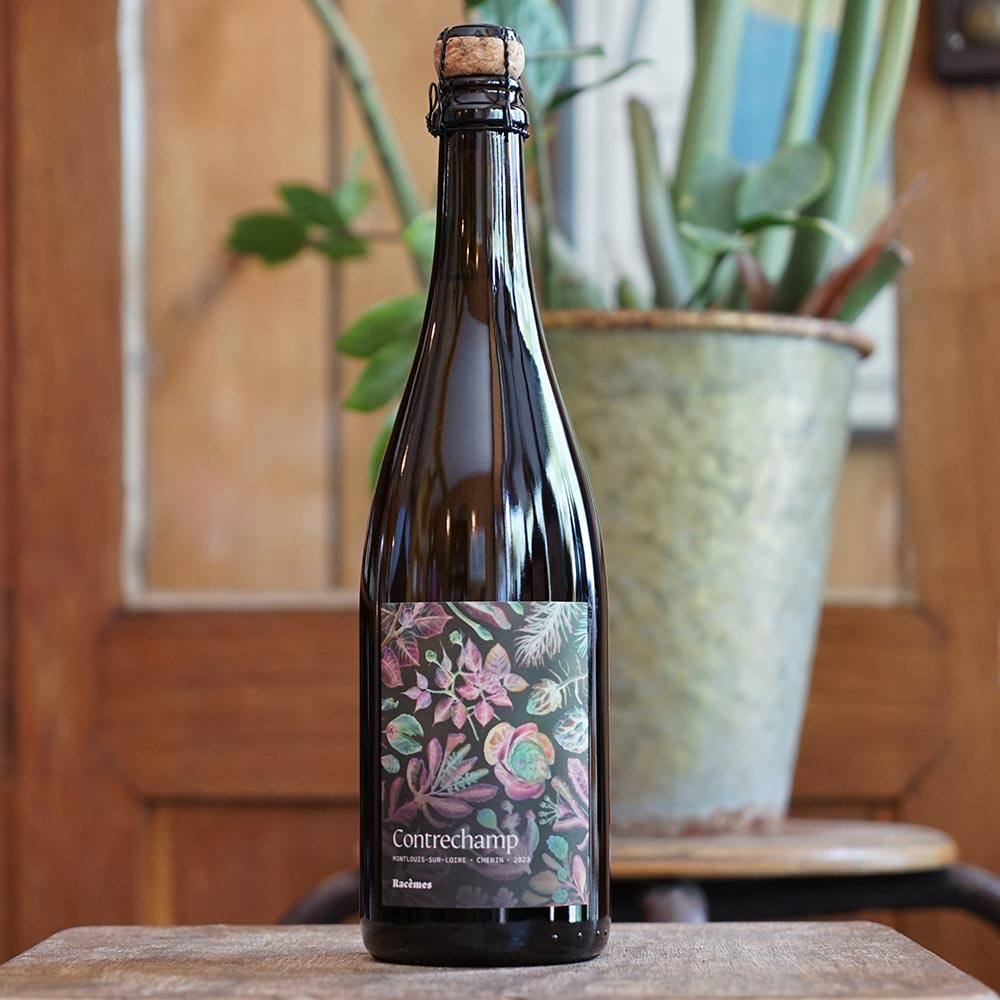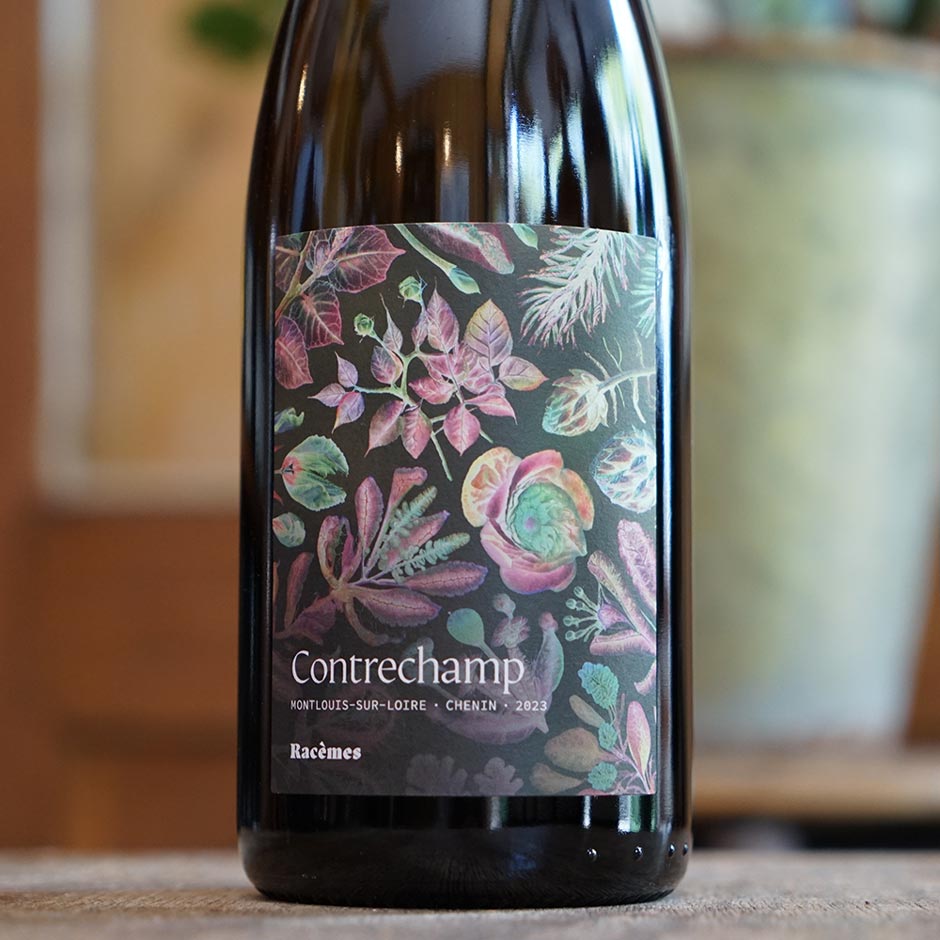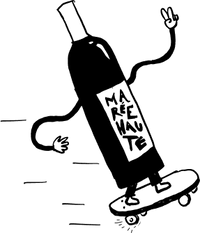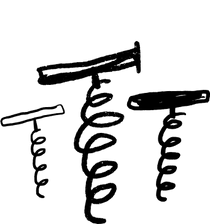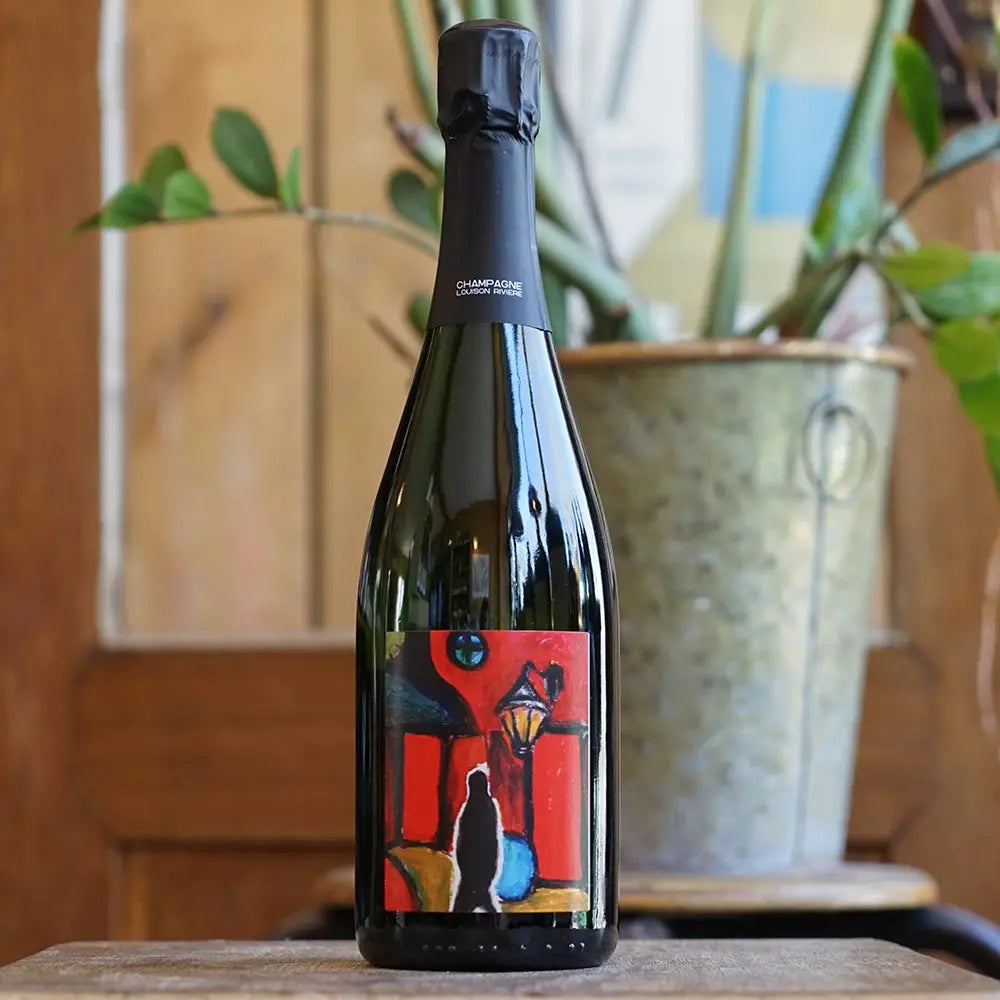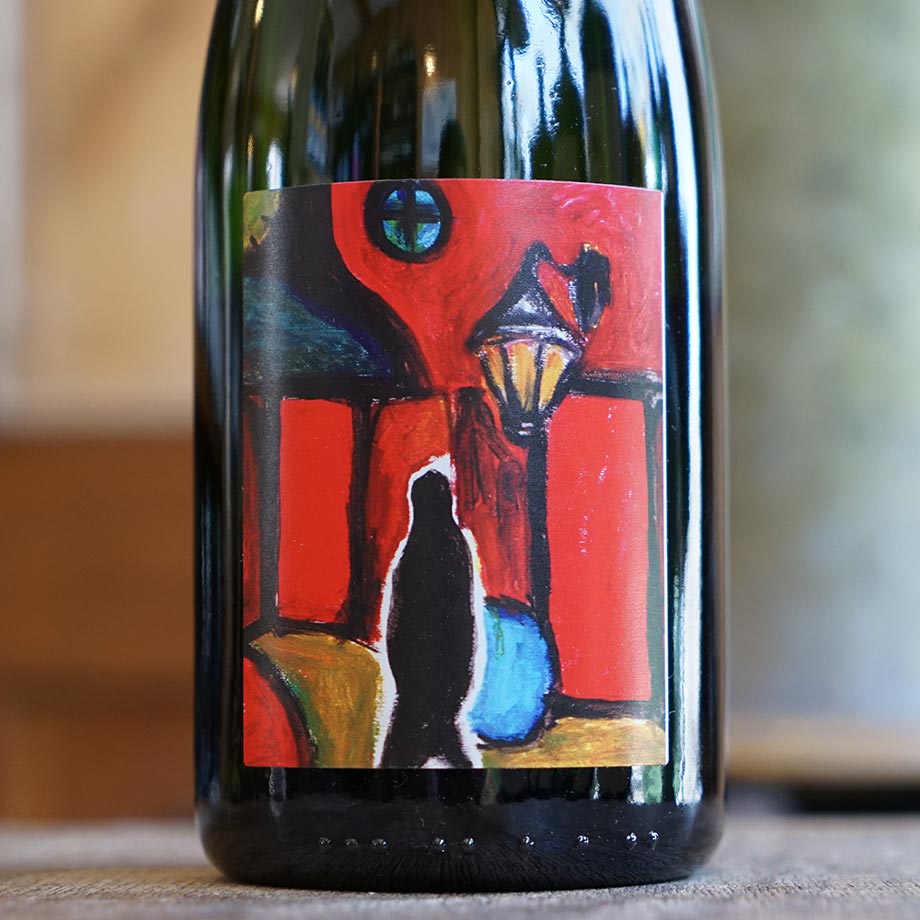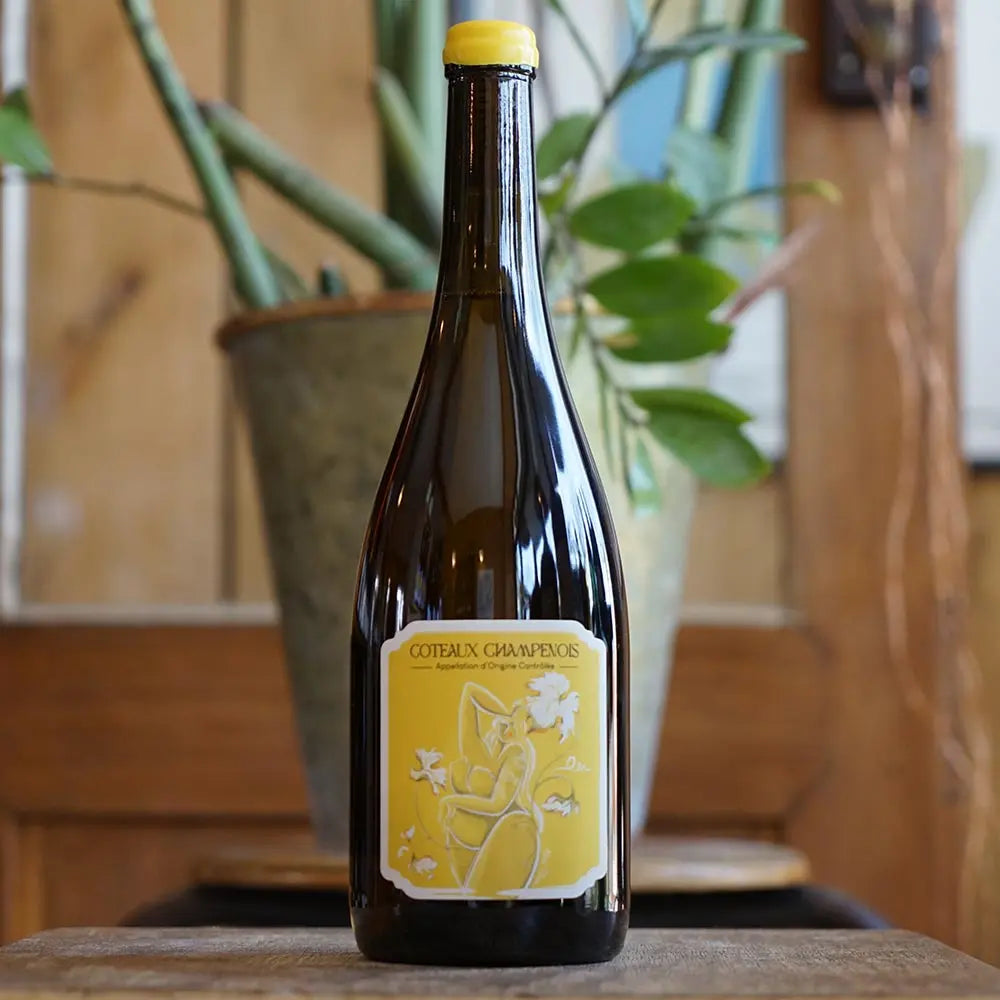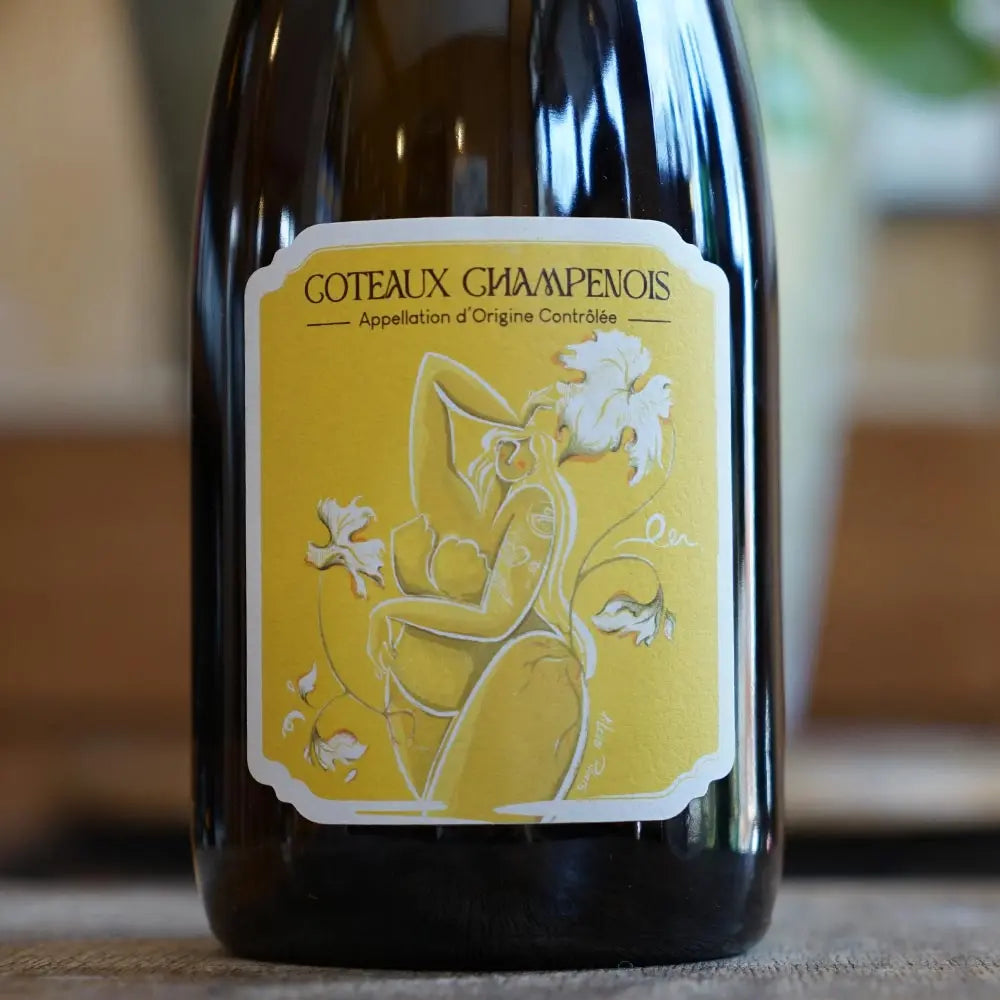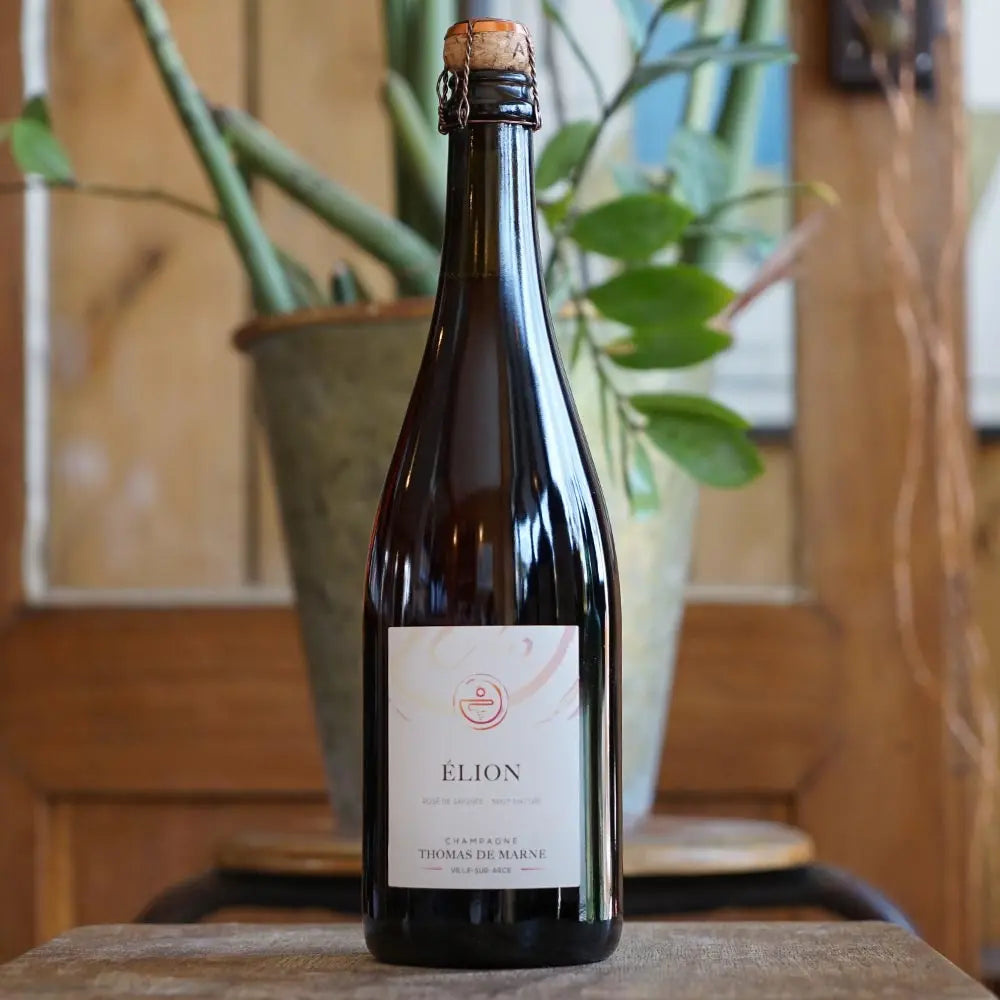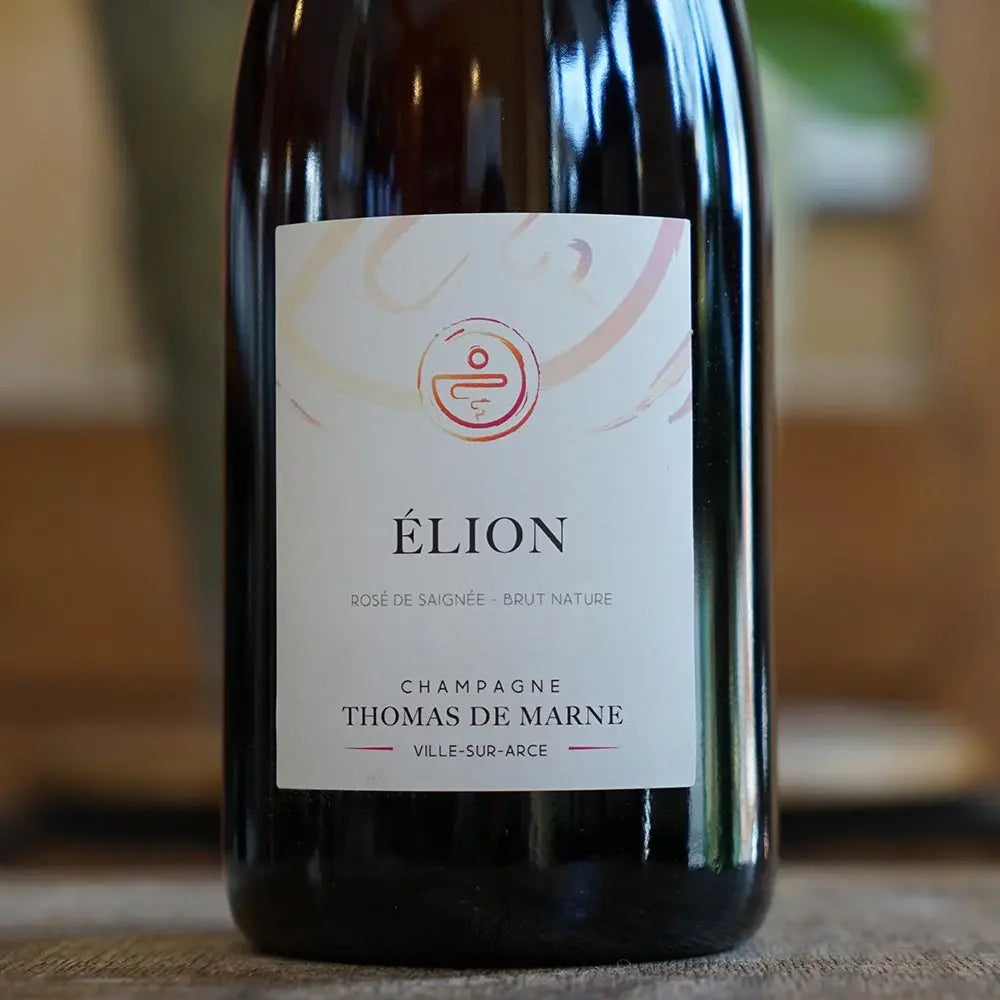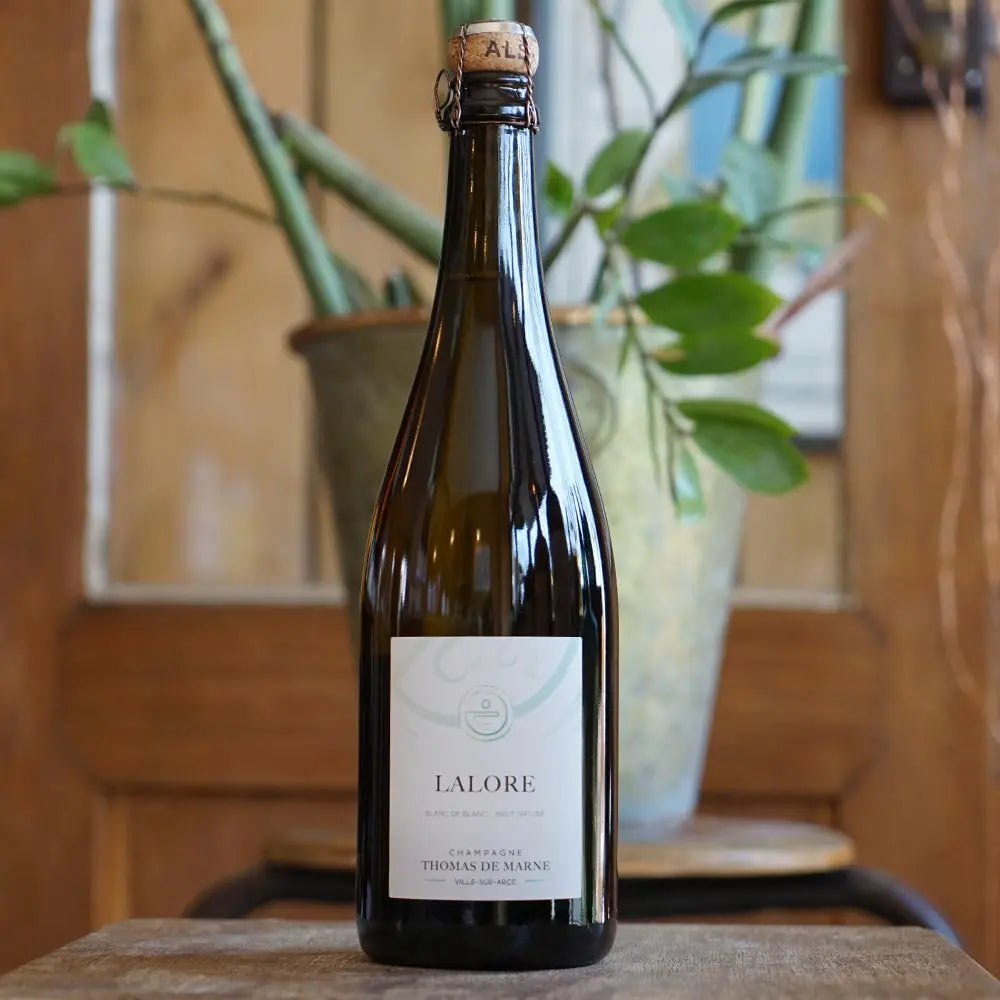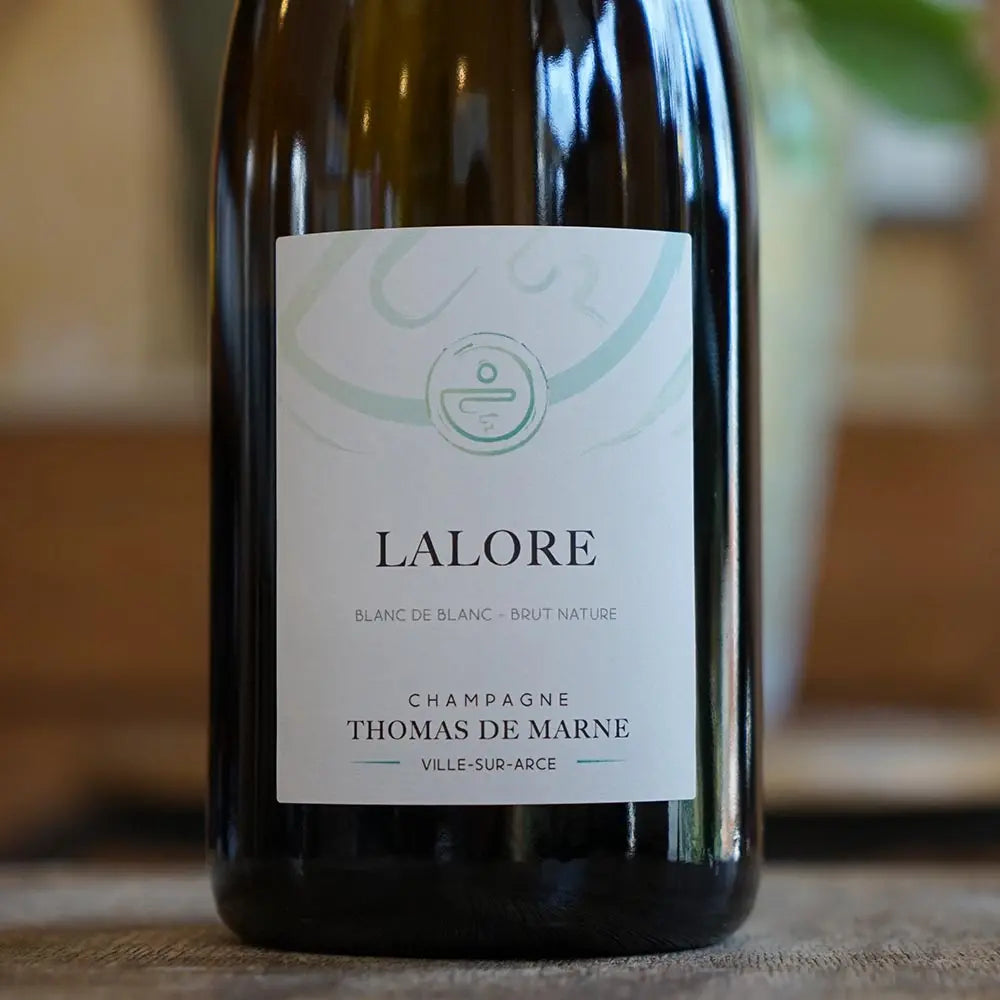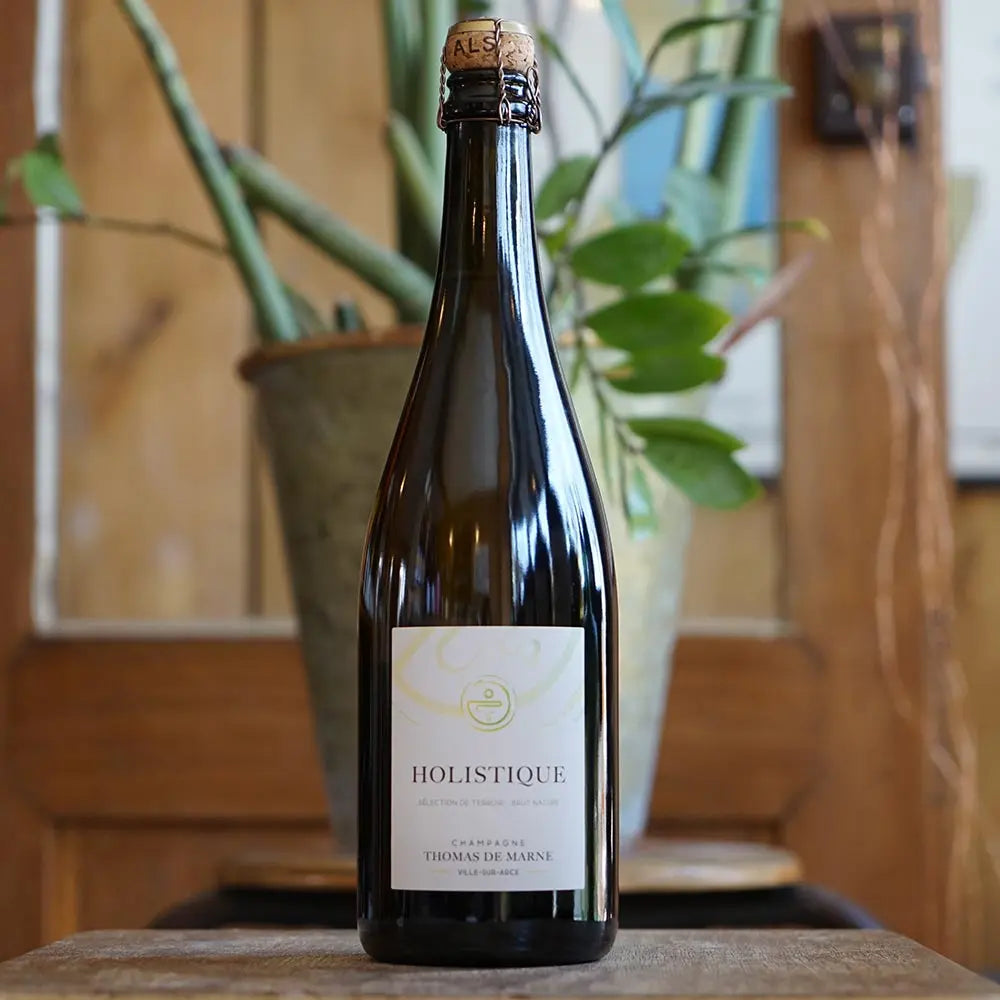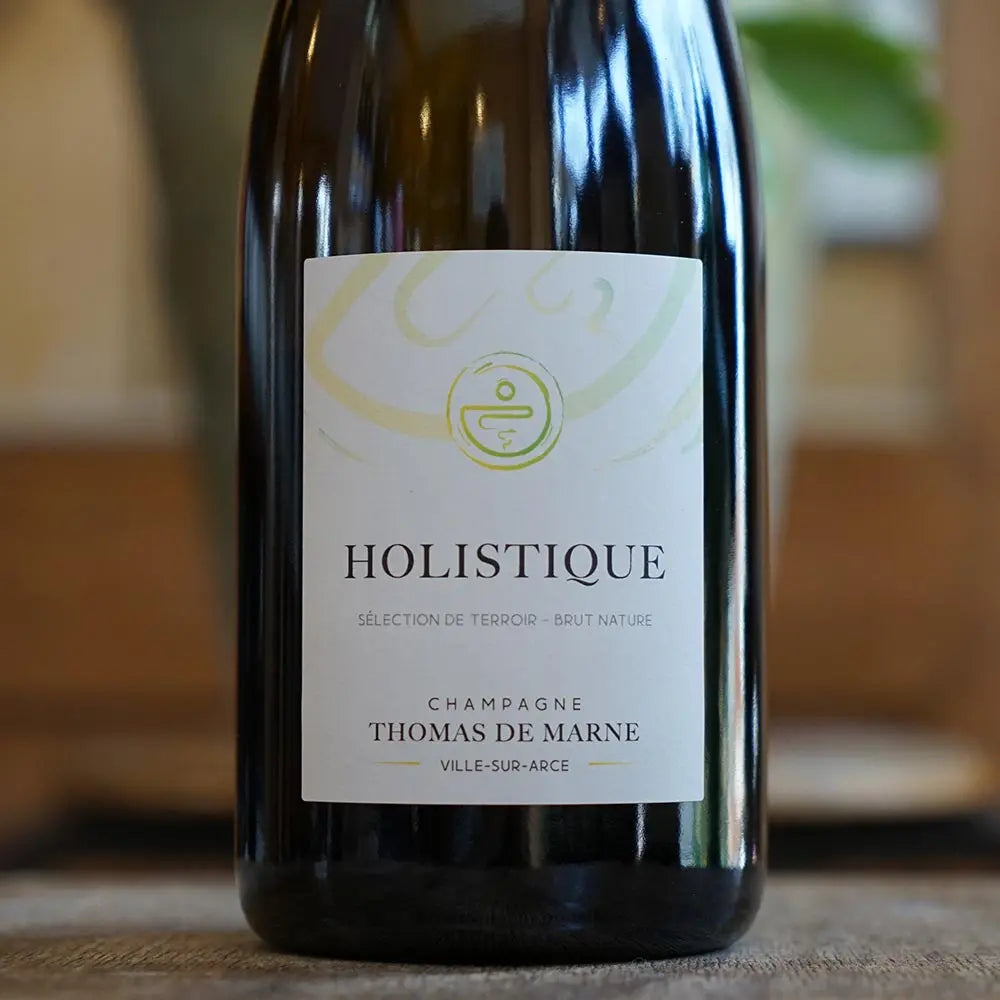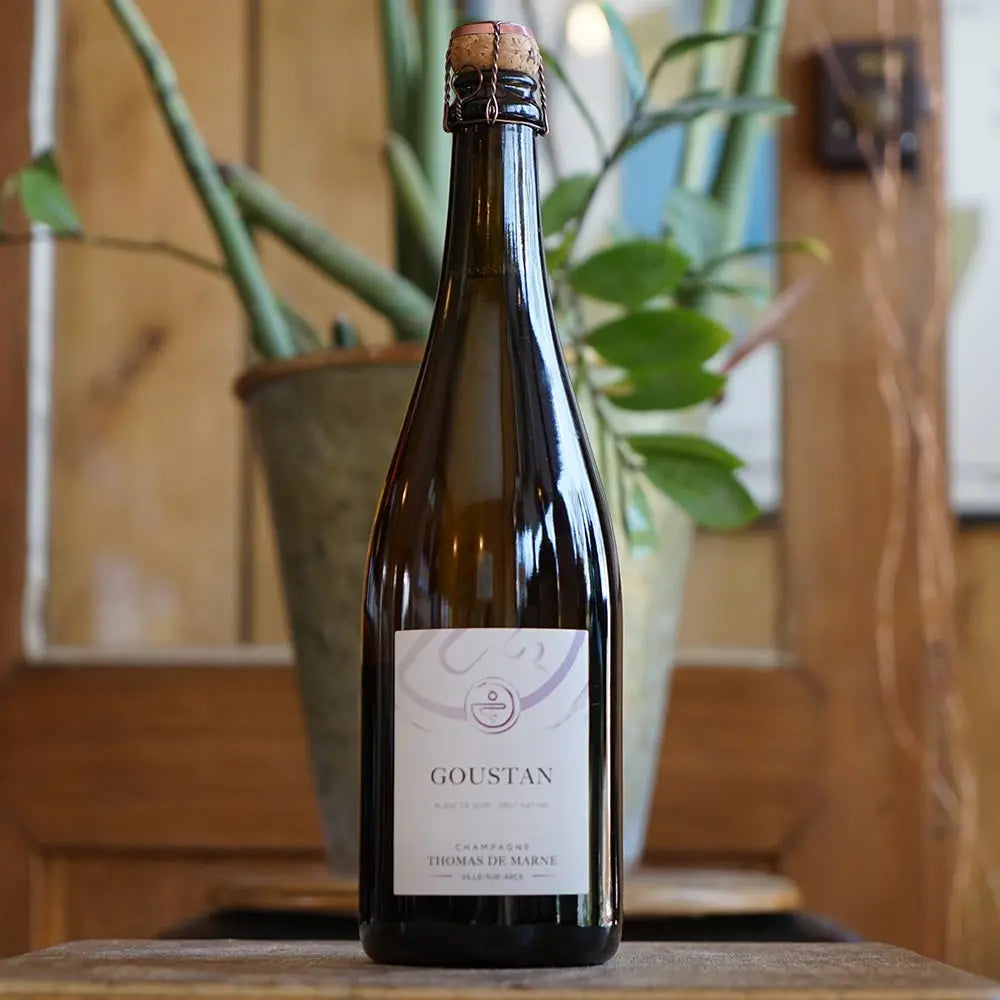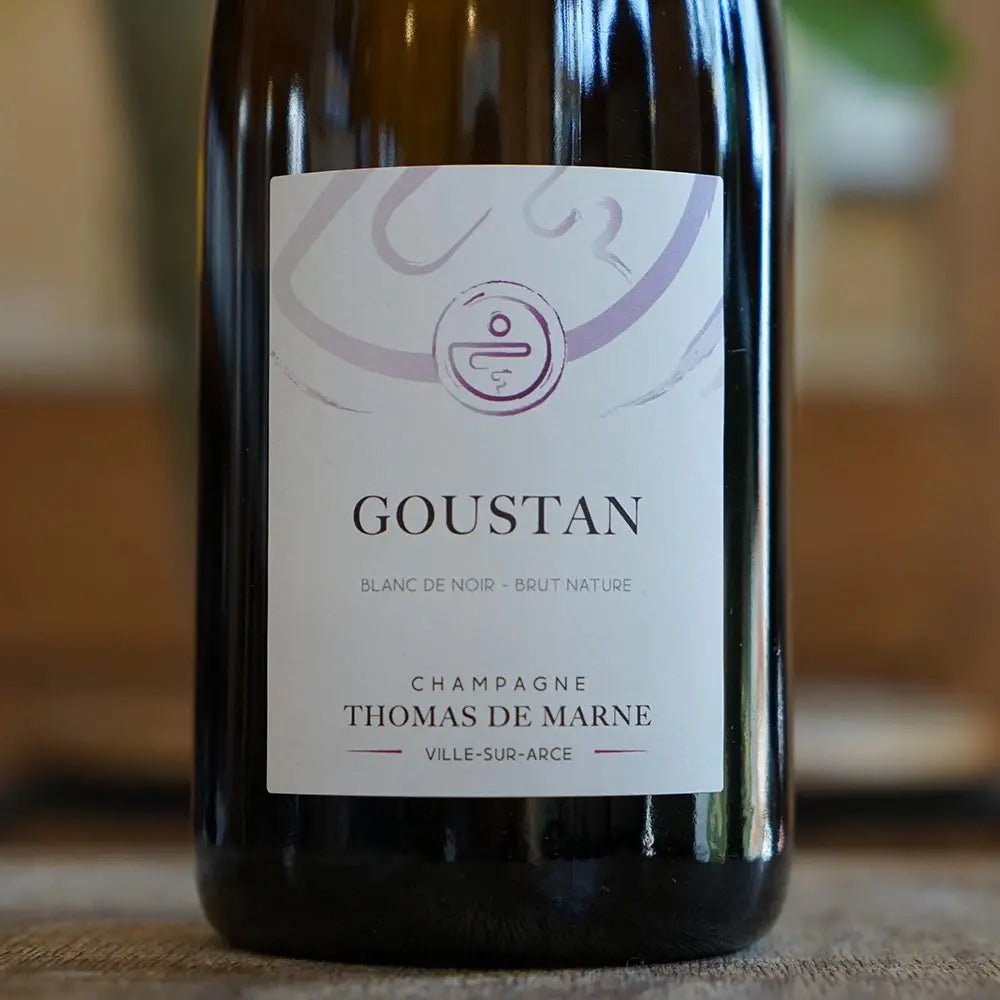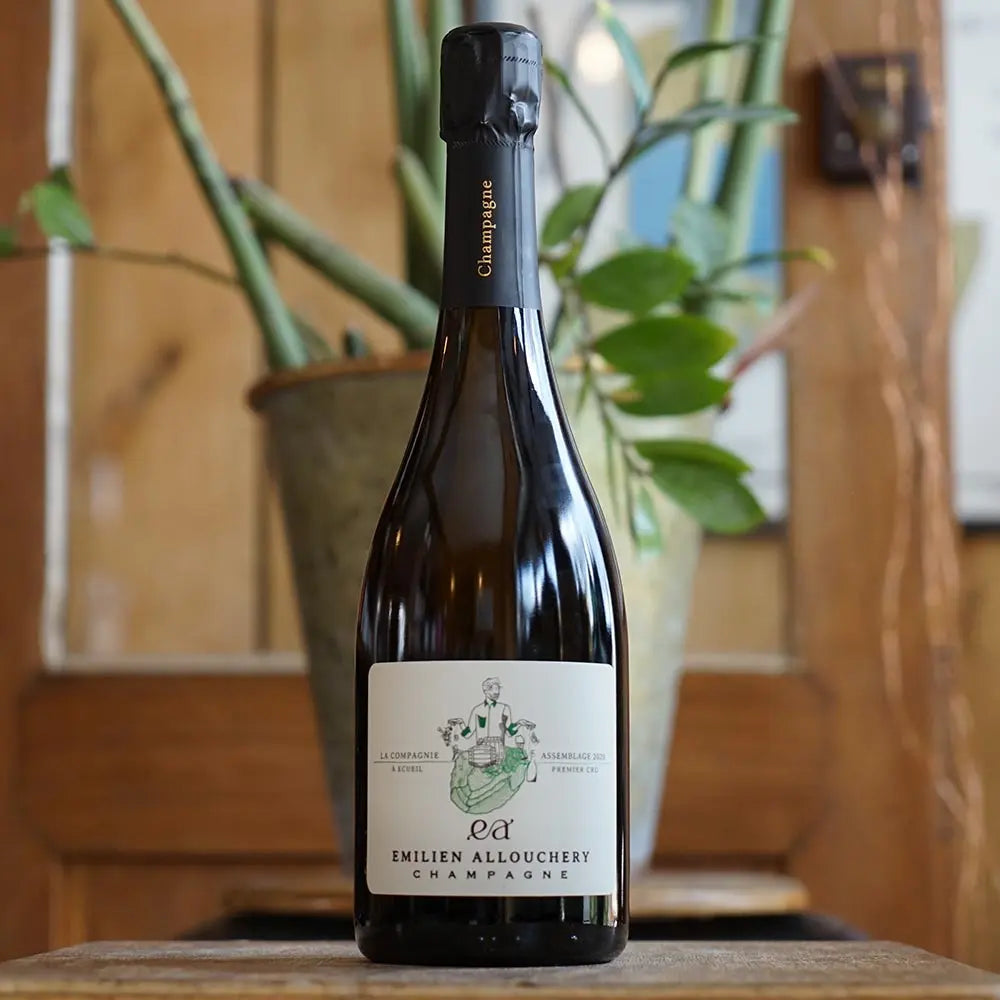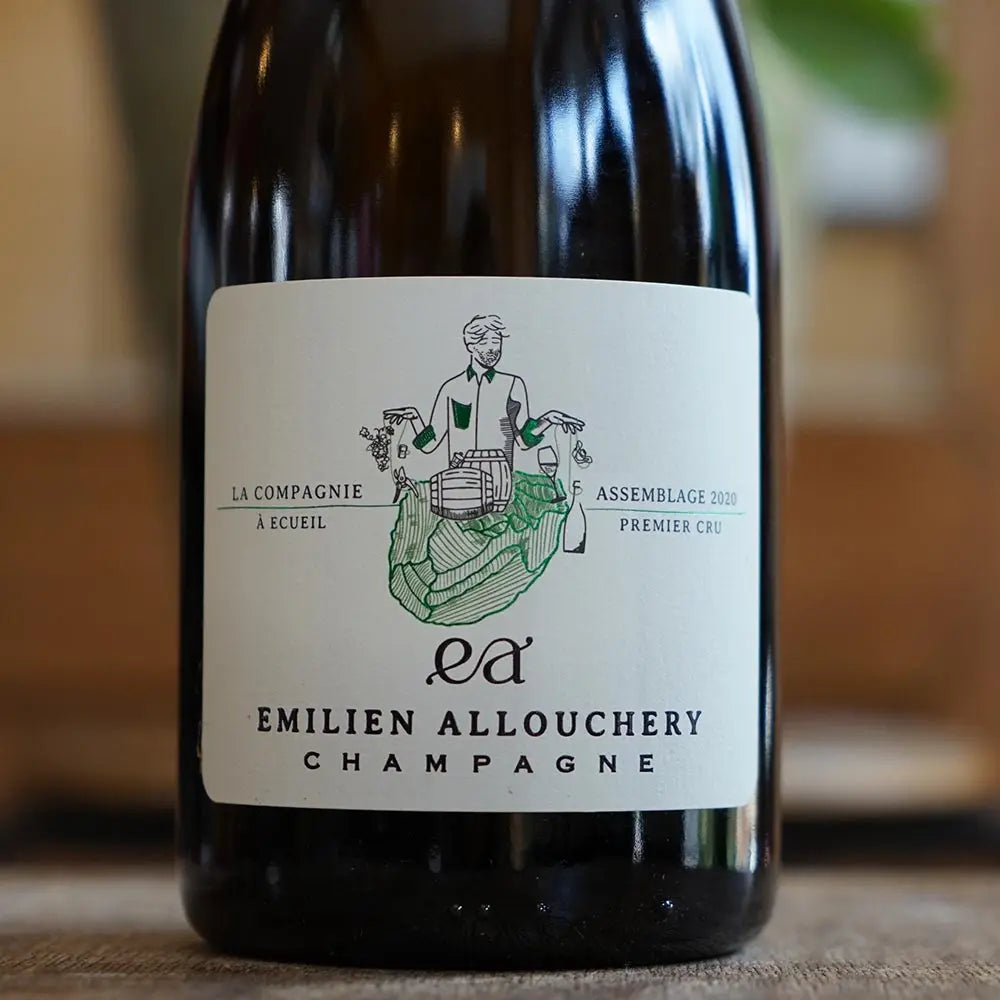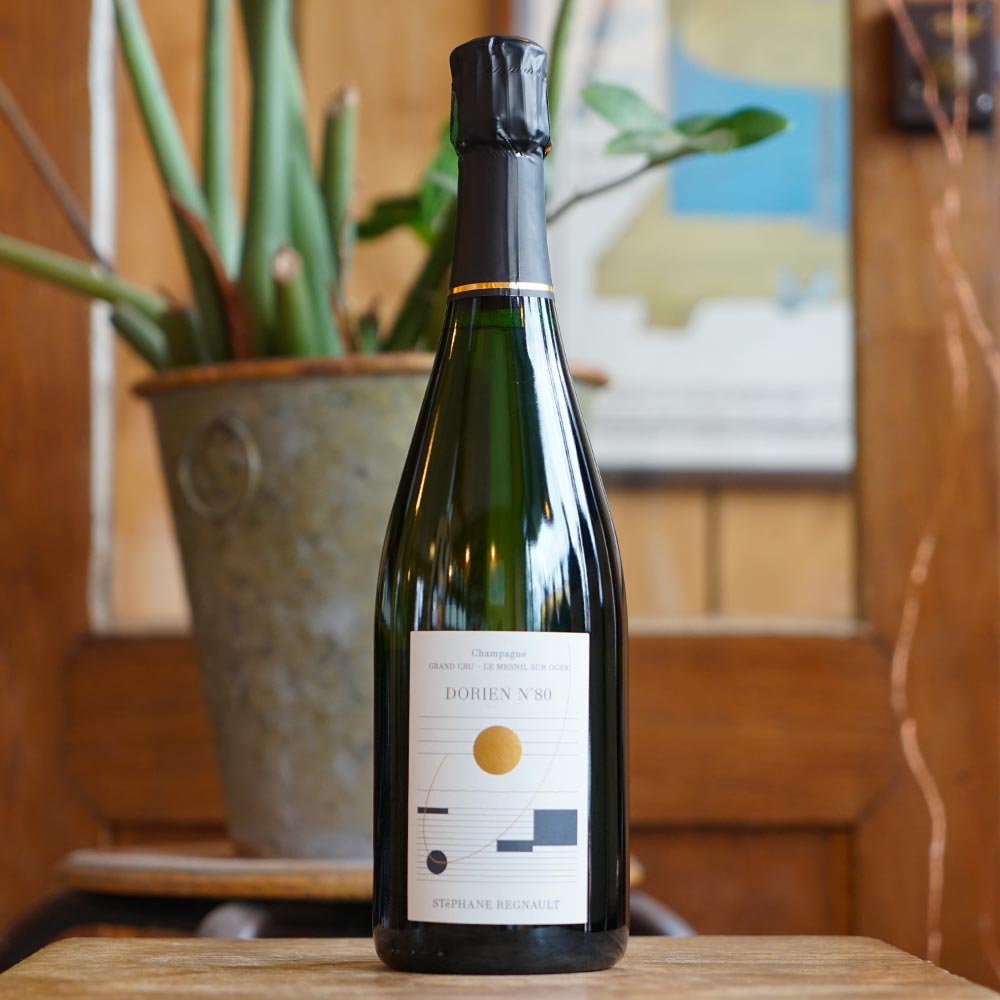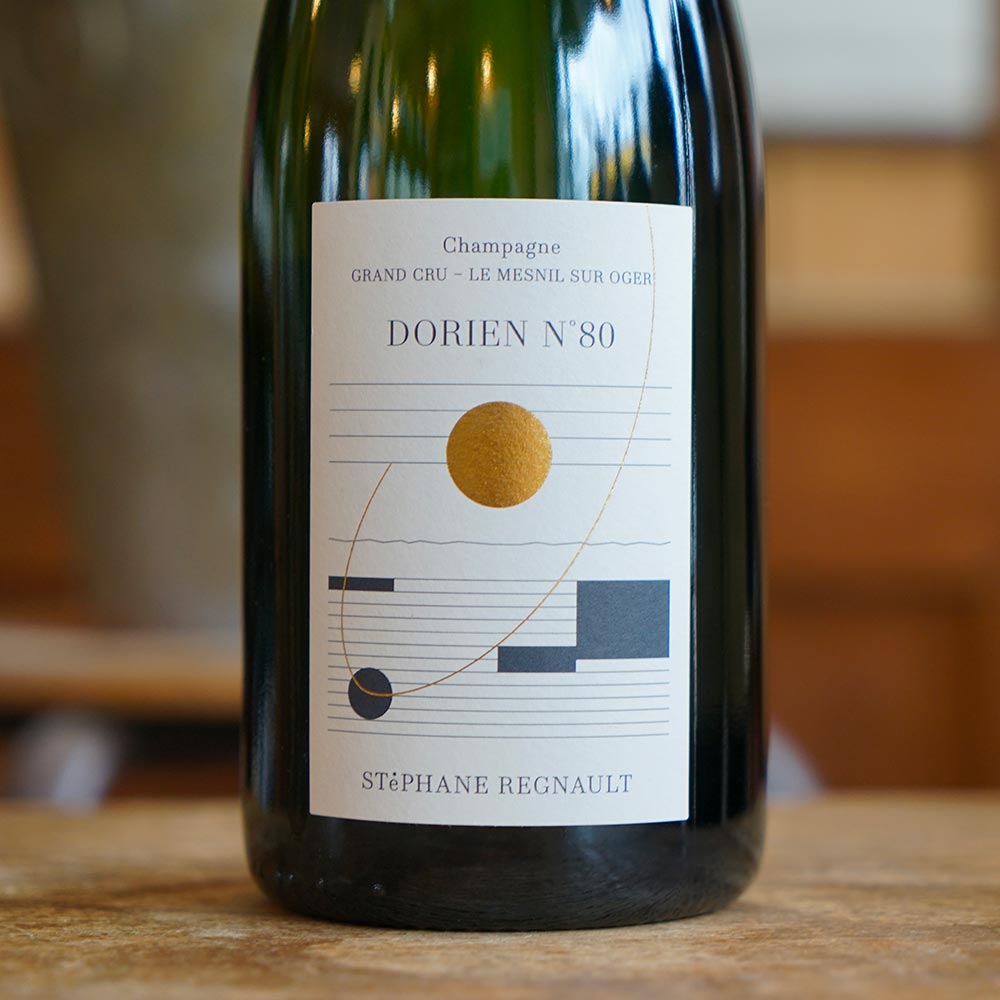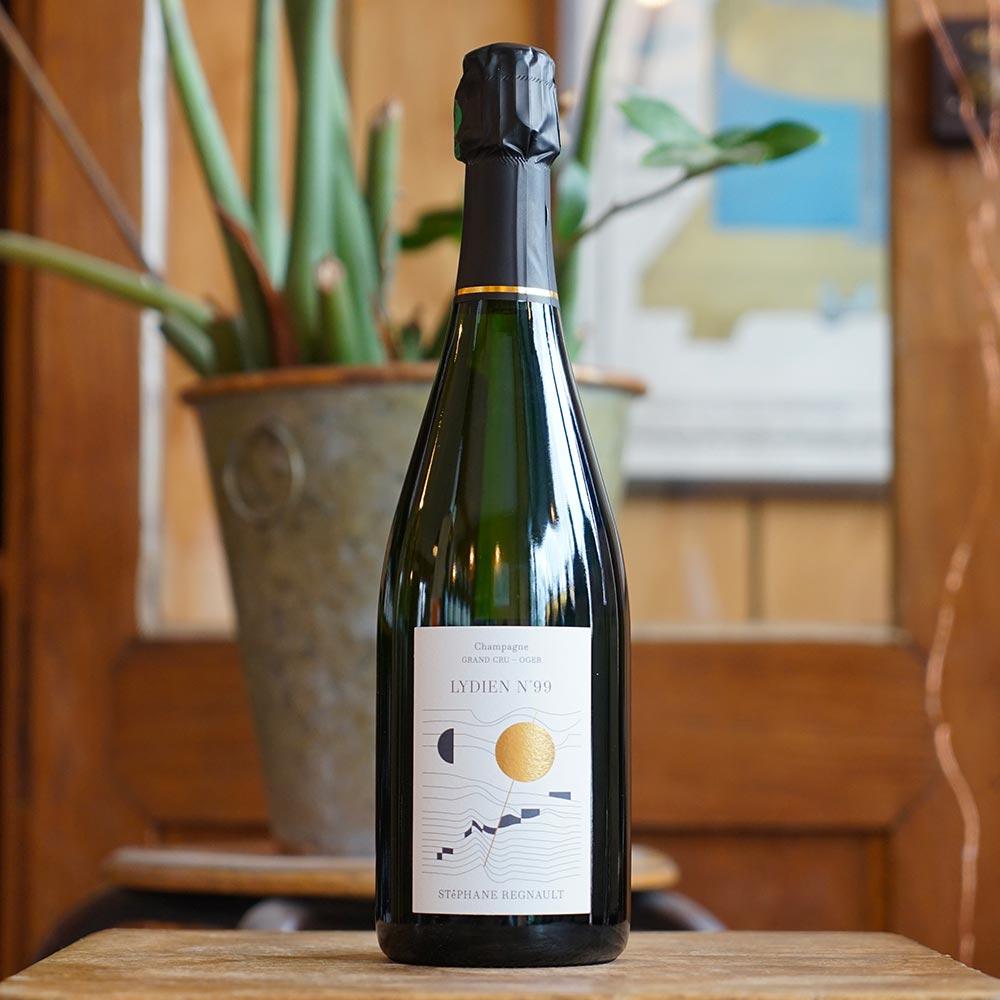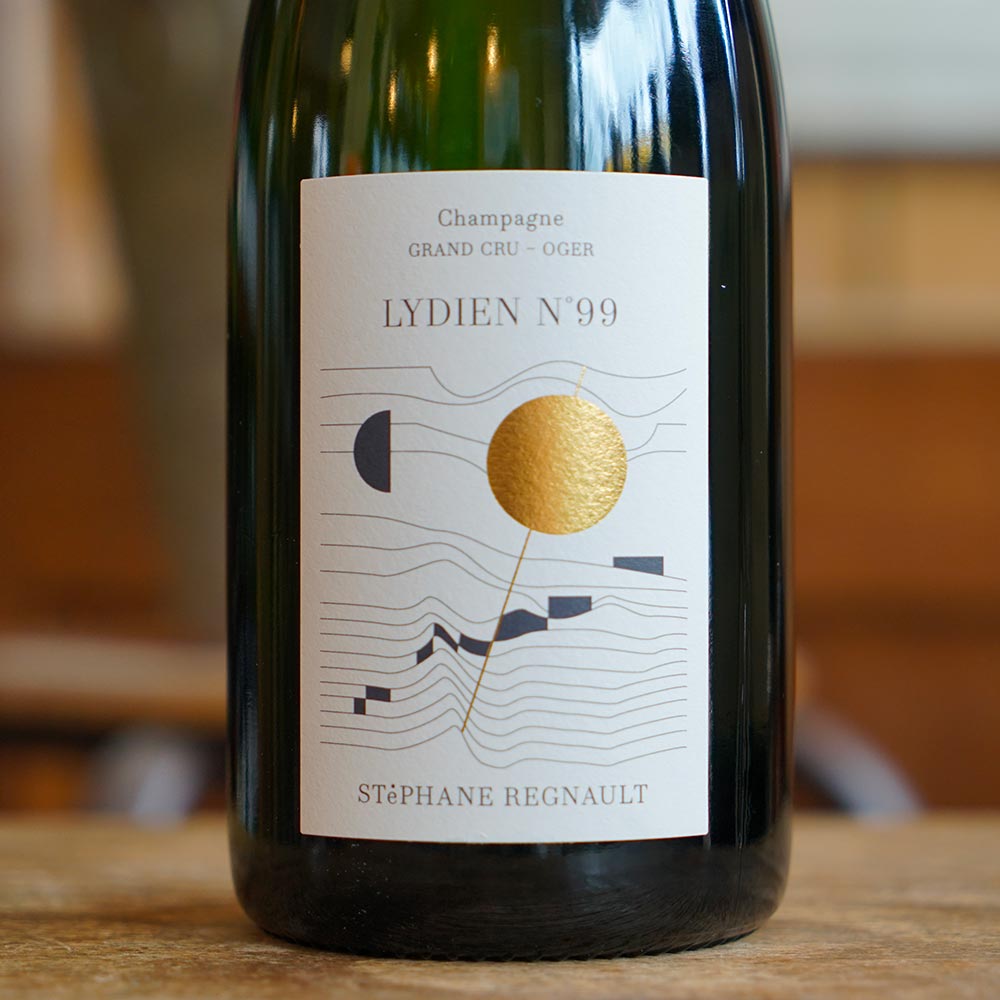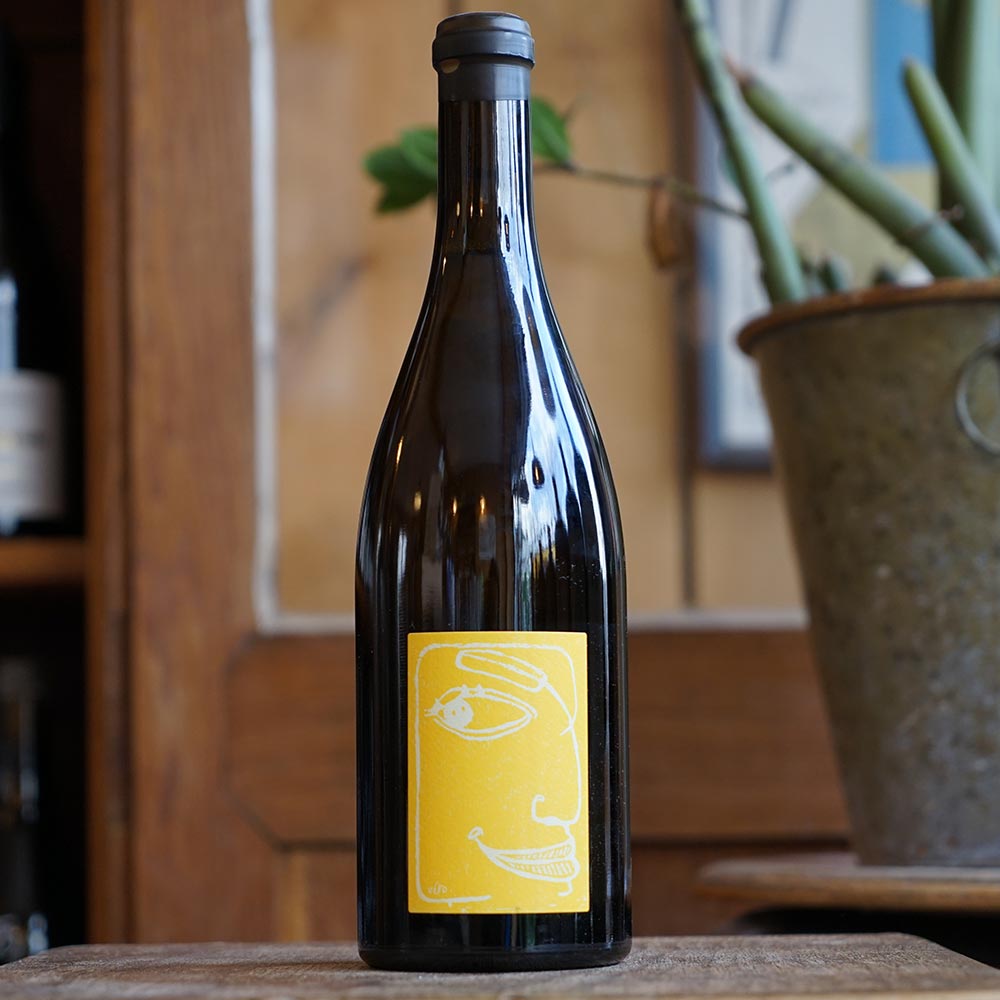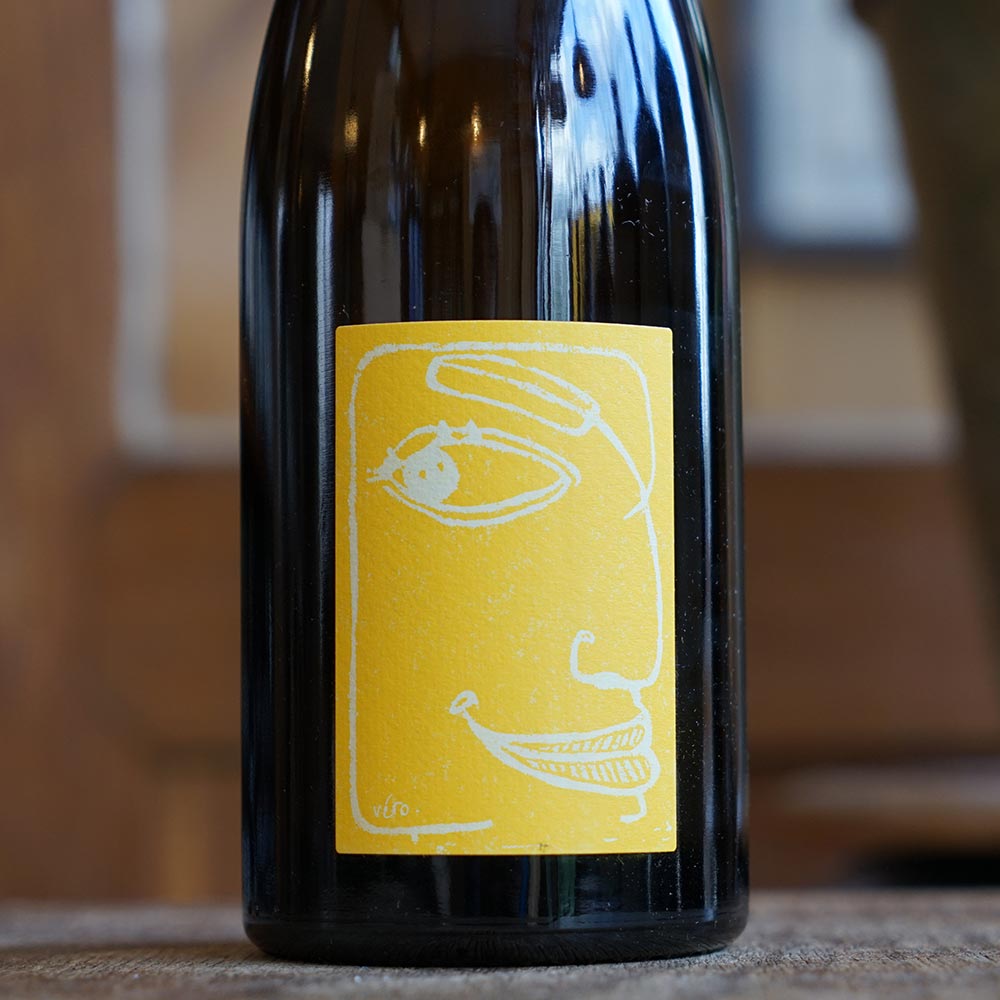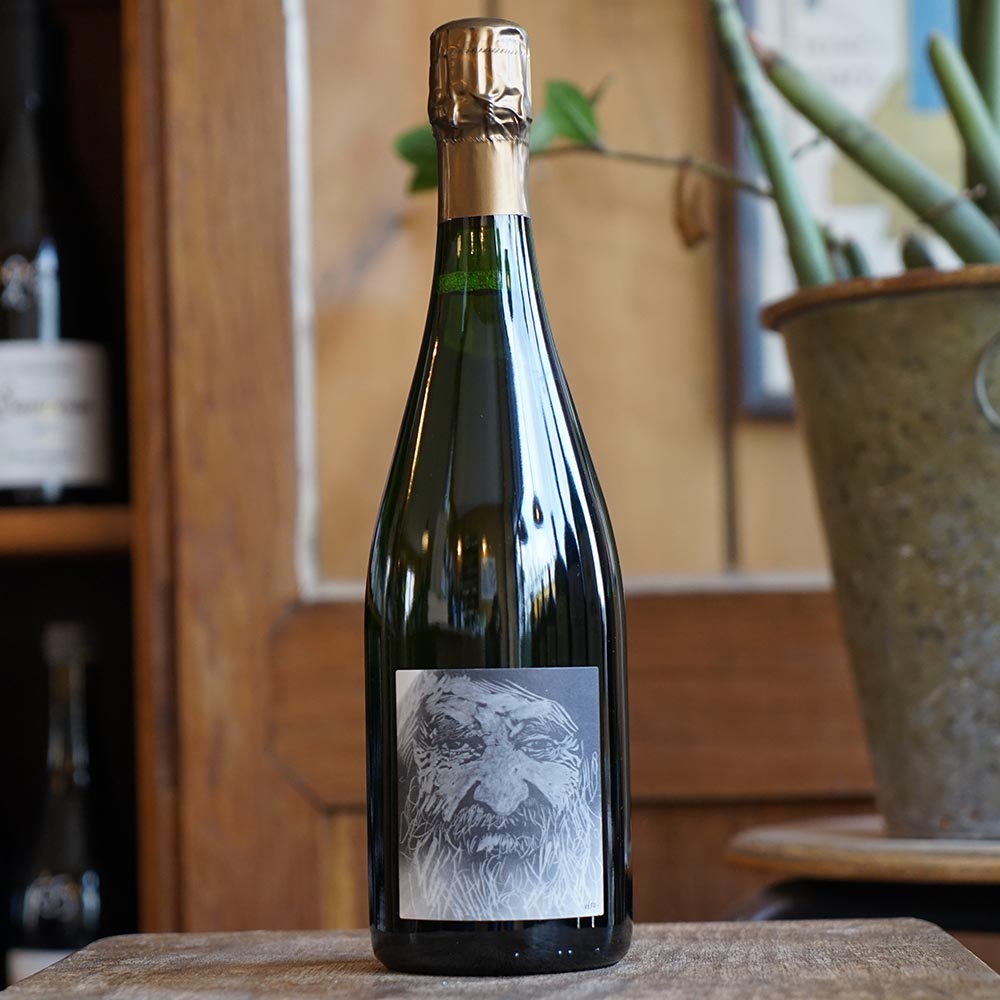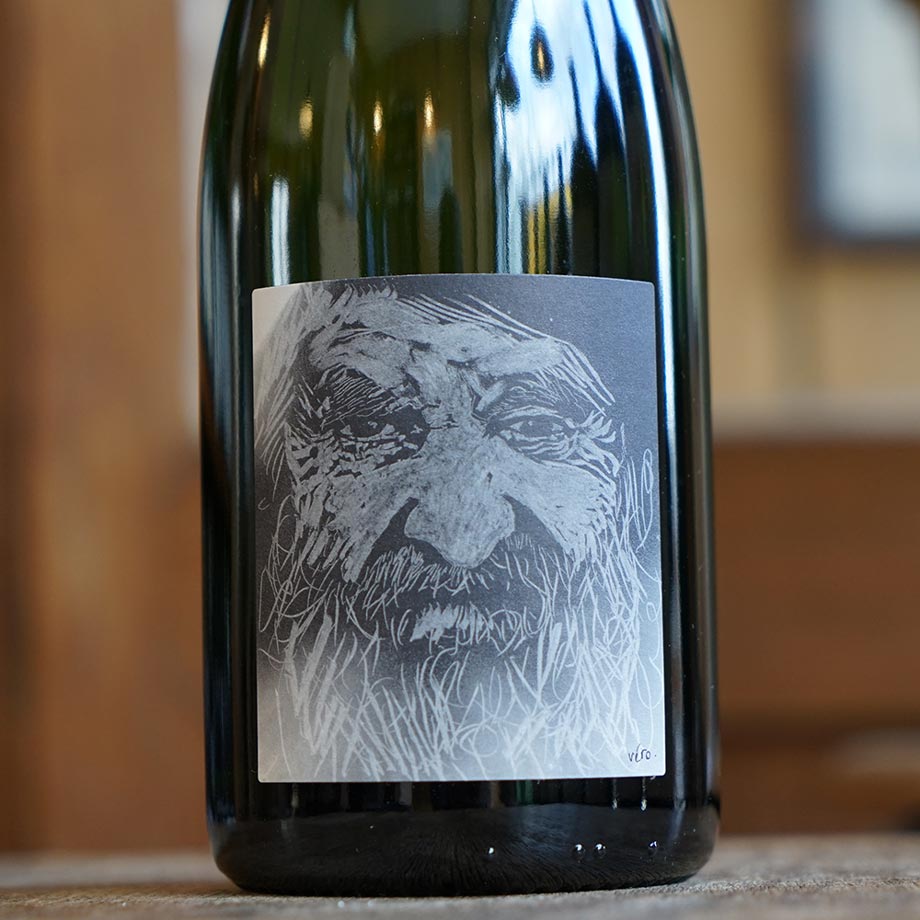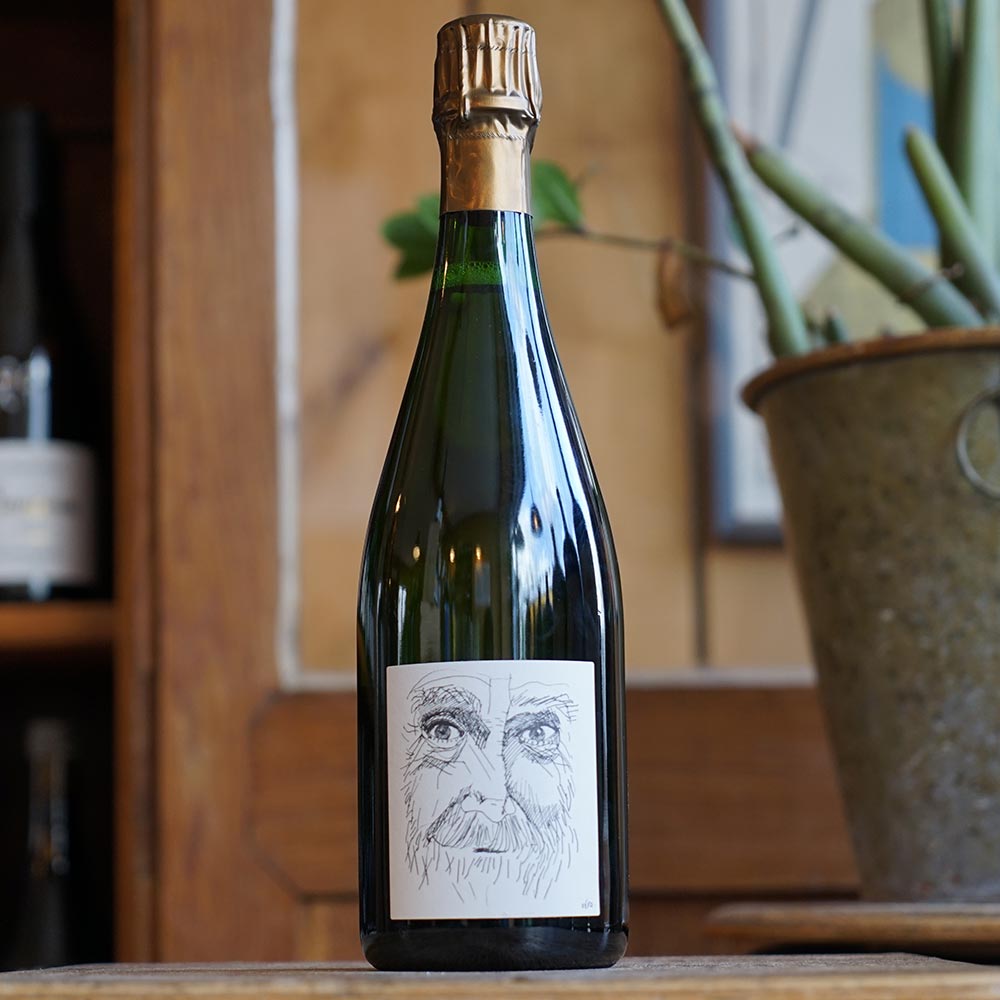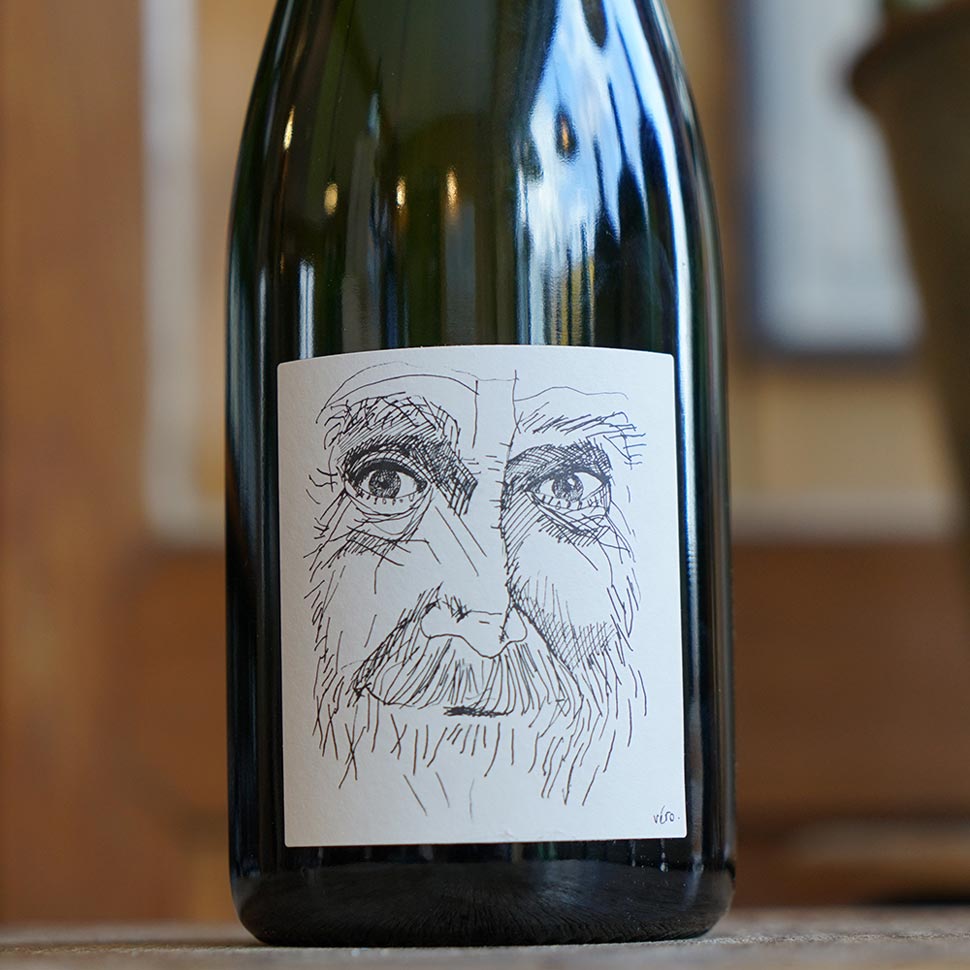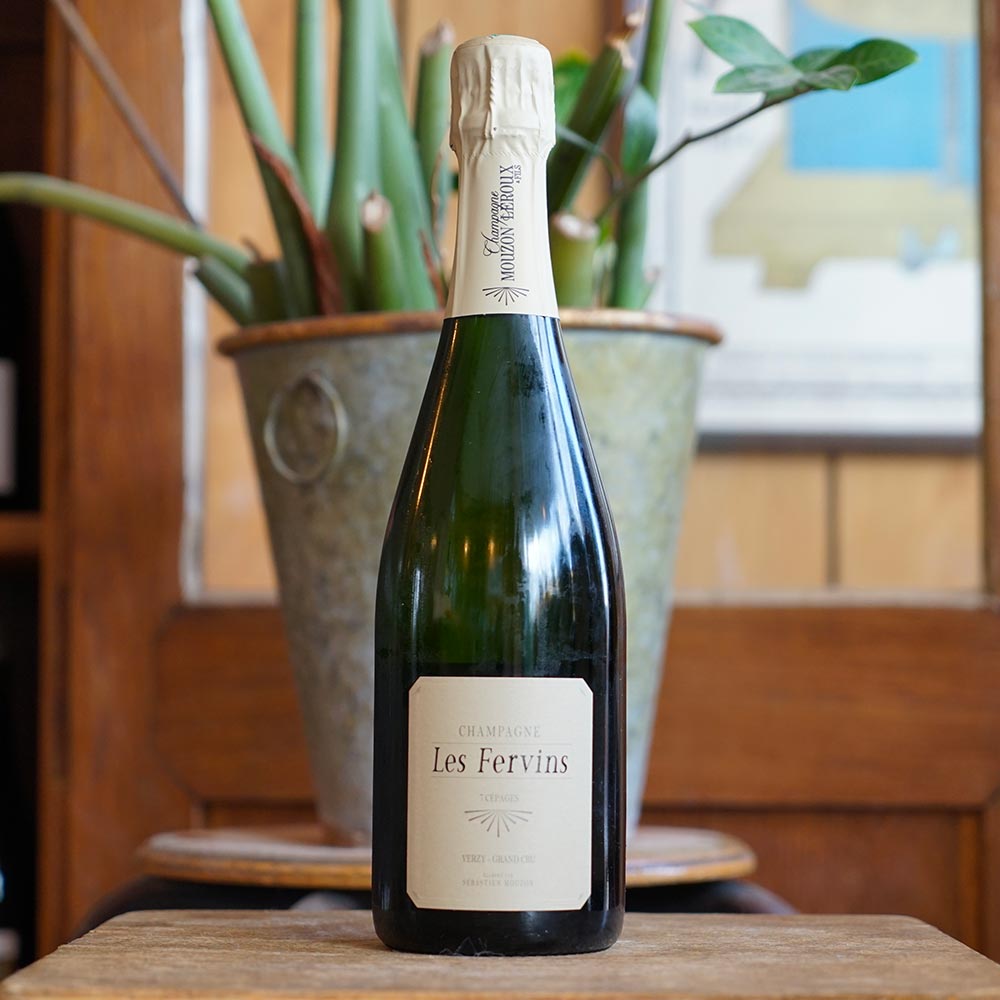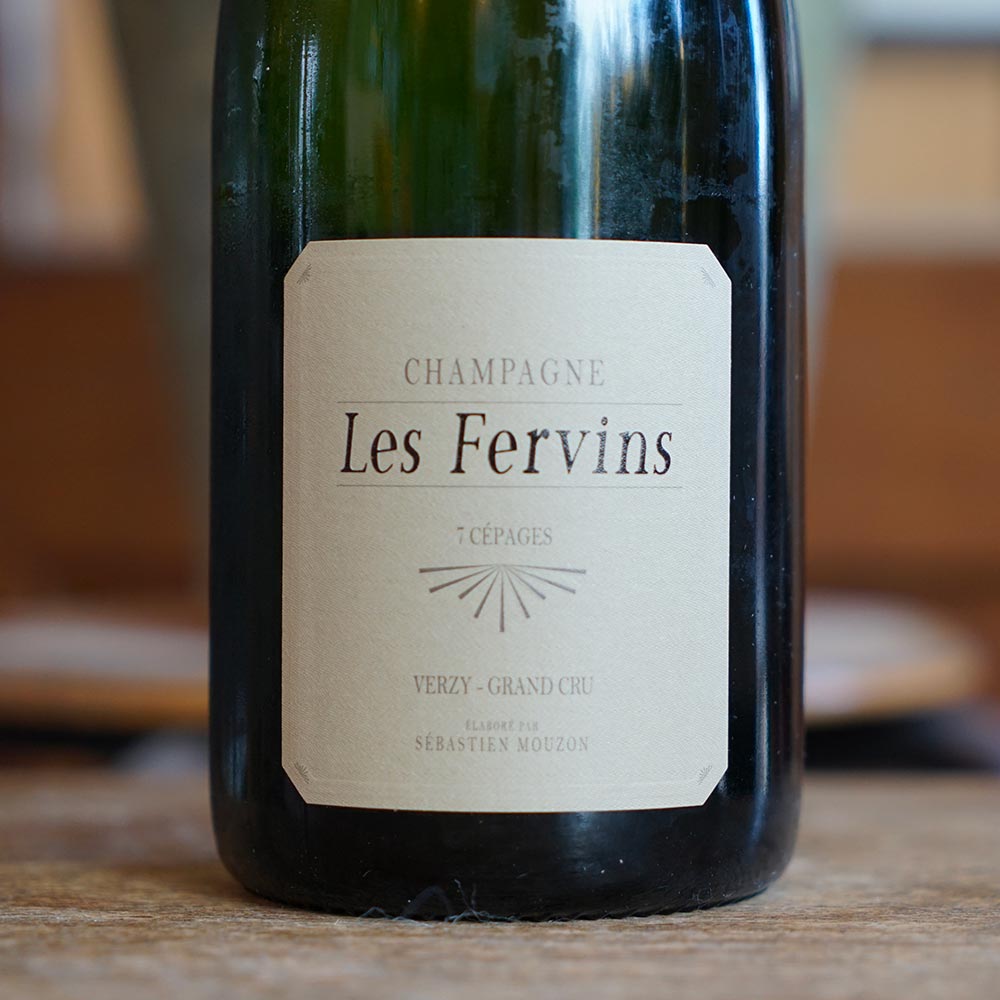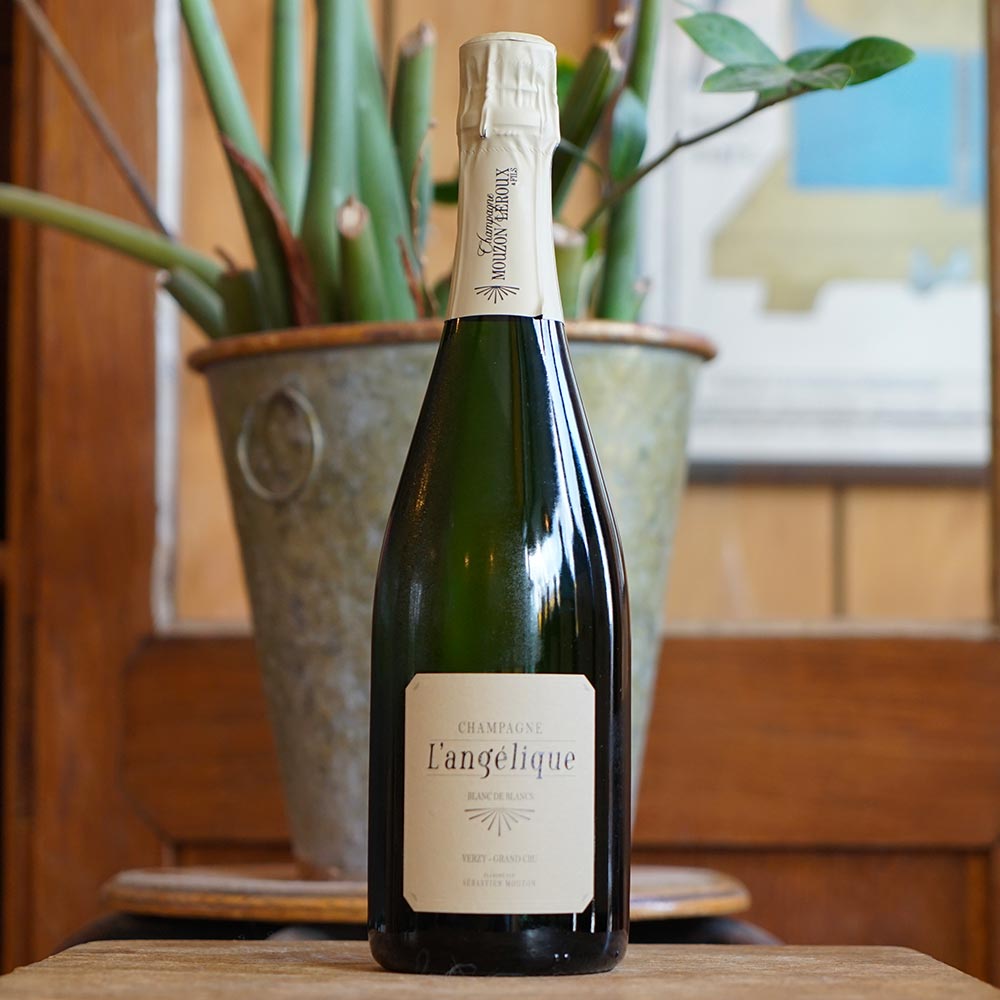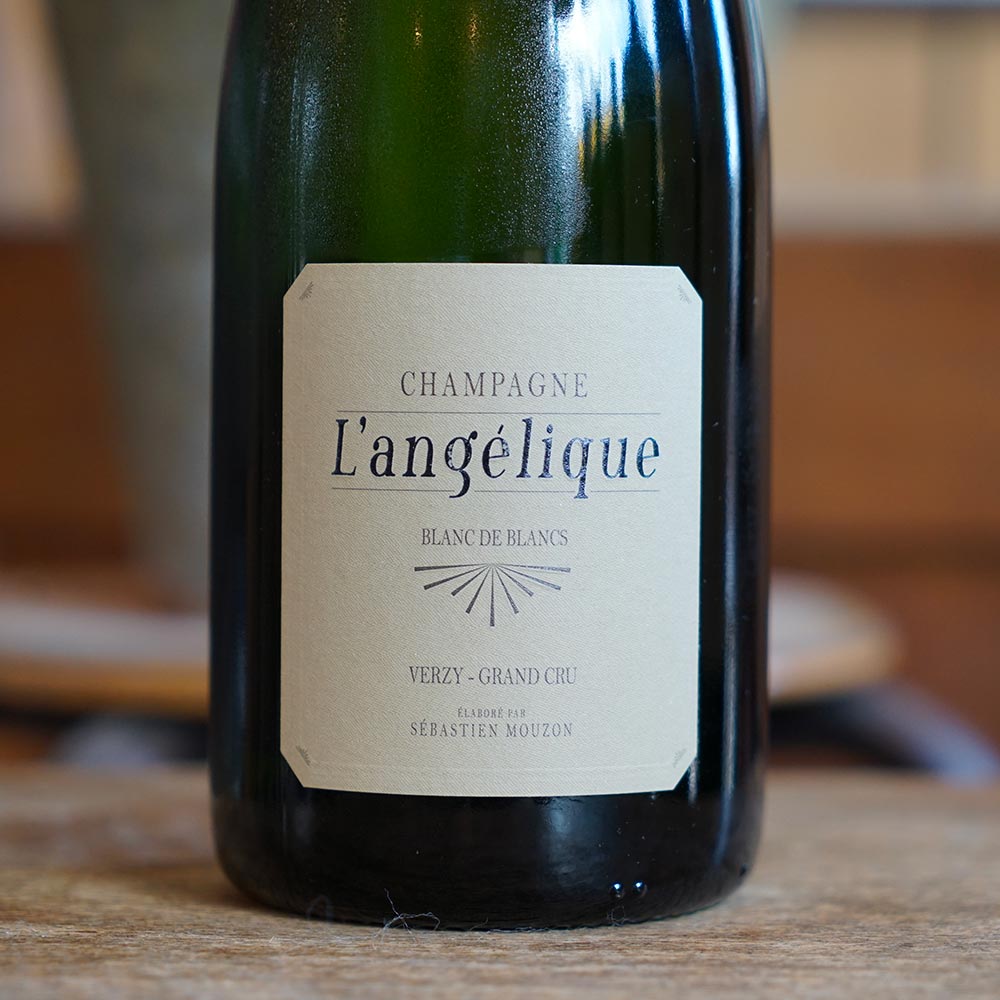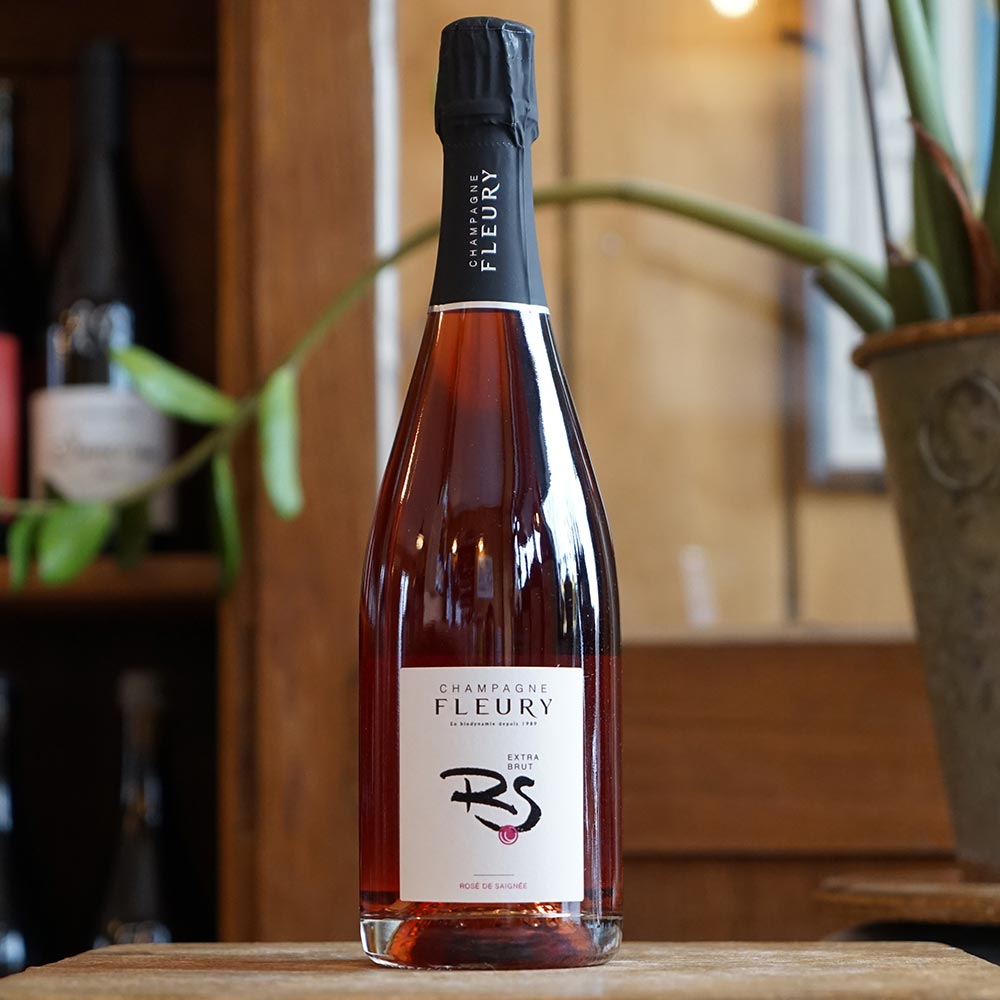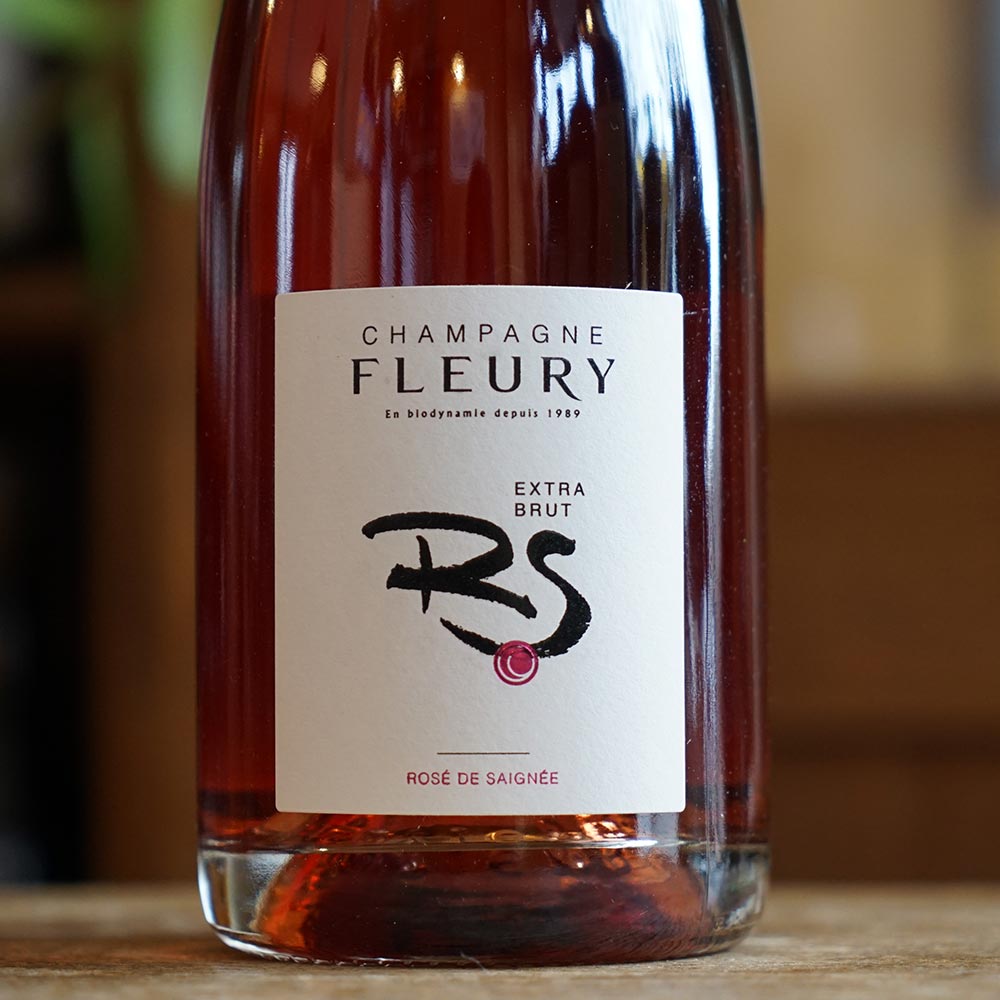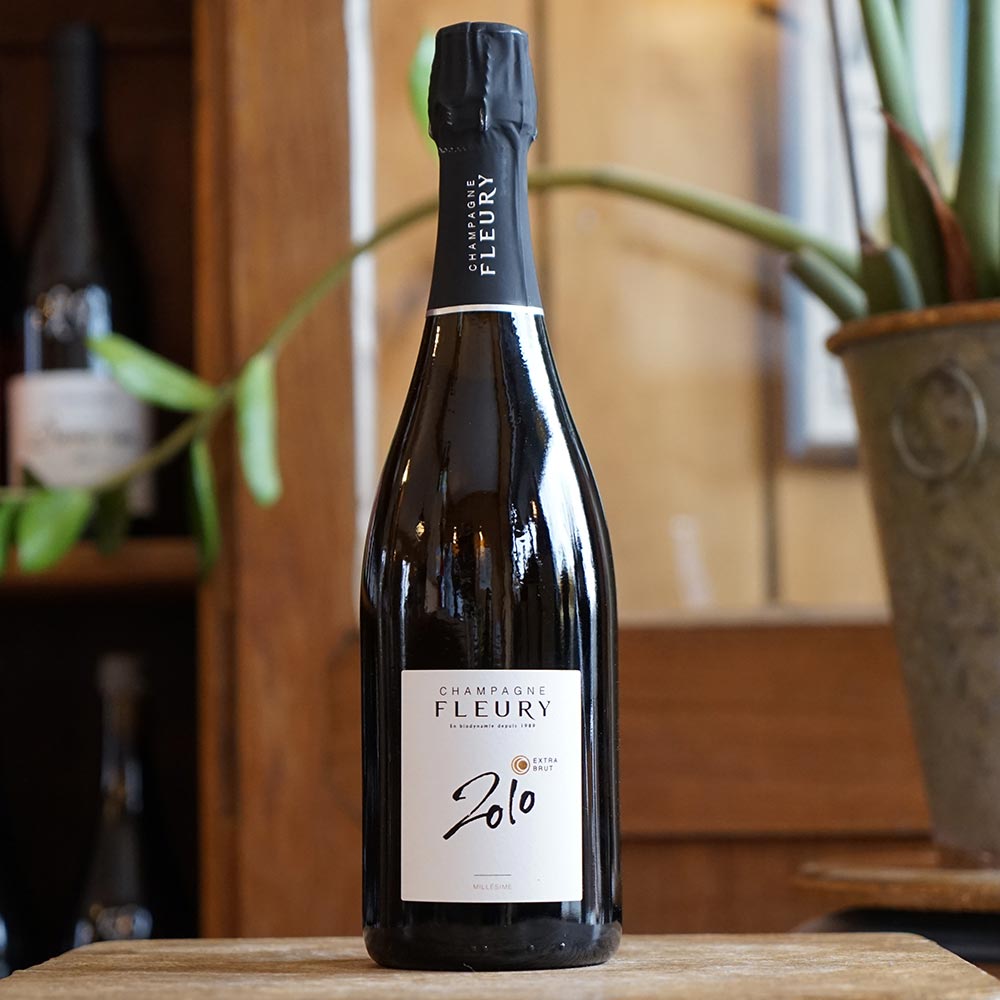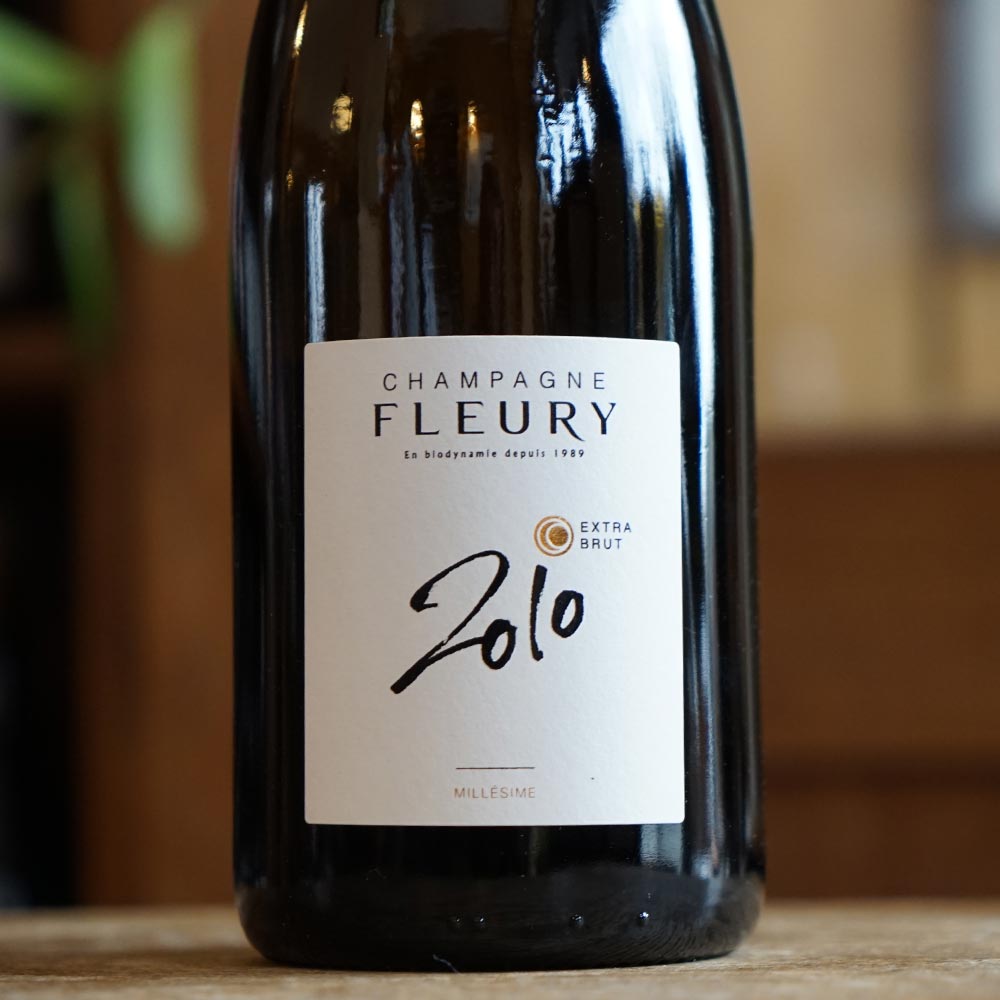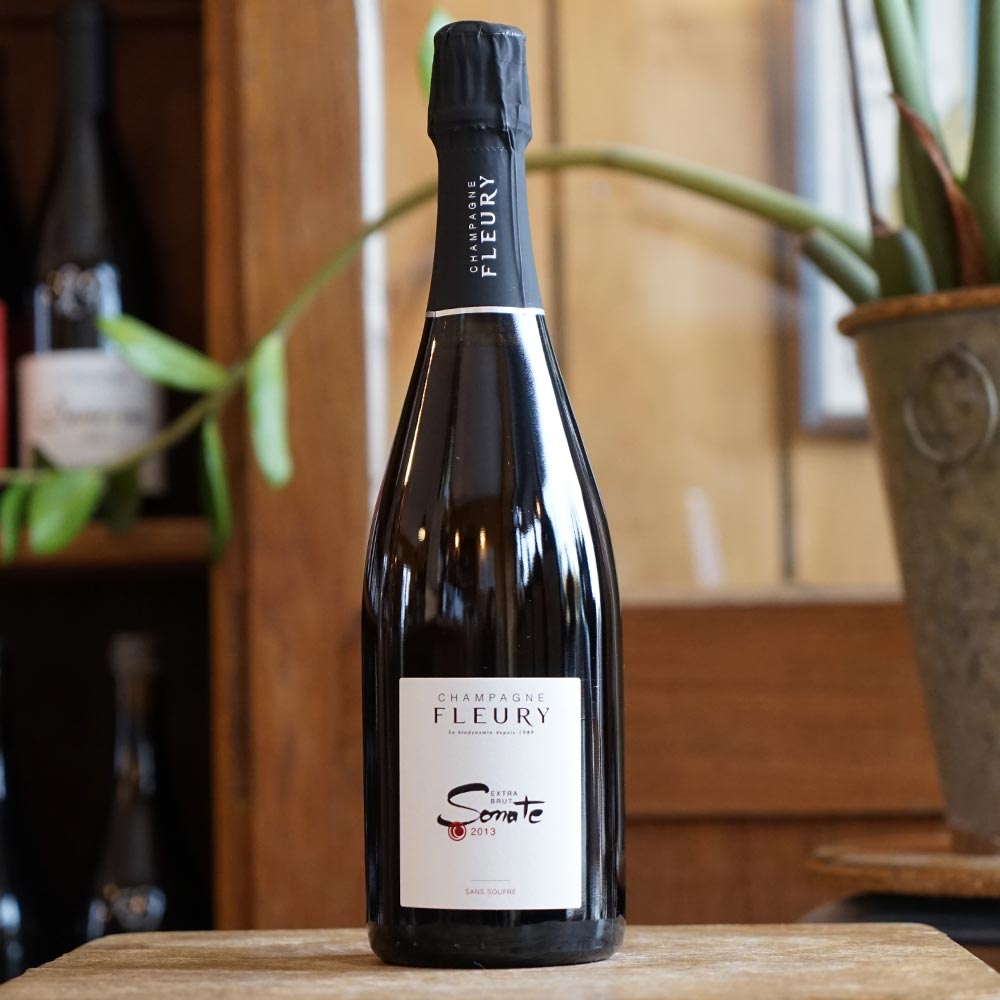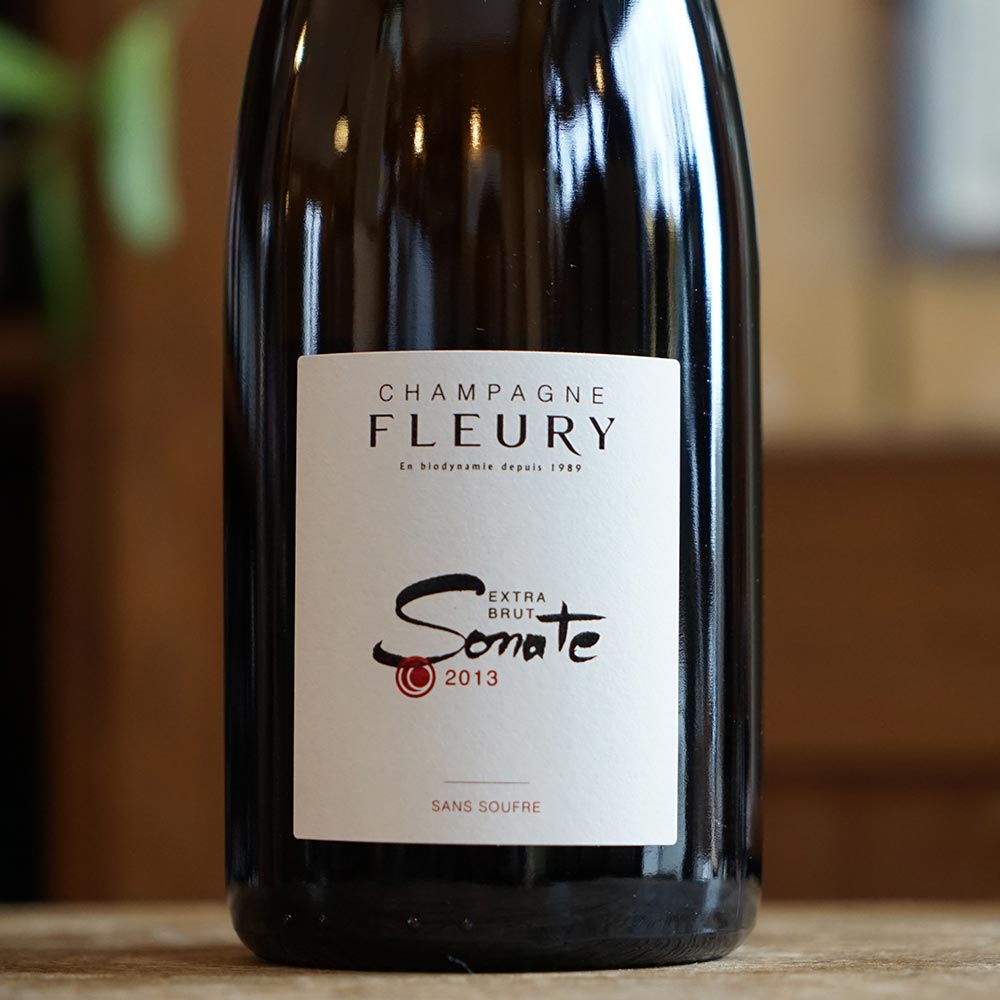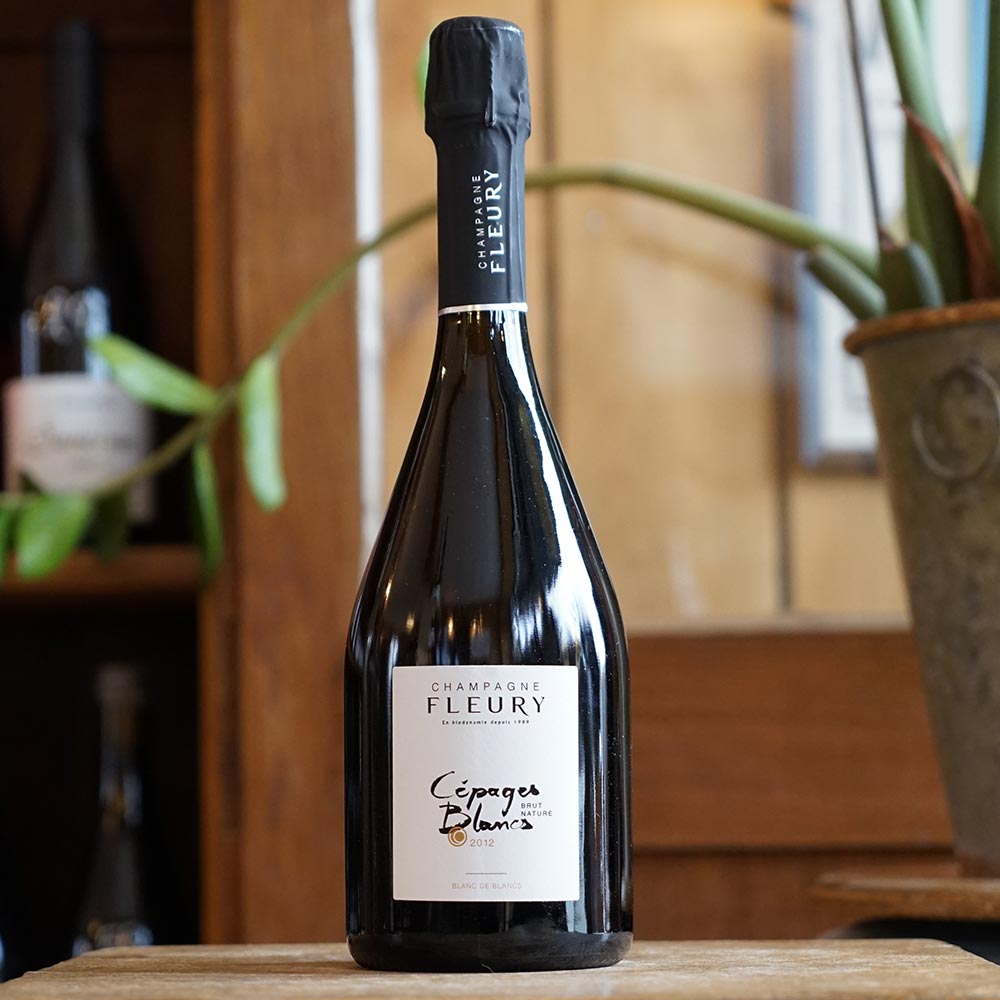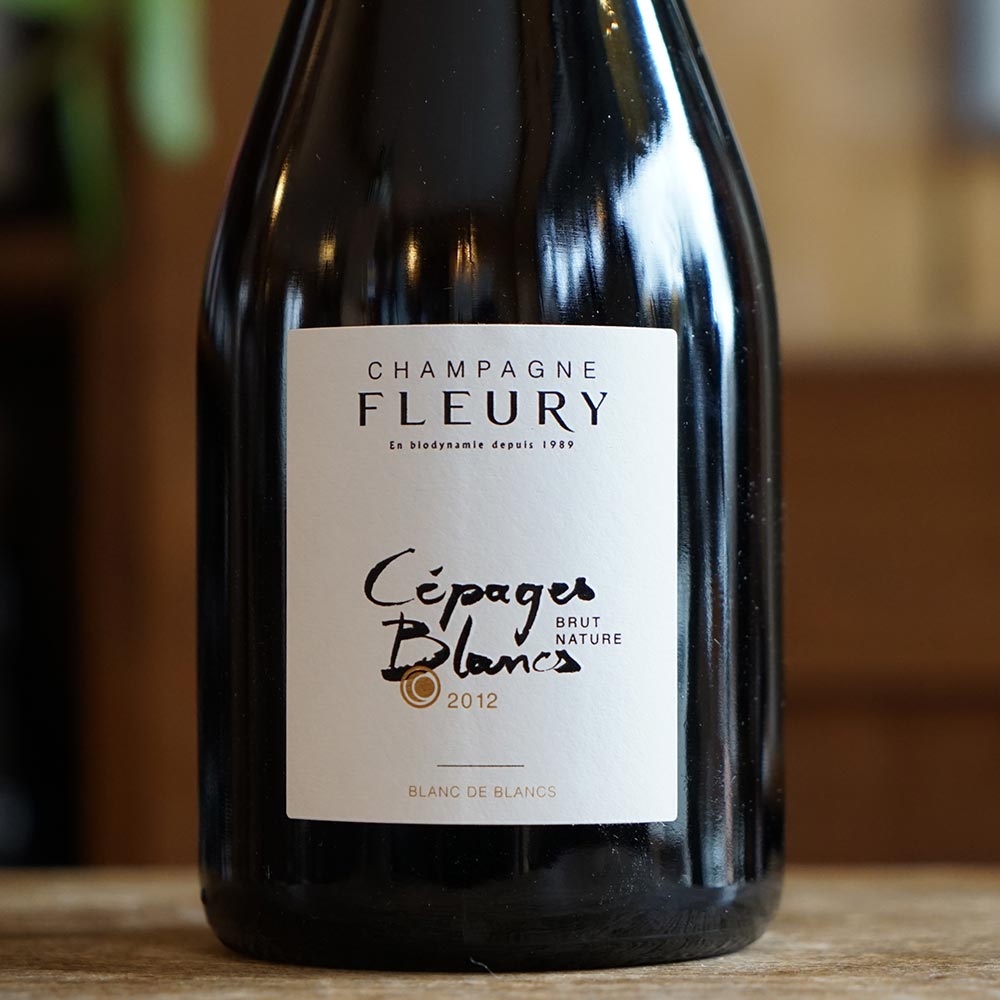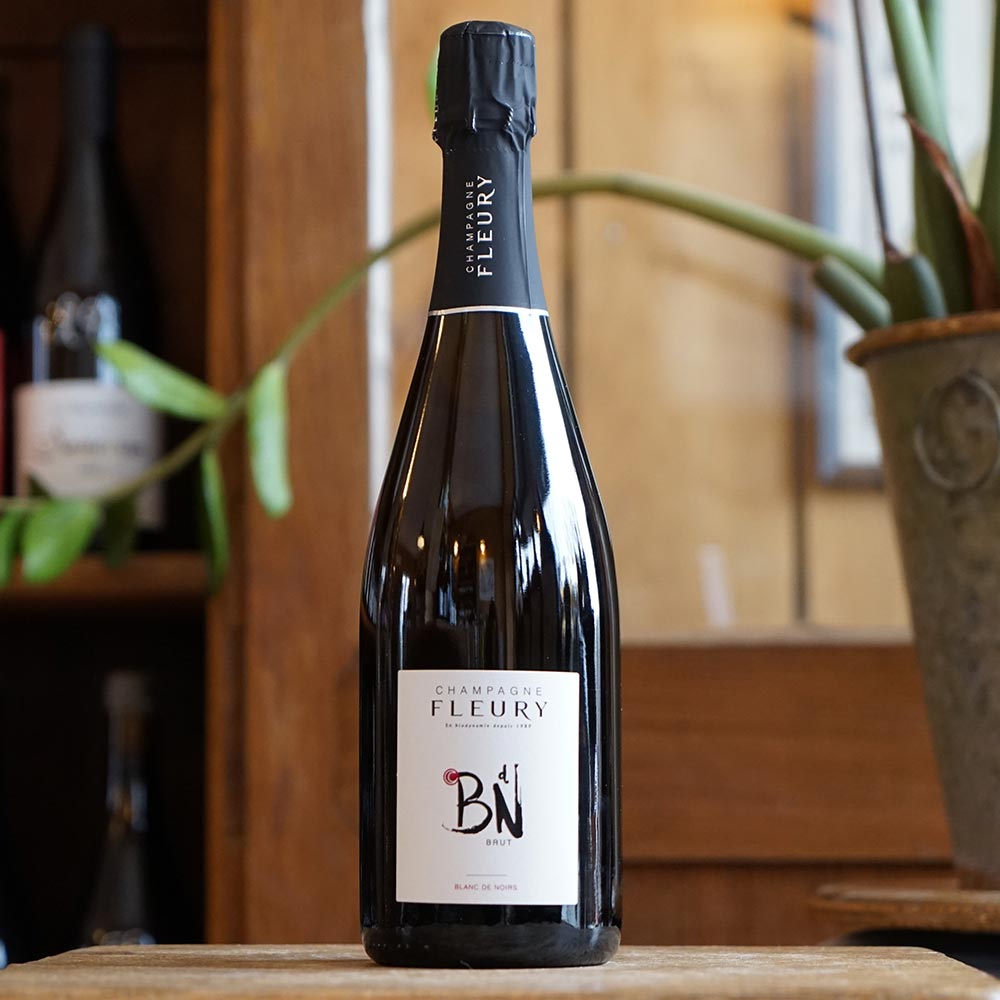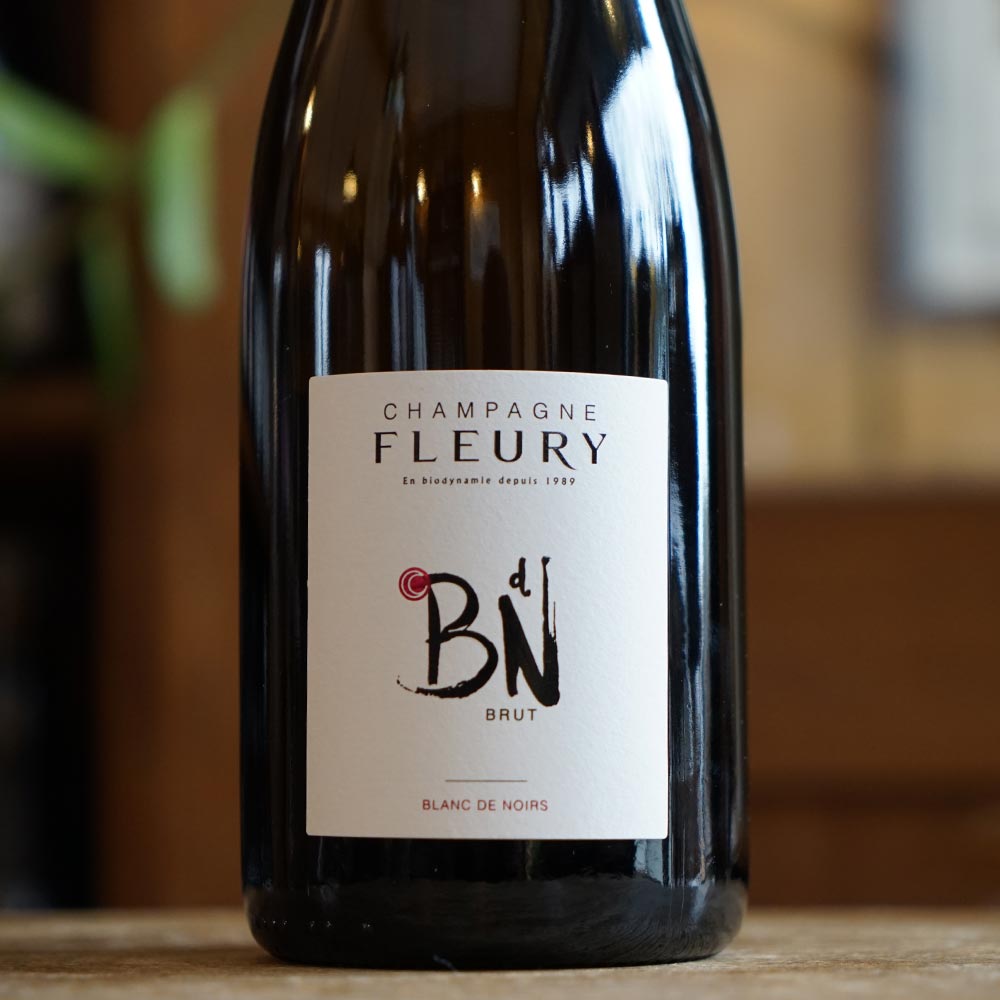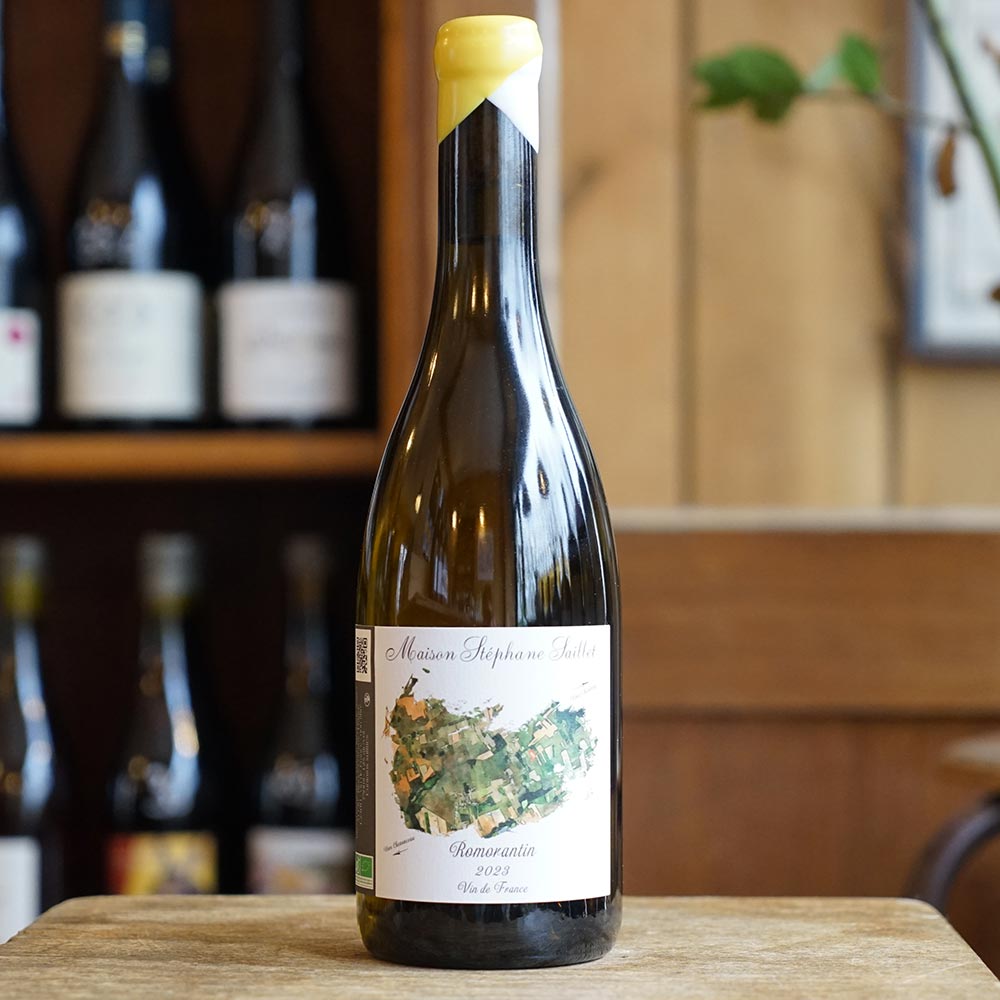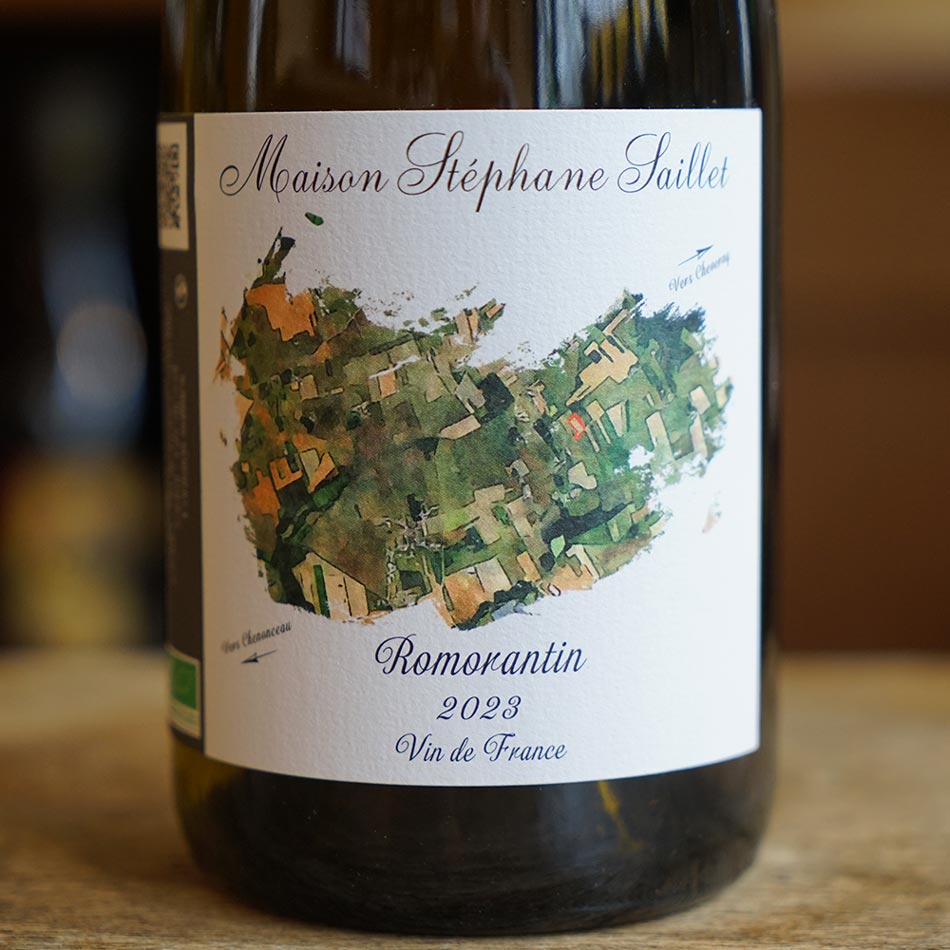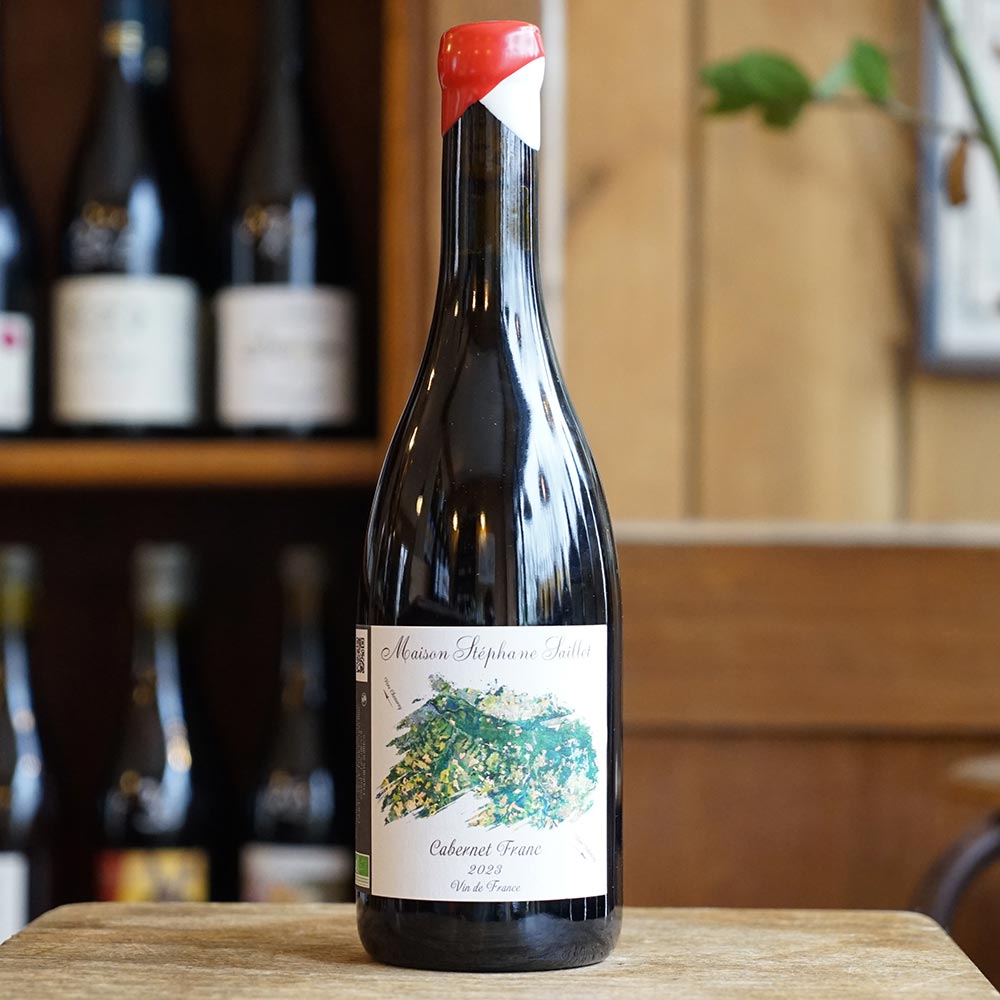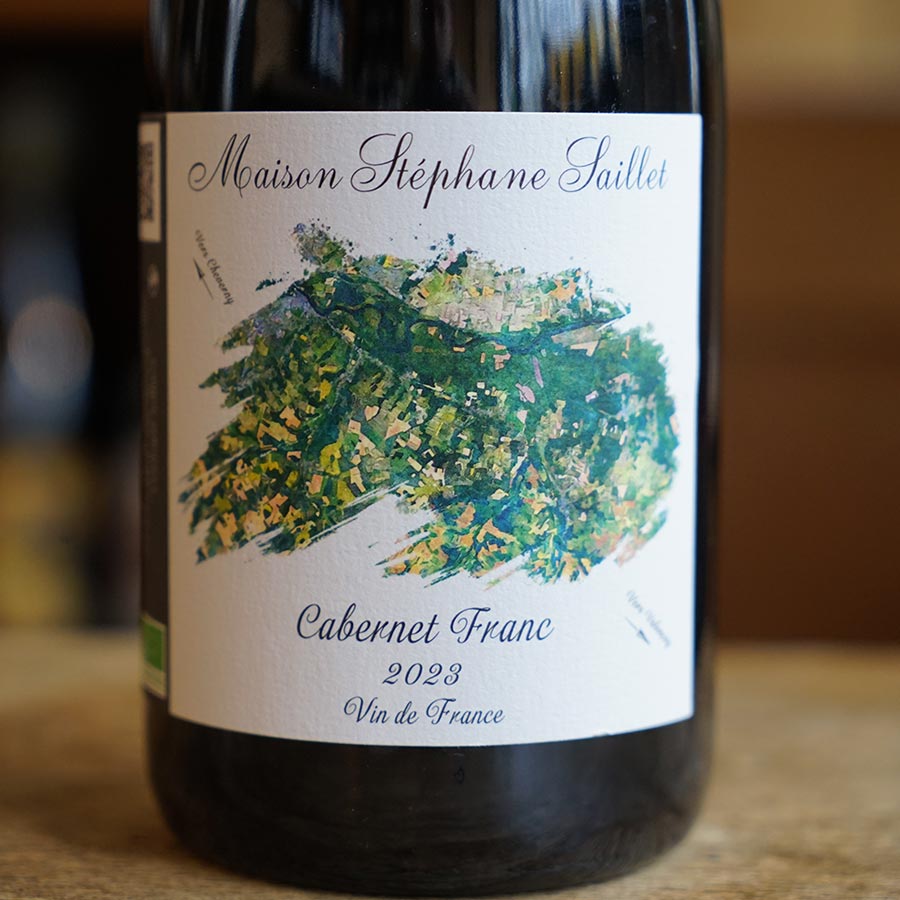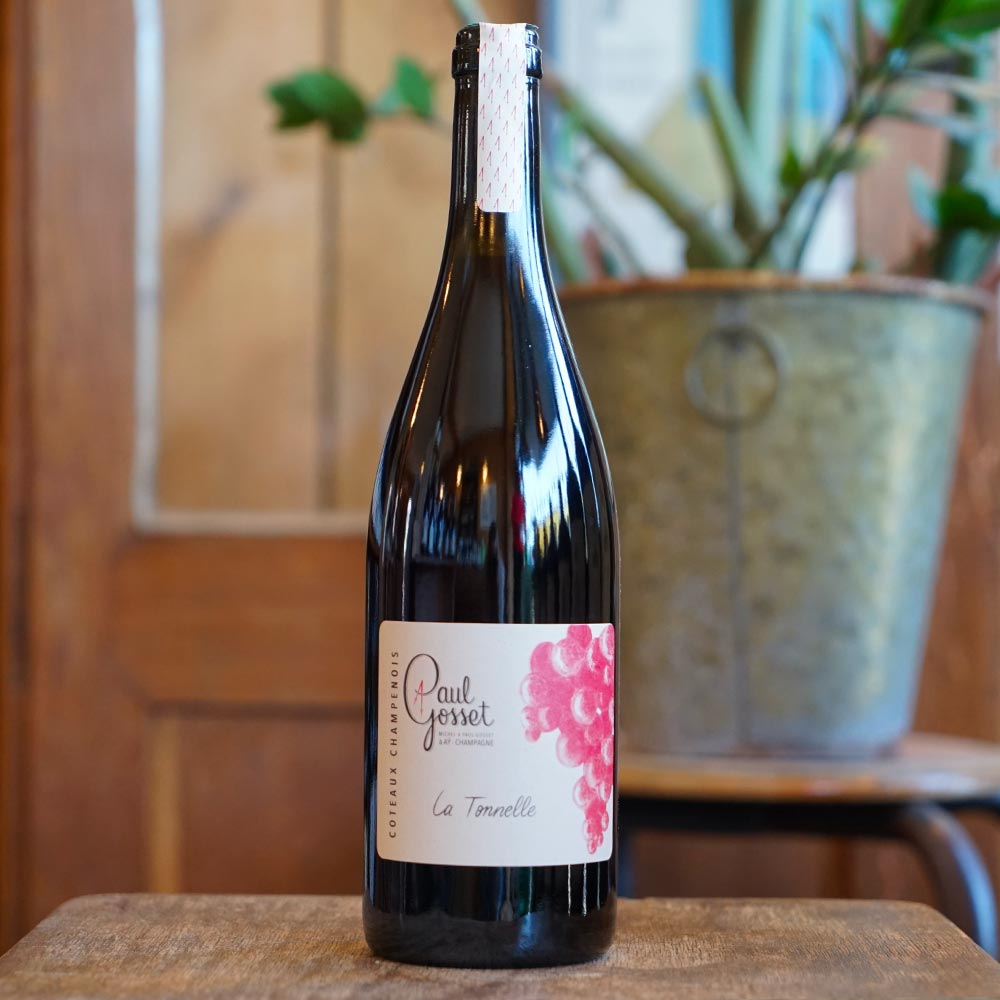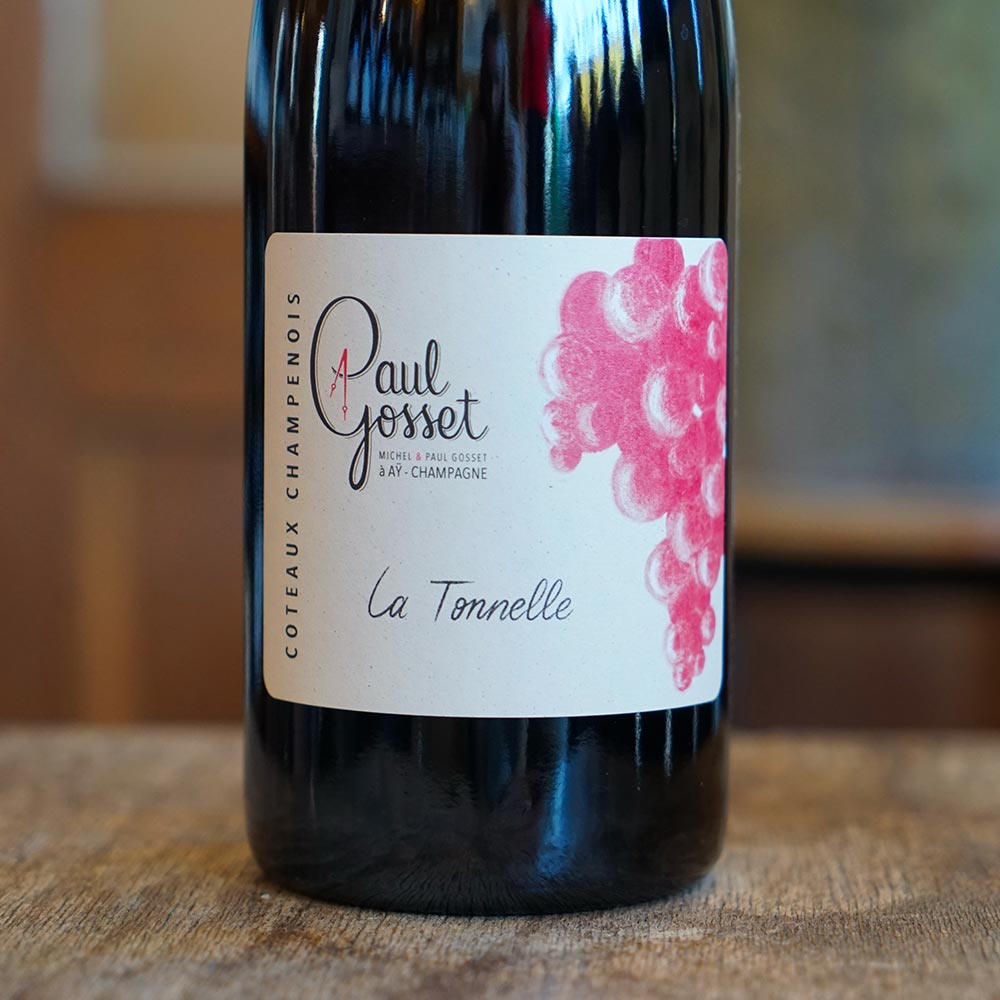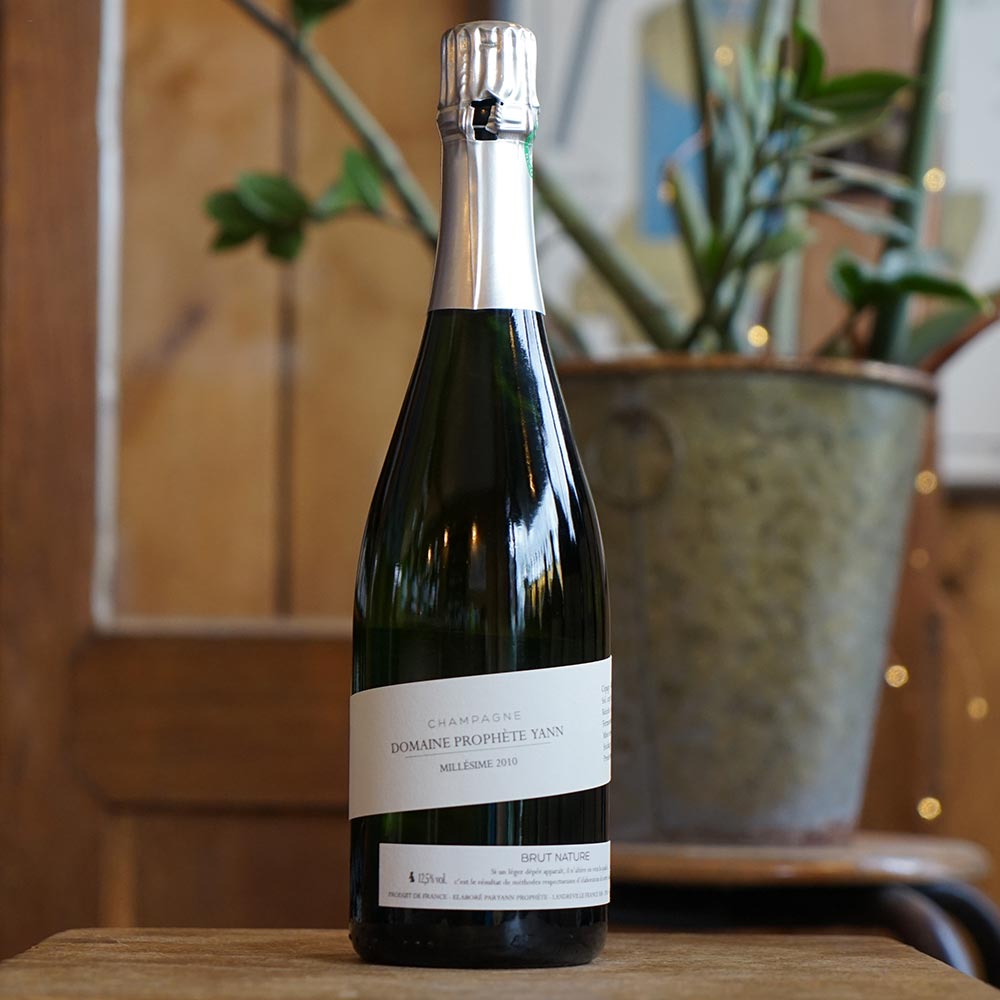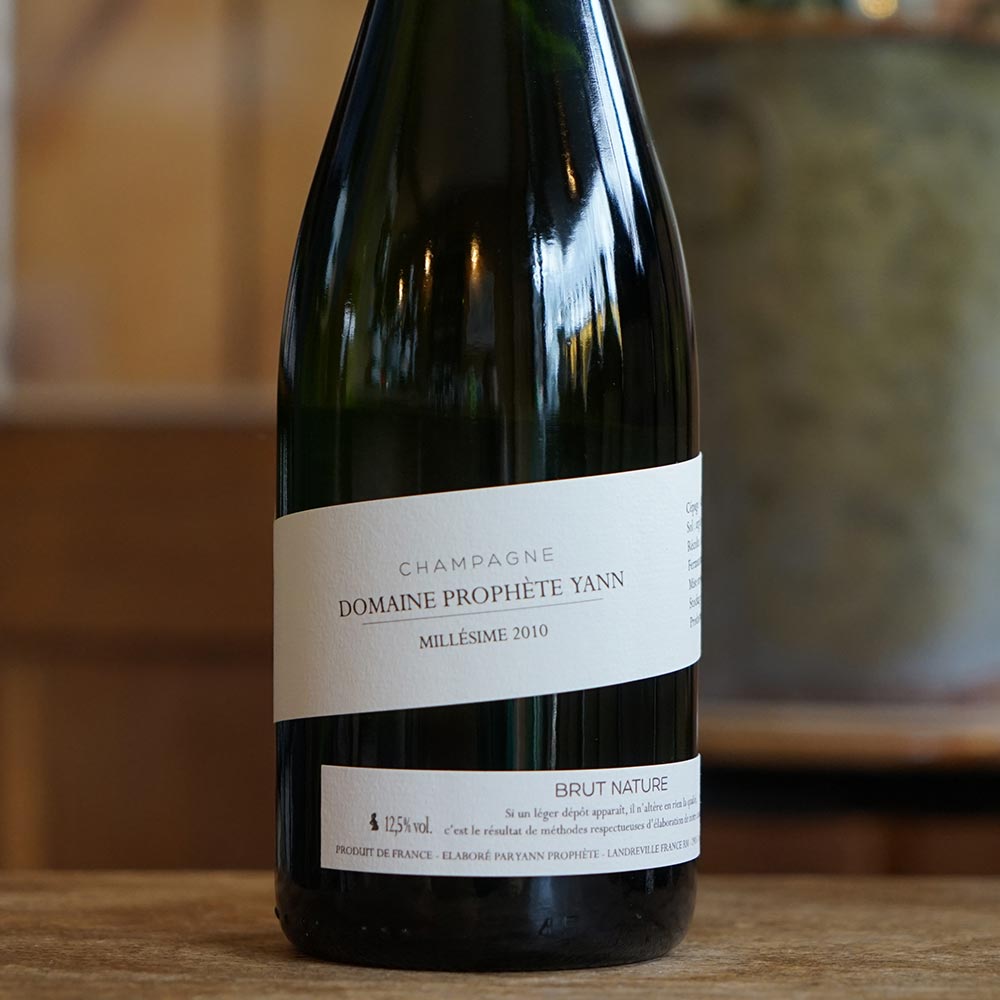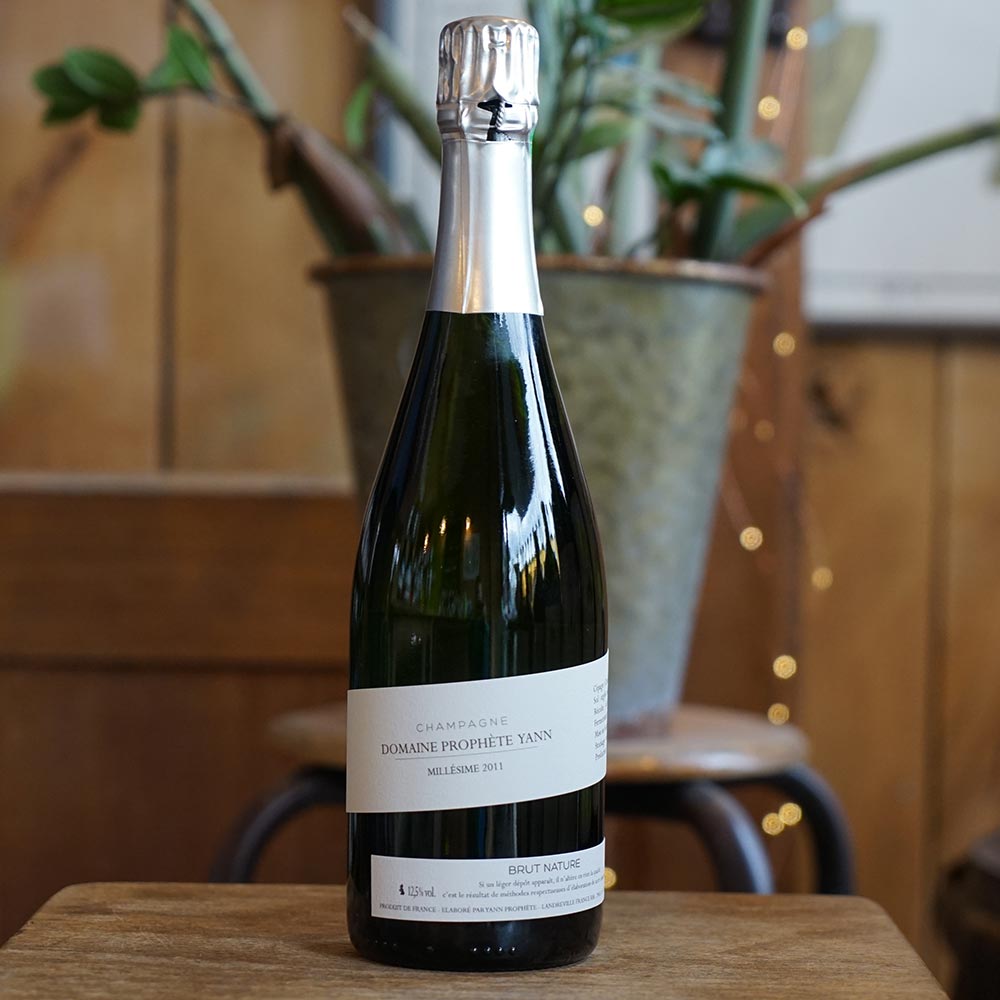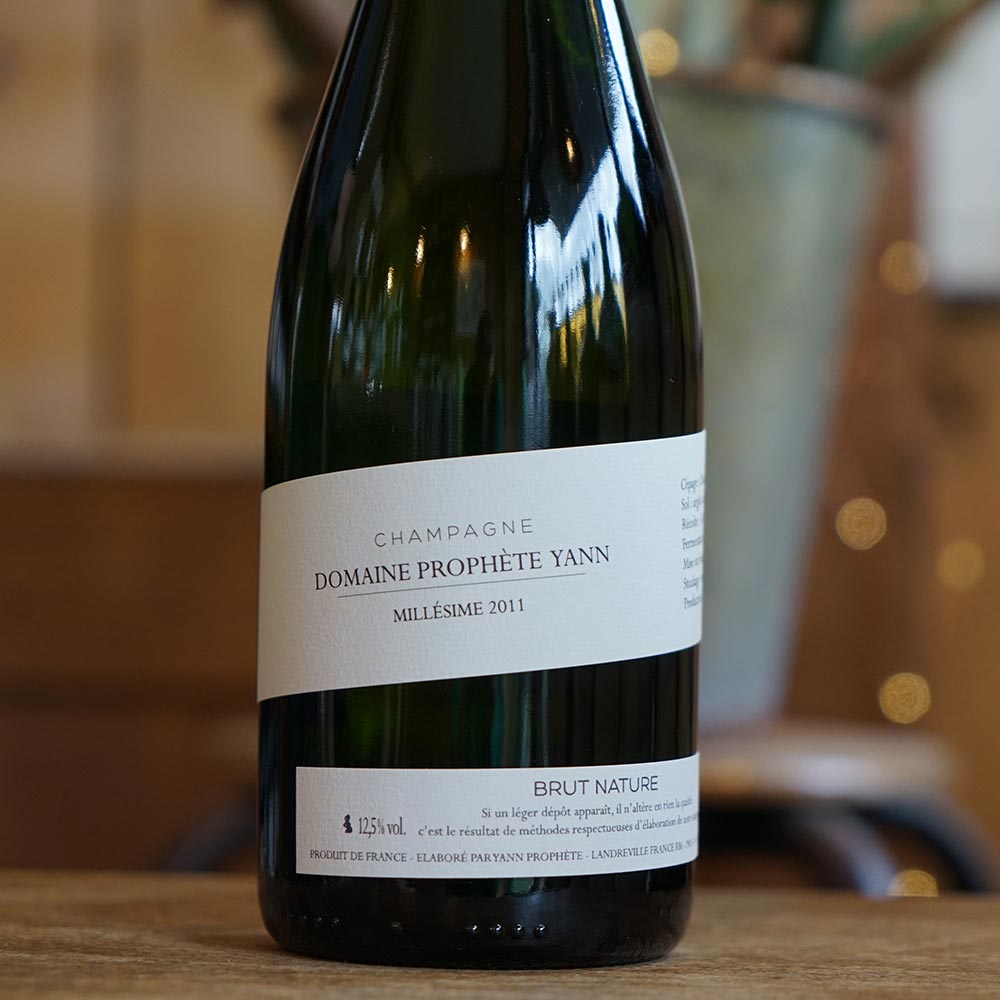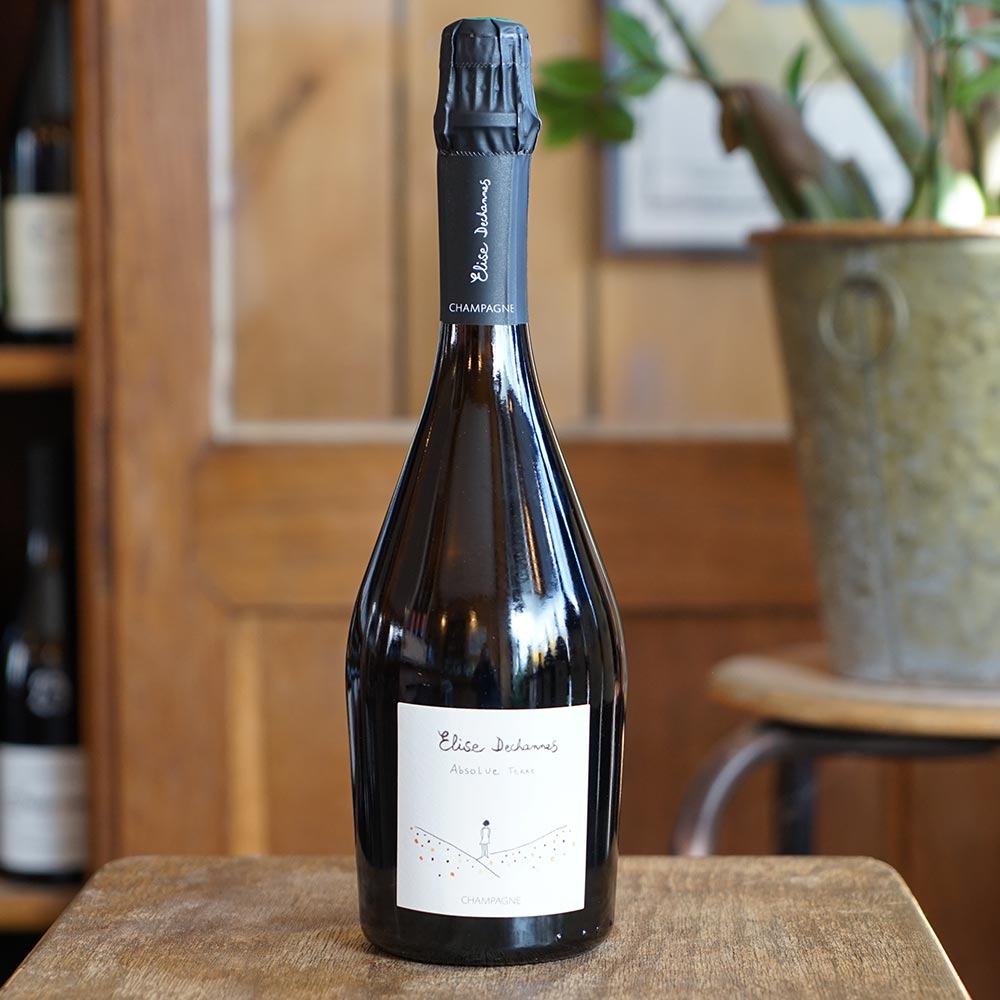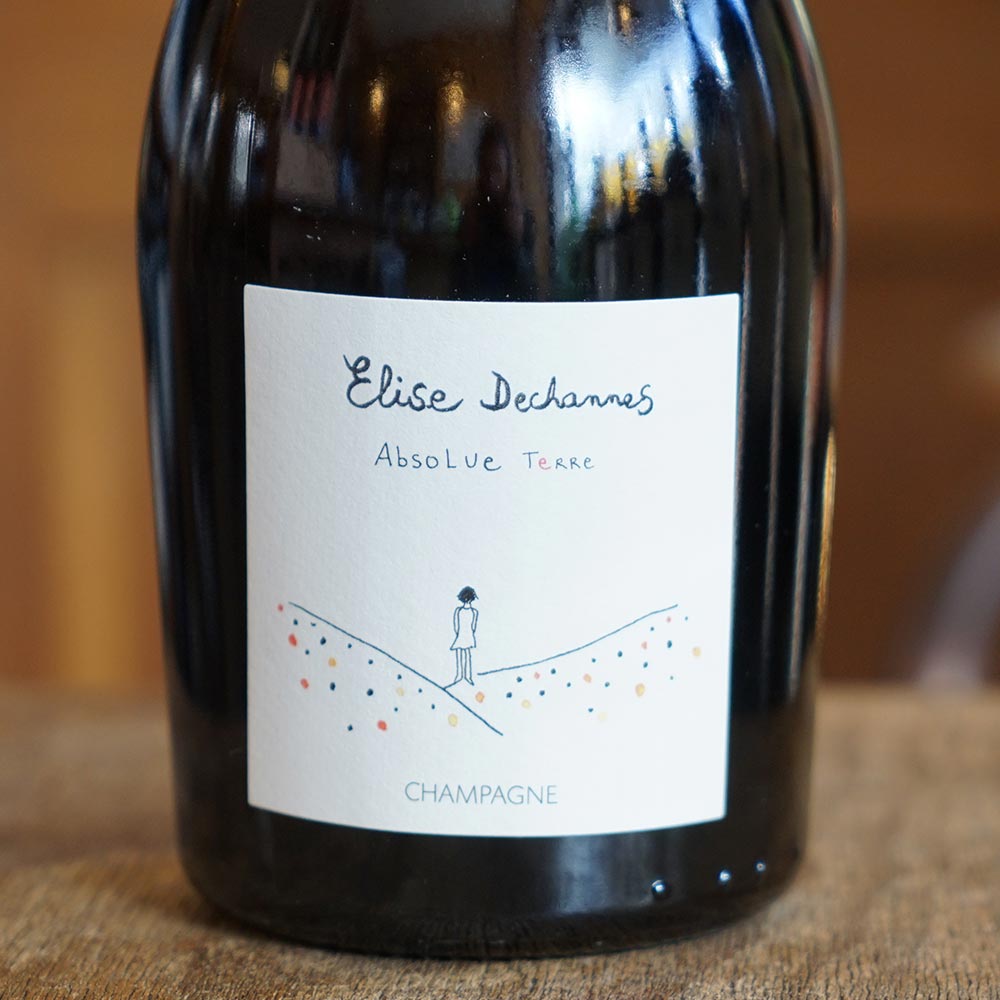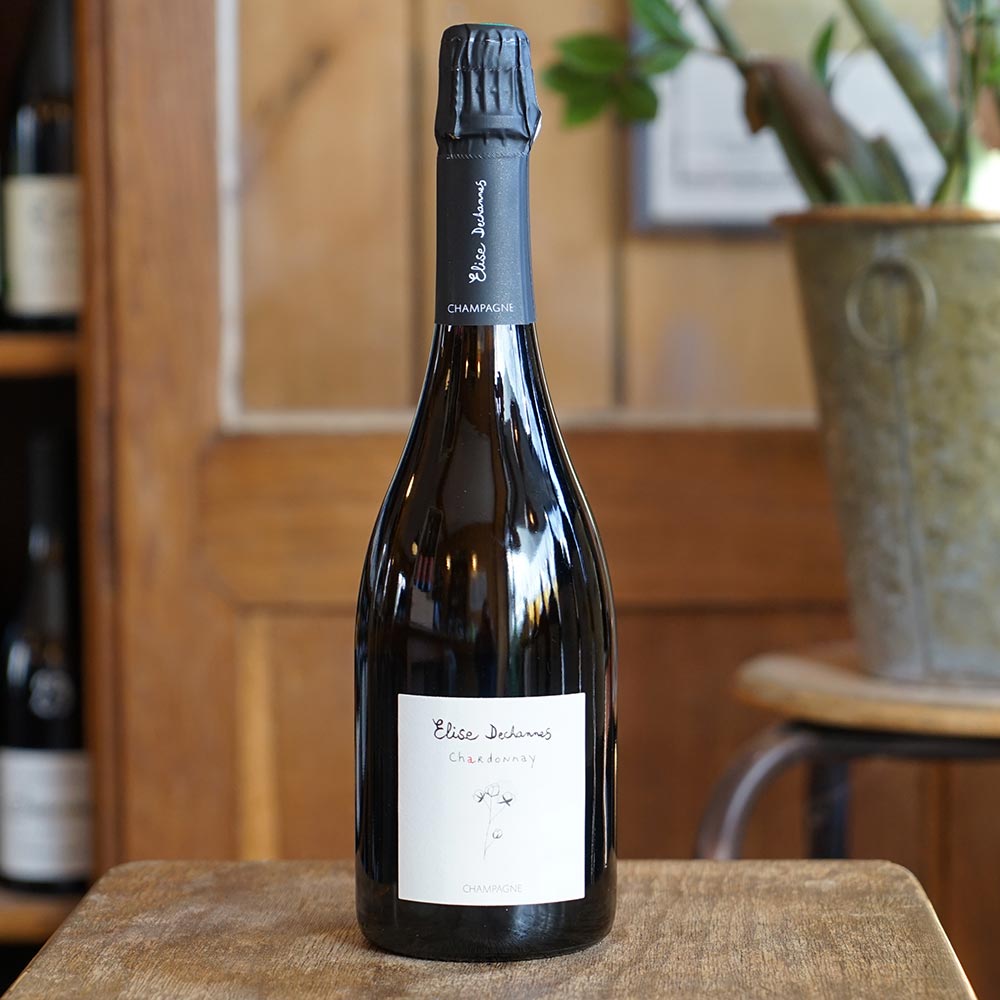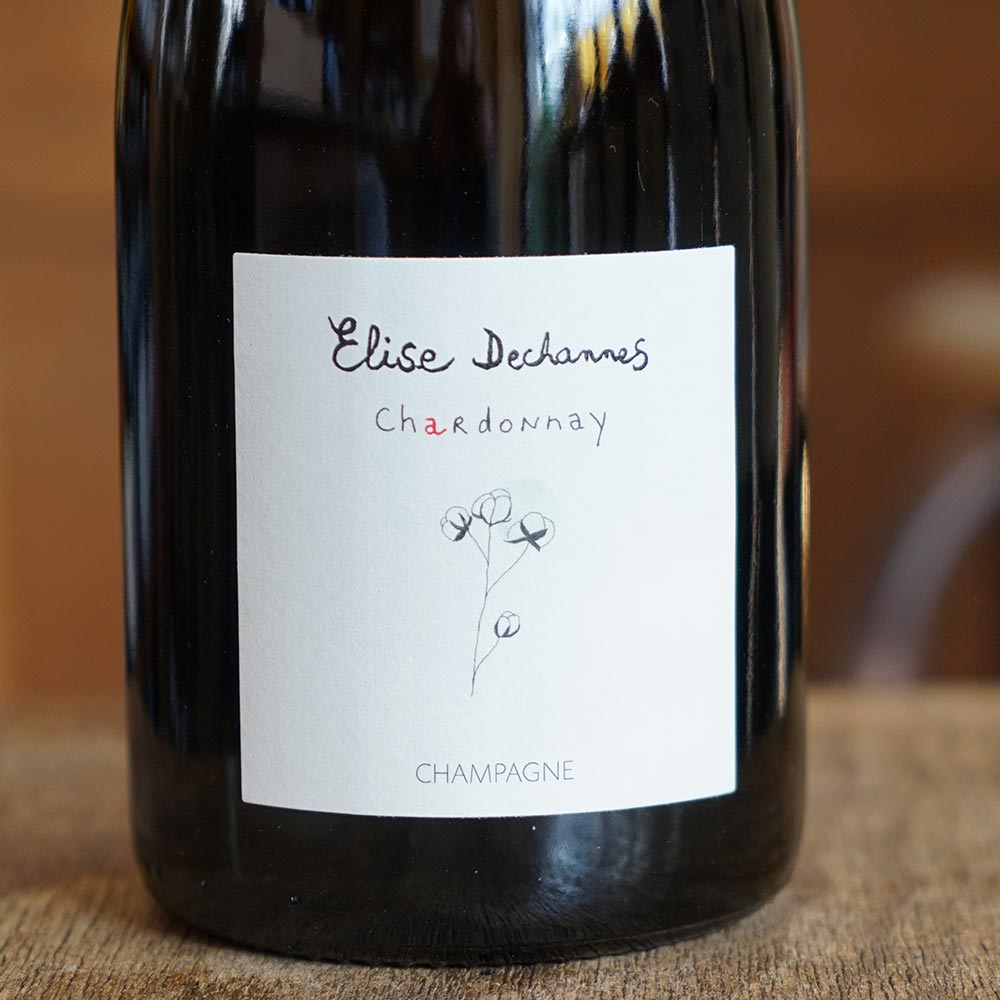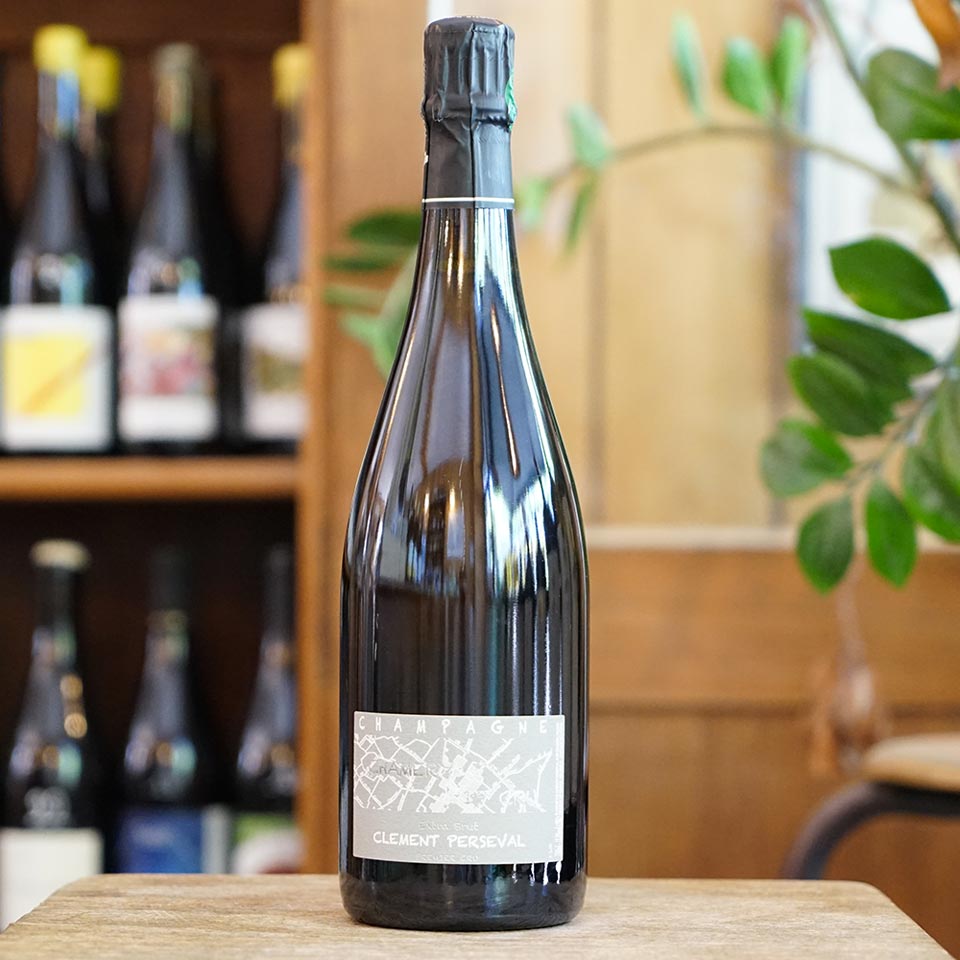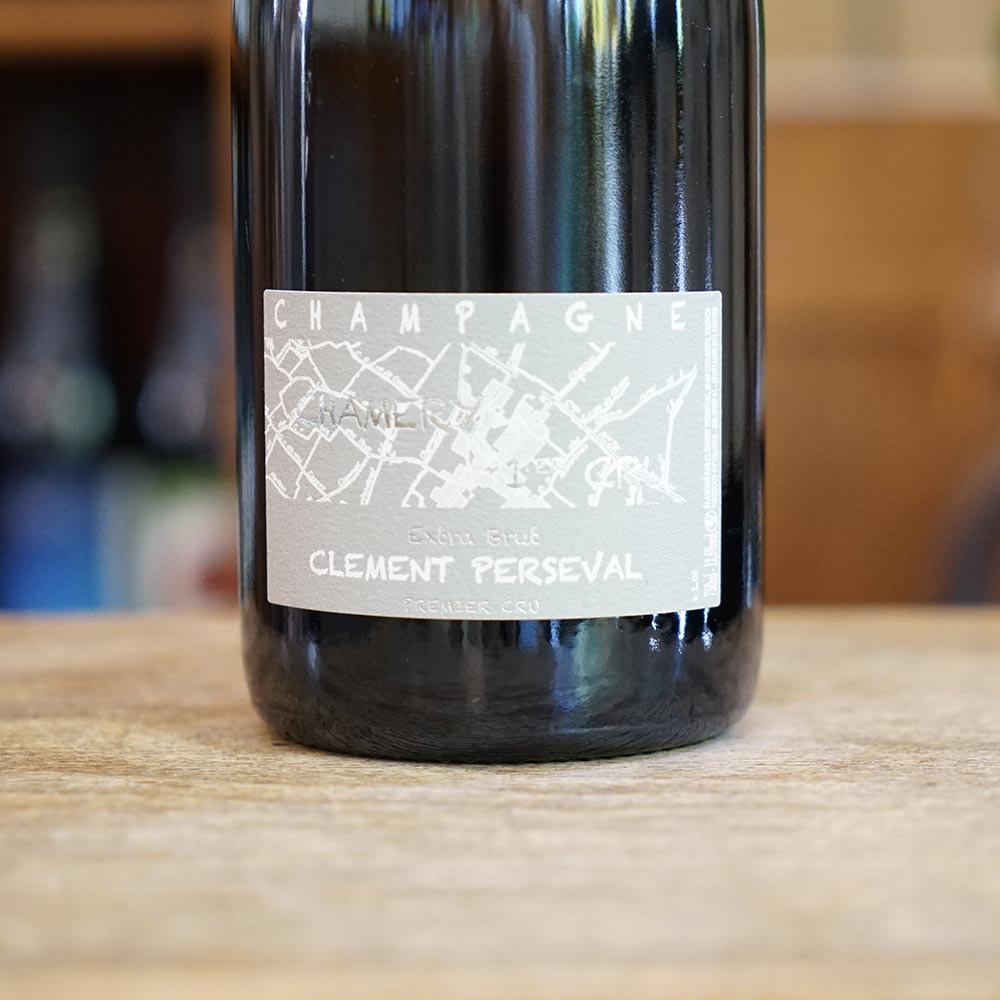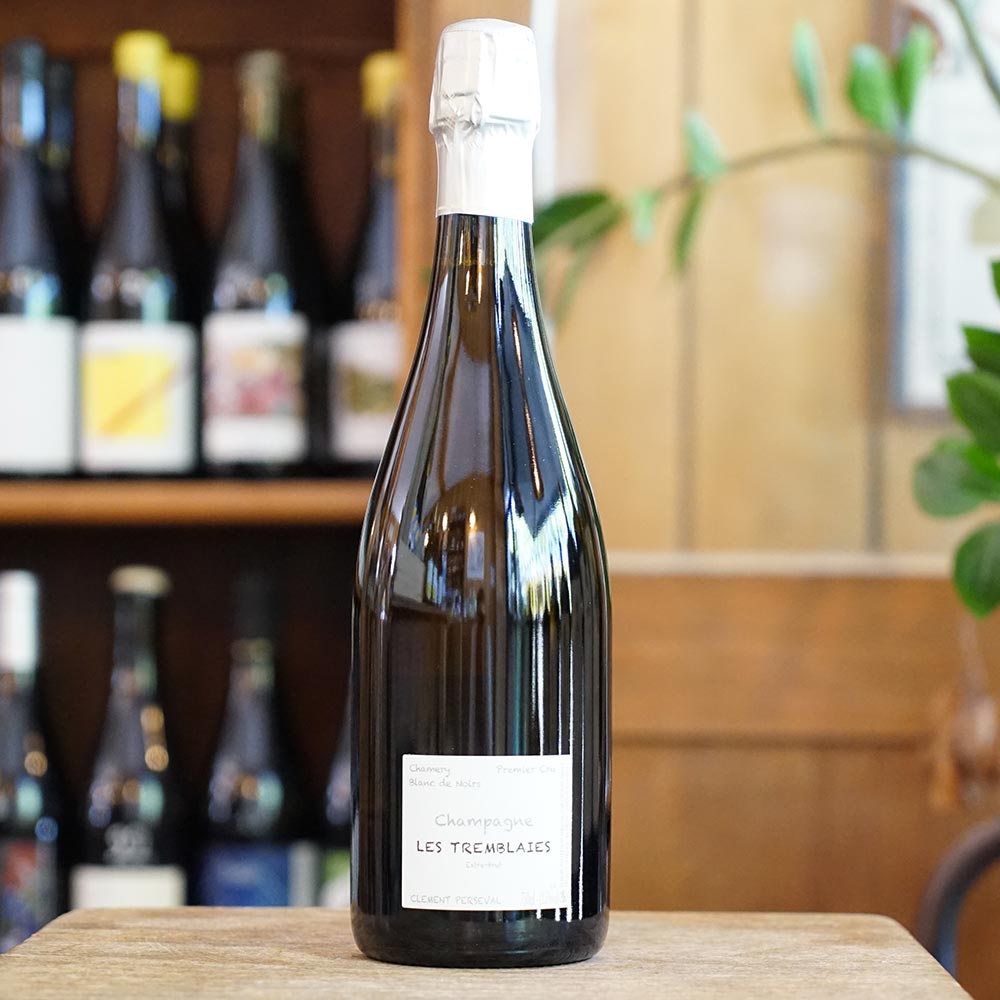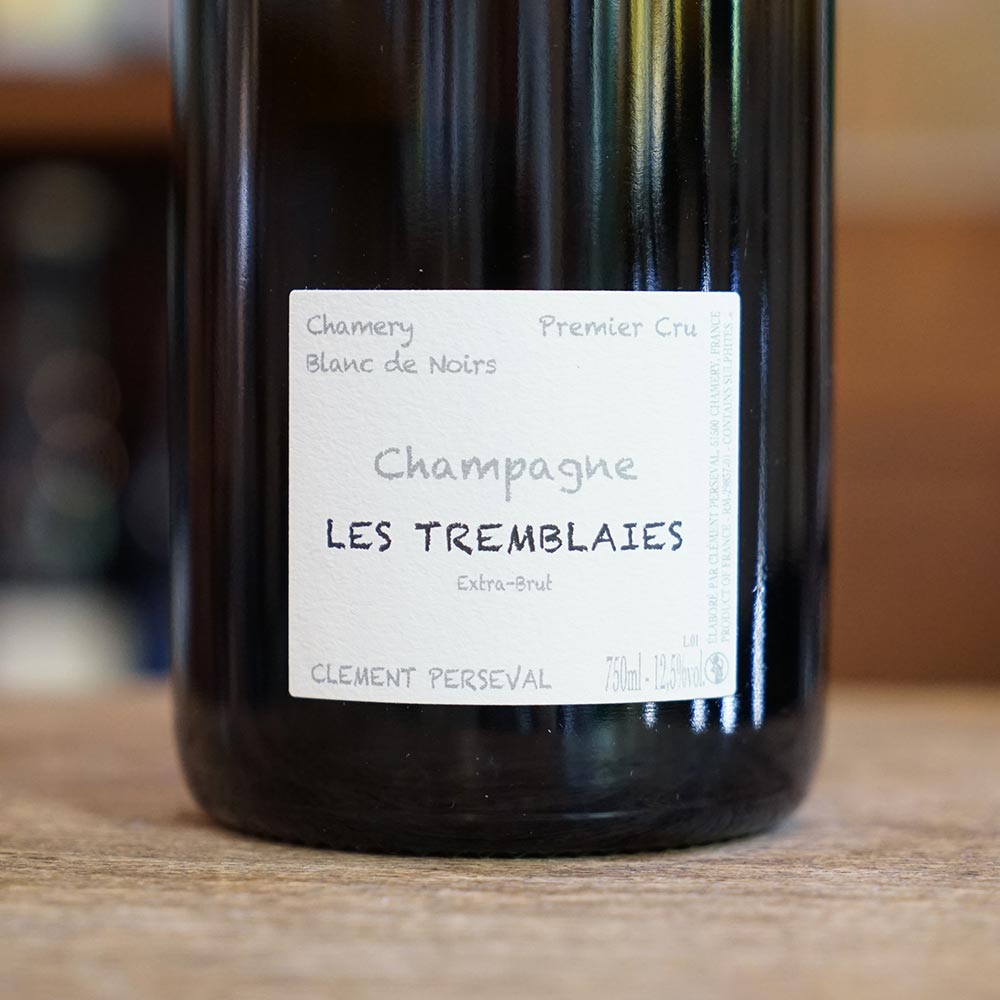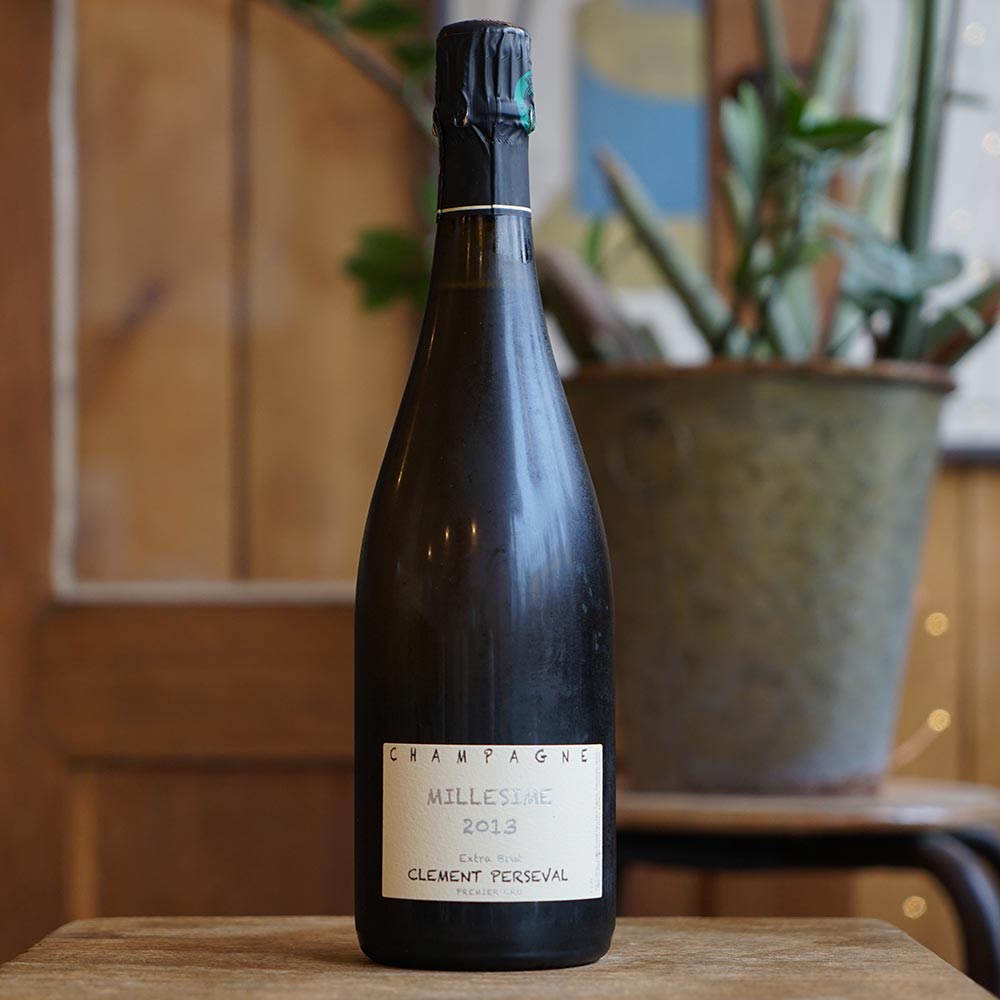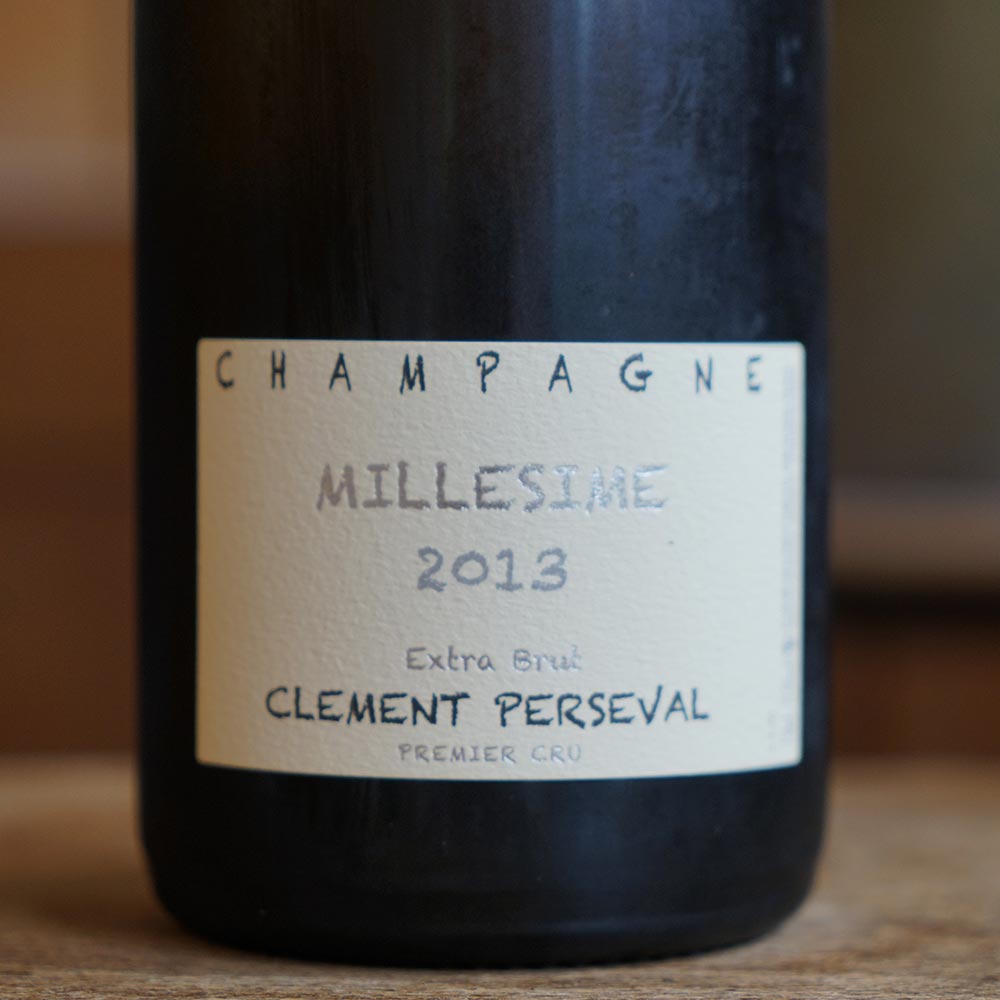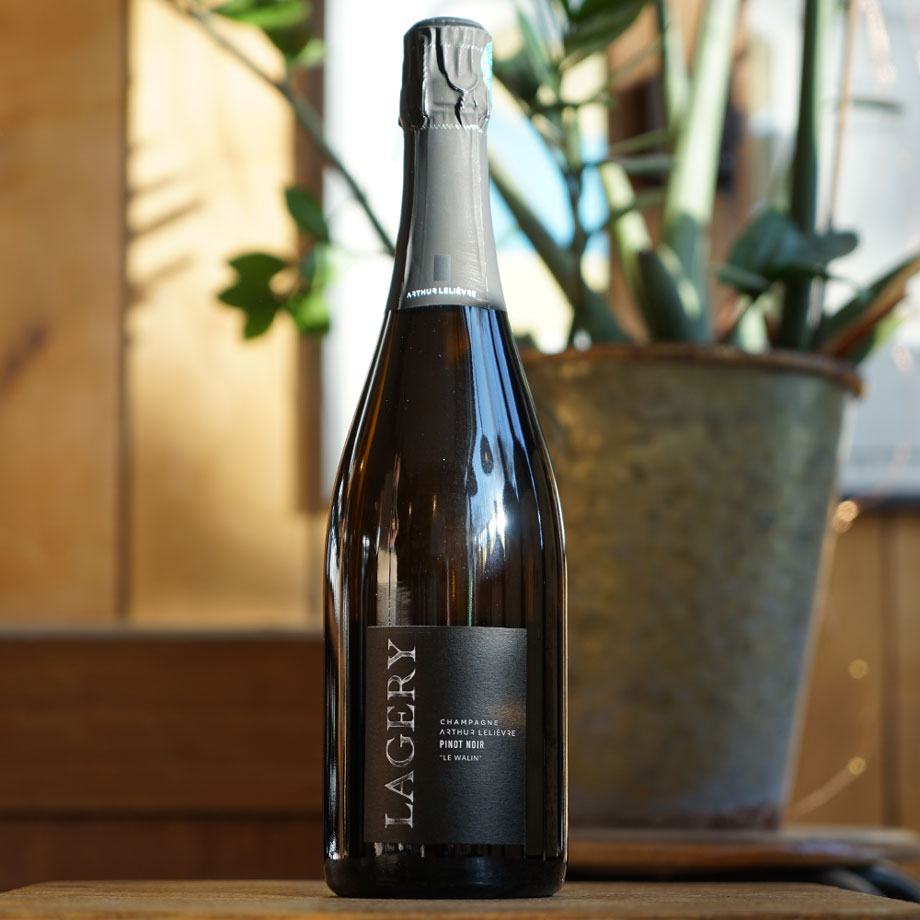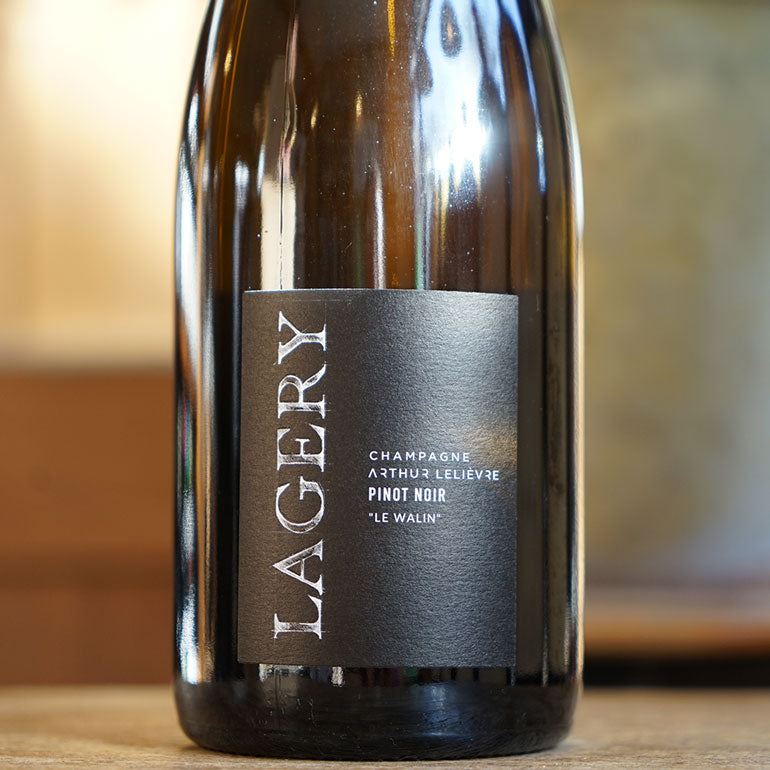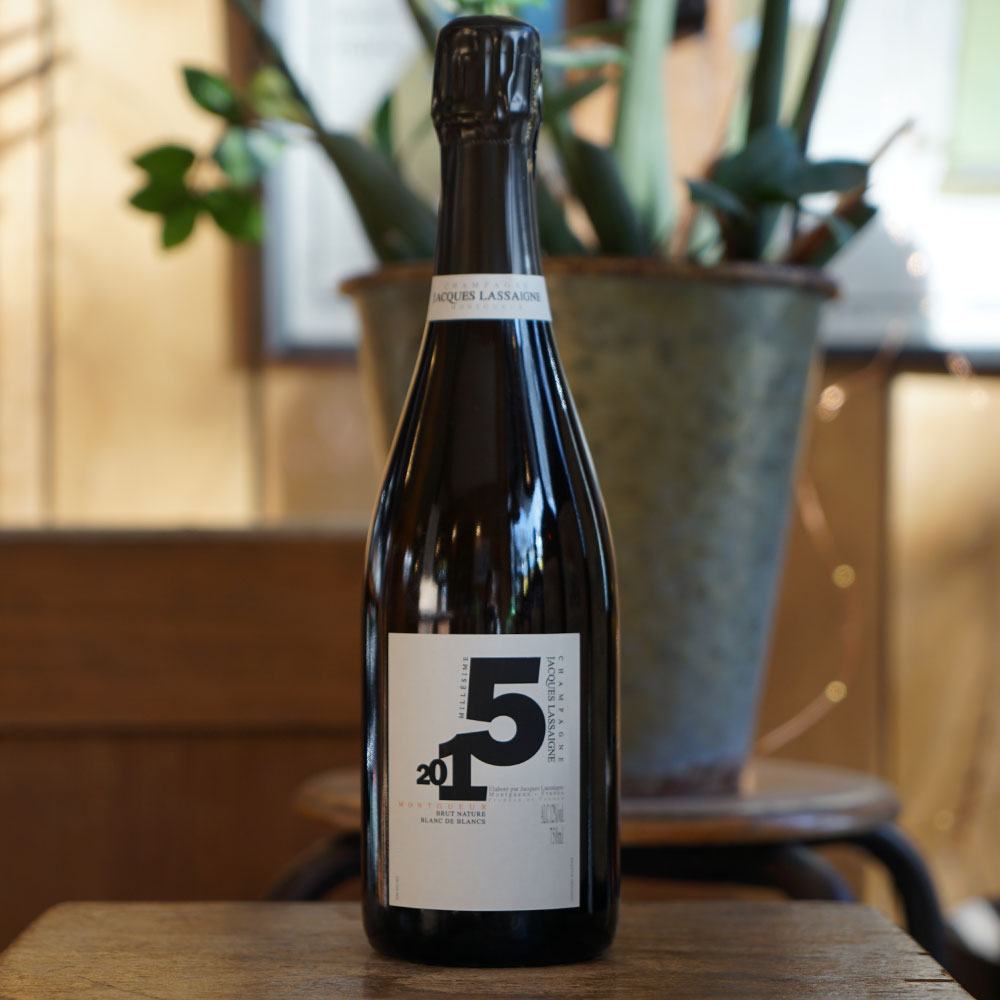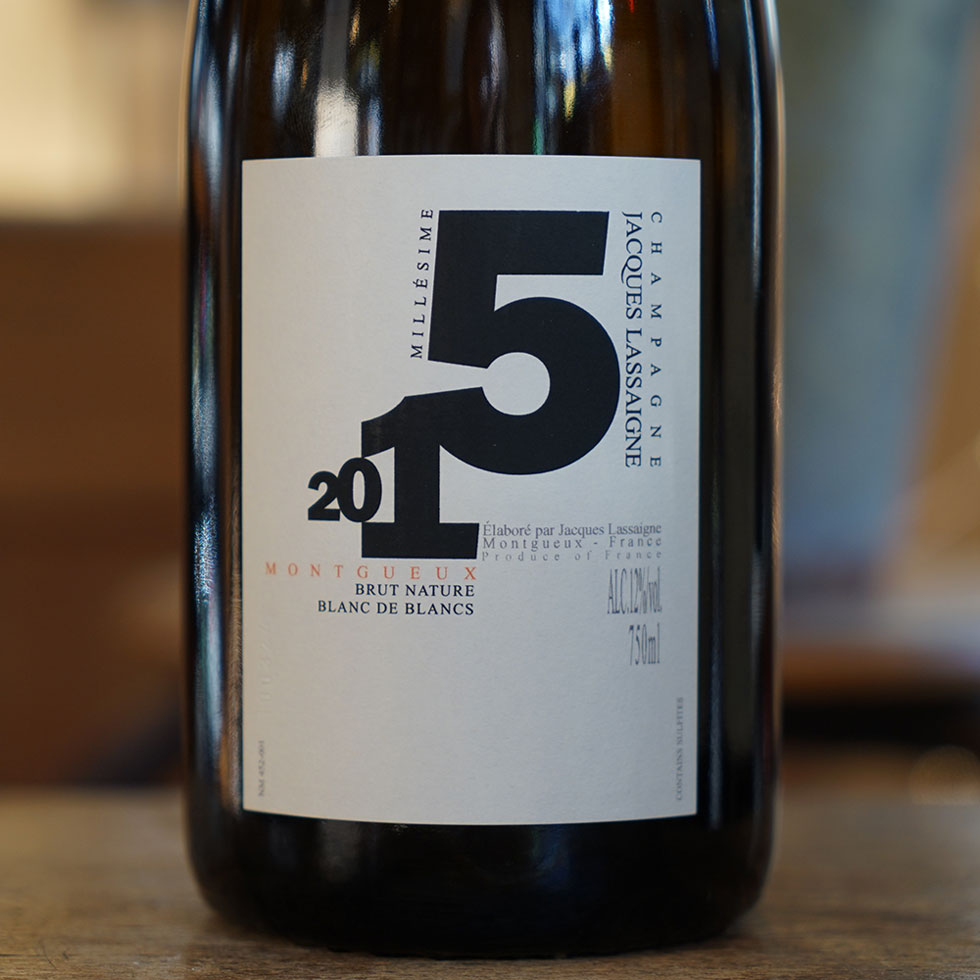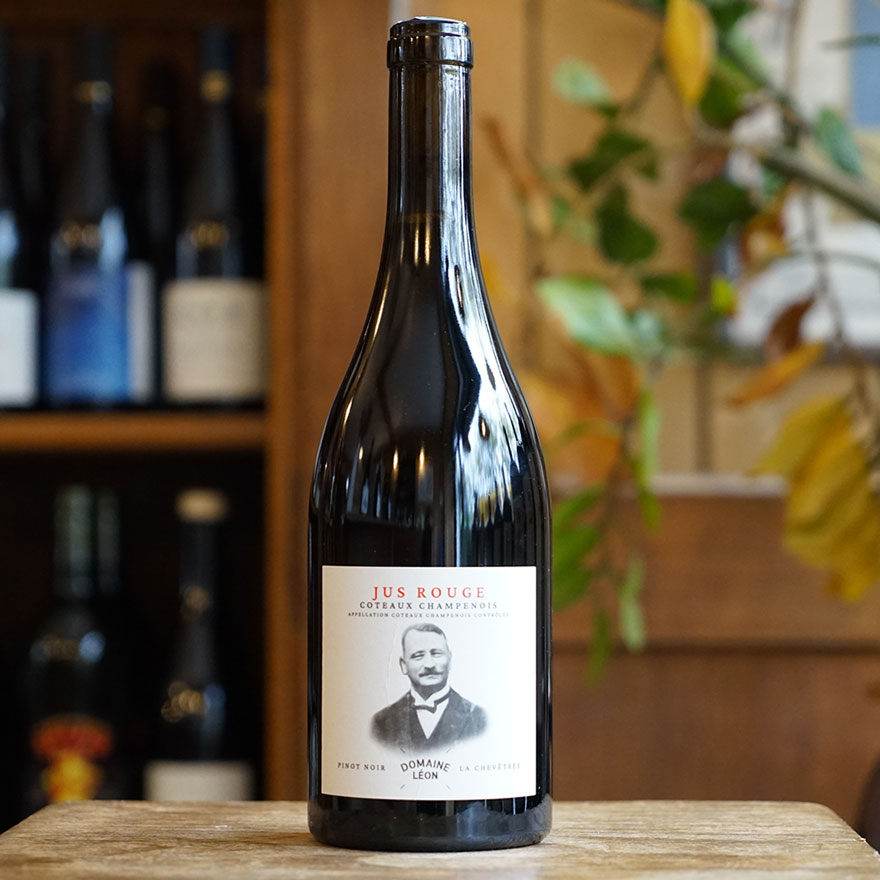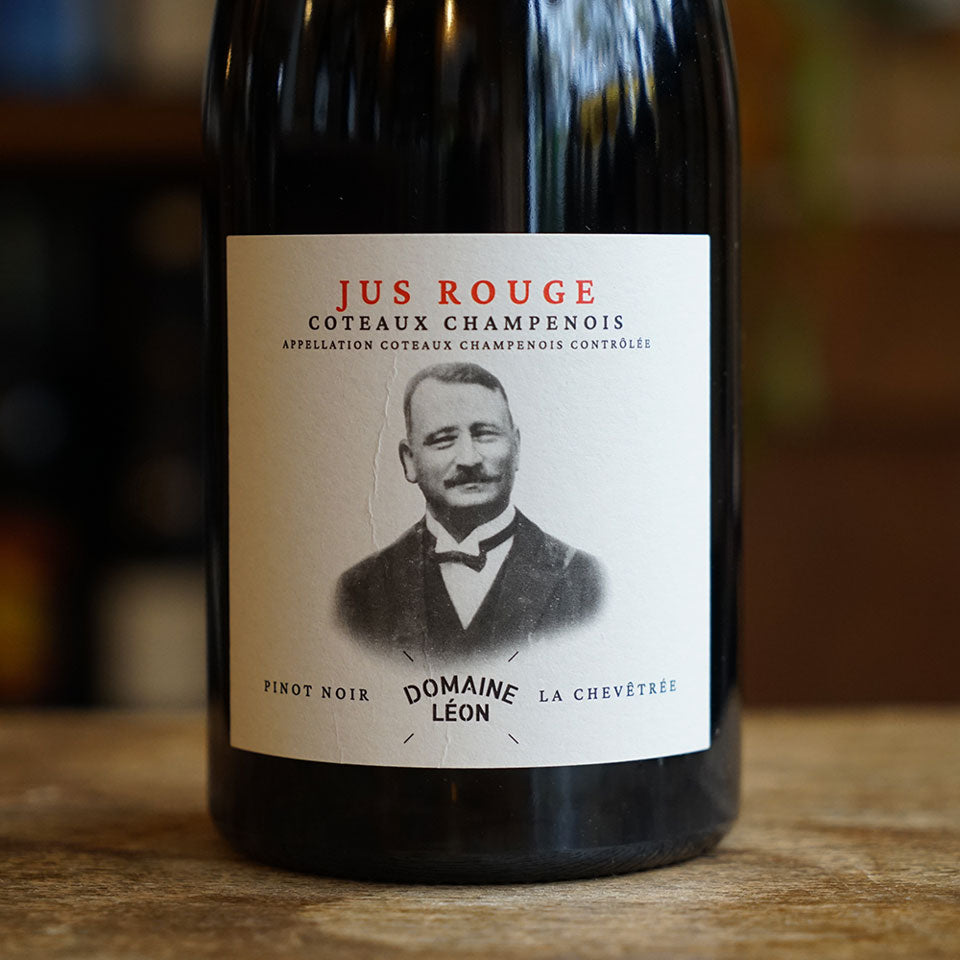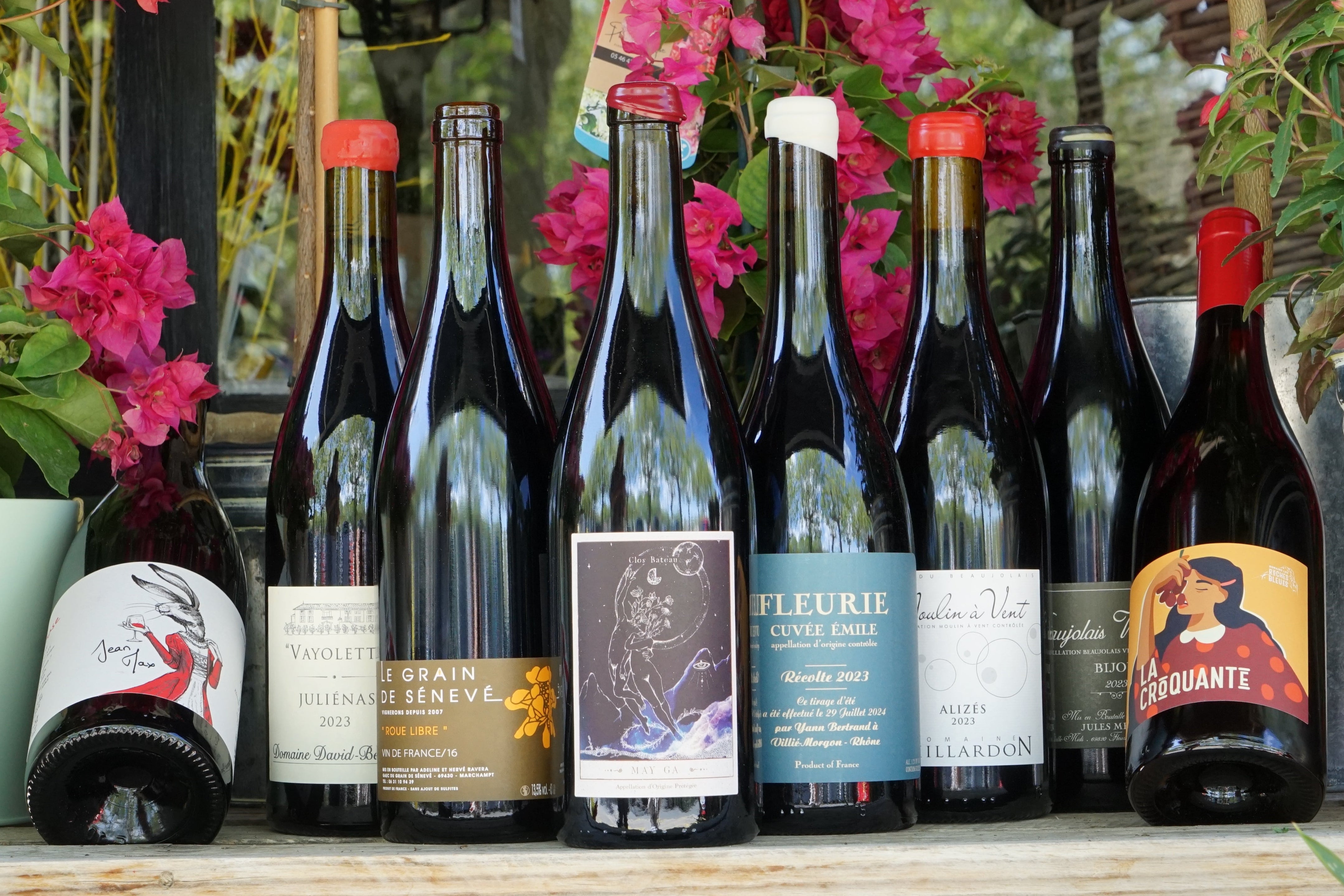
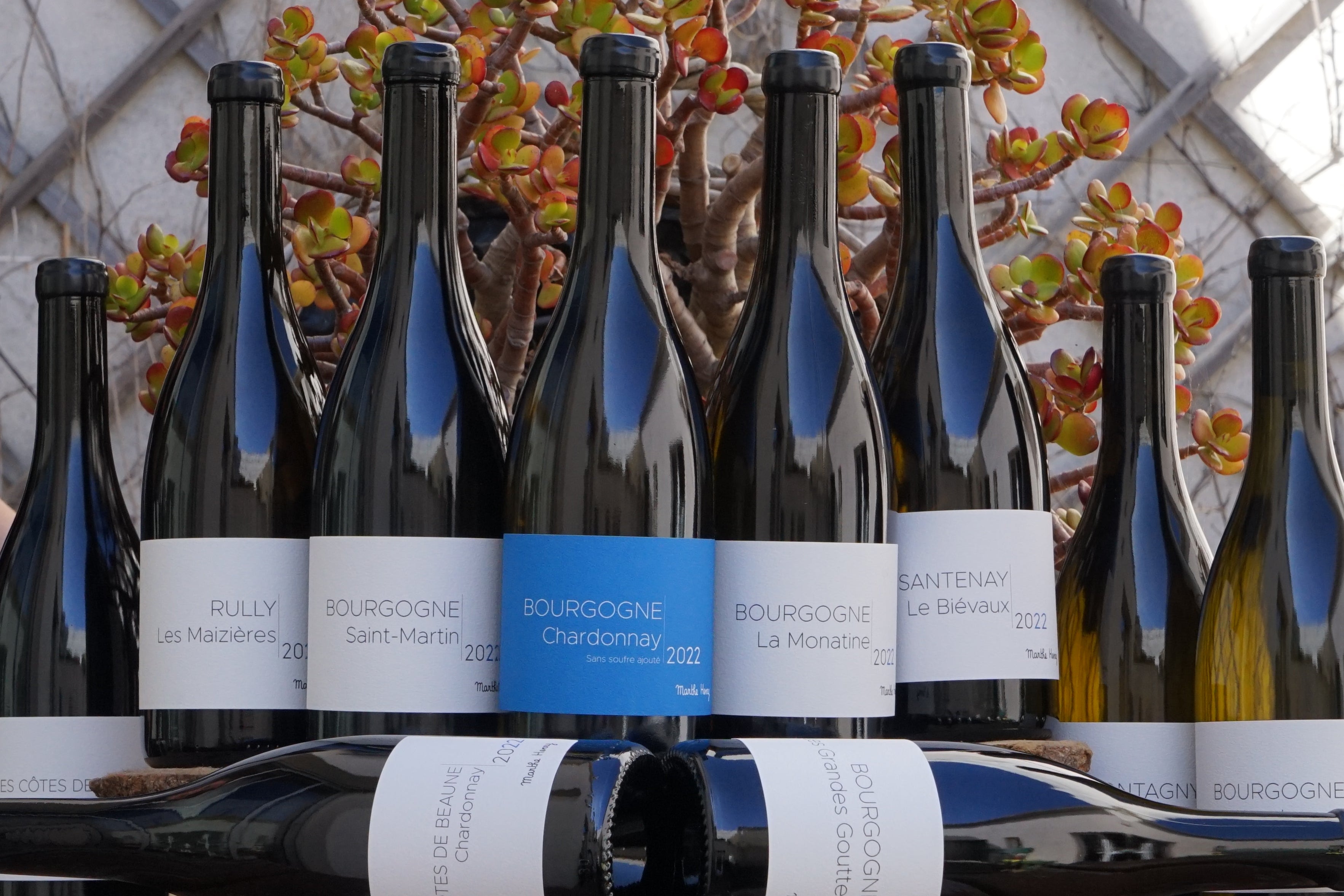
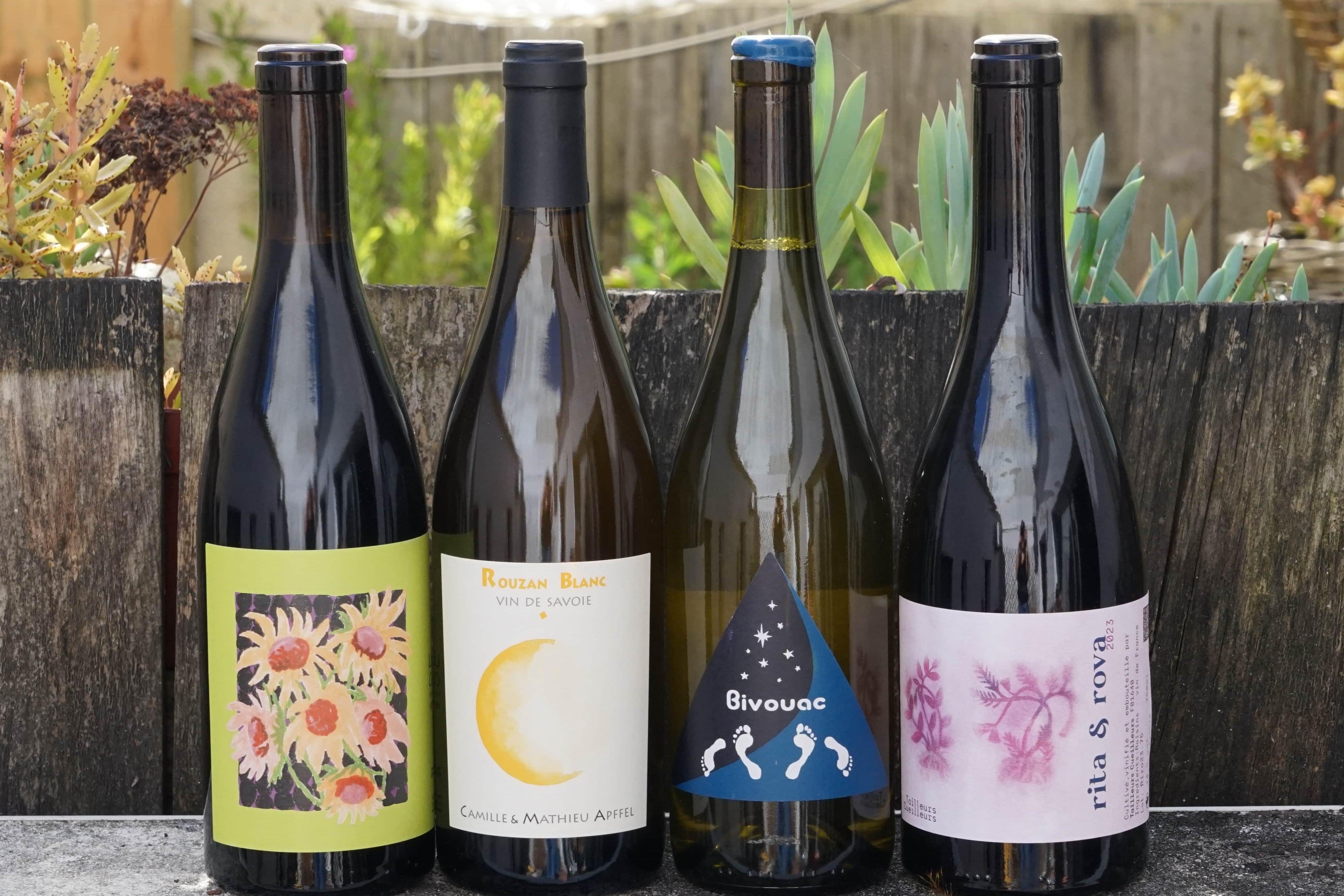
BEAUJOLAIS ON THE MOVE



A new spirit is sweeping across the hillsides: Domaine Thillardon, Le Grain de Sénevé, Yann Bertrand, Clos Bateau, Les Roches Bleues, David-Beaupère, Jean-Max & Jules Métras... A free, sensitive, daring generation.
MARTHE HENRY IS BACK



The 2022 vintage opens a new chapter. Cuvées driven by freshness, precision and vibrant energy, between mineral brilliance and racy elegance.
Arrival Auvergne & Savoie



Vibrant cuvées between volcanoes and mountains, discover : Coteau Libre, Lisa le Postec, Tailleurs Cueilleurs, Apffel & Jeremy Bricka.
OUR LATEST WINES
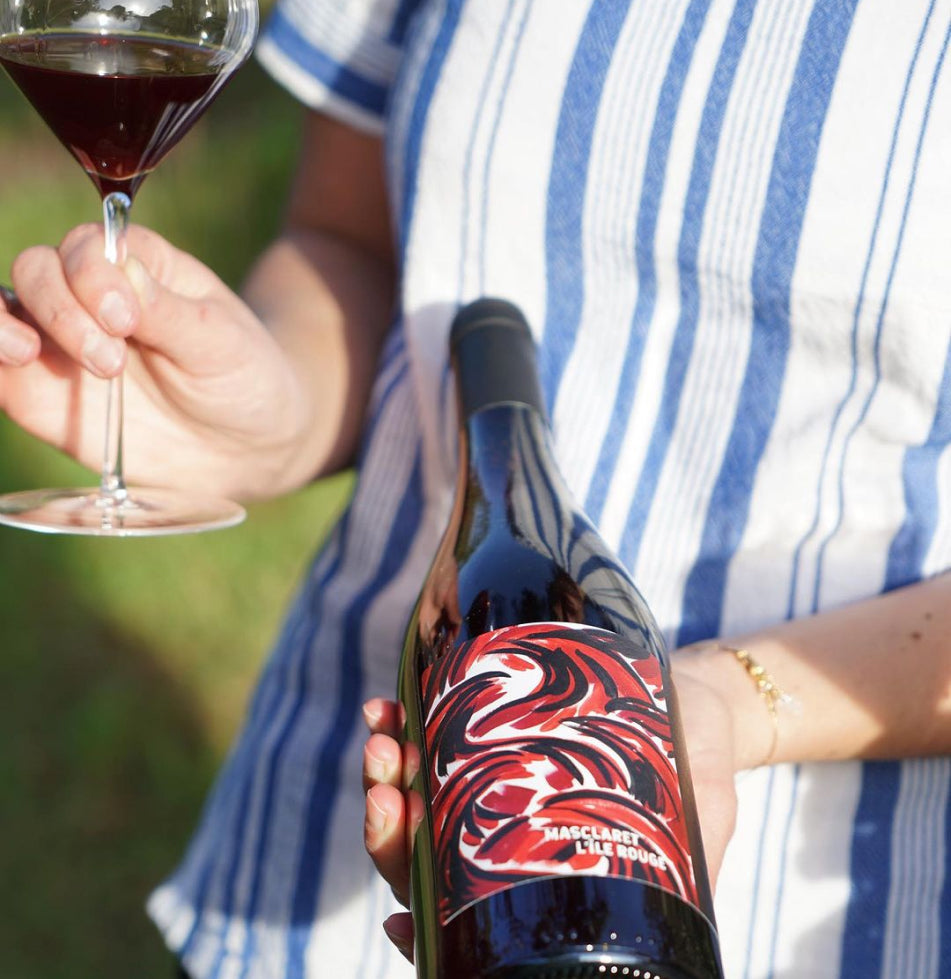
What is natural wine?

🌿 Wines made as naturally as possible
🍇 Organically or biodynamically grown grapes
🤚 Hand-picked to respect the integrity of the grapes
❌ No added oenological products
🍷 Minimum doses of sulfites at bottling
OUR LATEST CHAMPAGNES
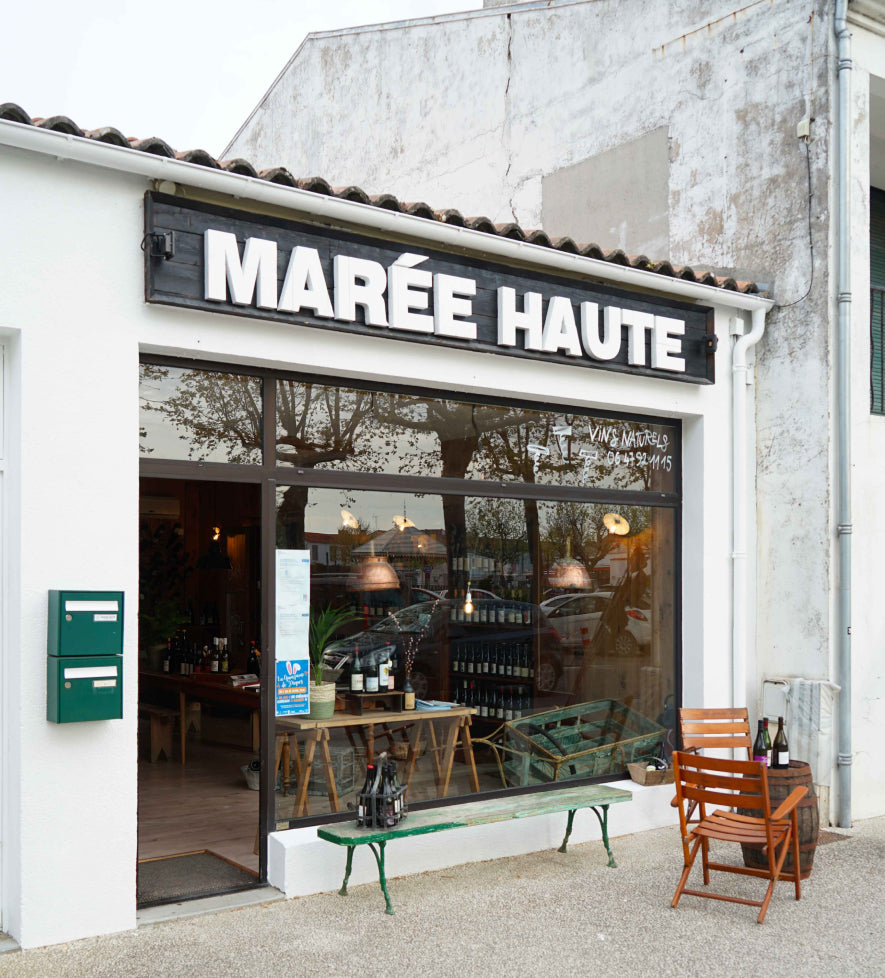
Come and meet us

Marée Haute is also a boutique on the island of Oléron, open all year round.
16 rue Raymond Grandsart, 17310 Saint-Pierre d'Oléron
Tuesday to Saturday 10:00 am to 1:00 pm and 3:30 pm to 7:00 pm
They talk about us


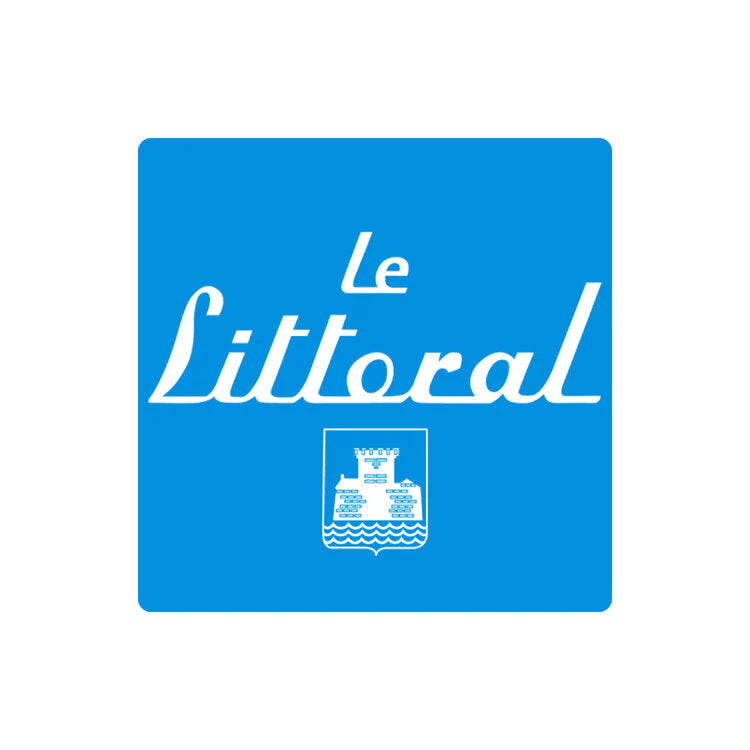
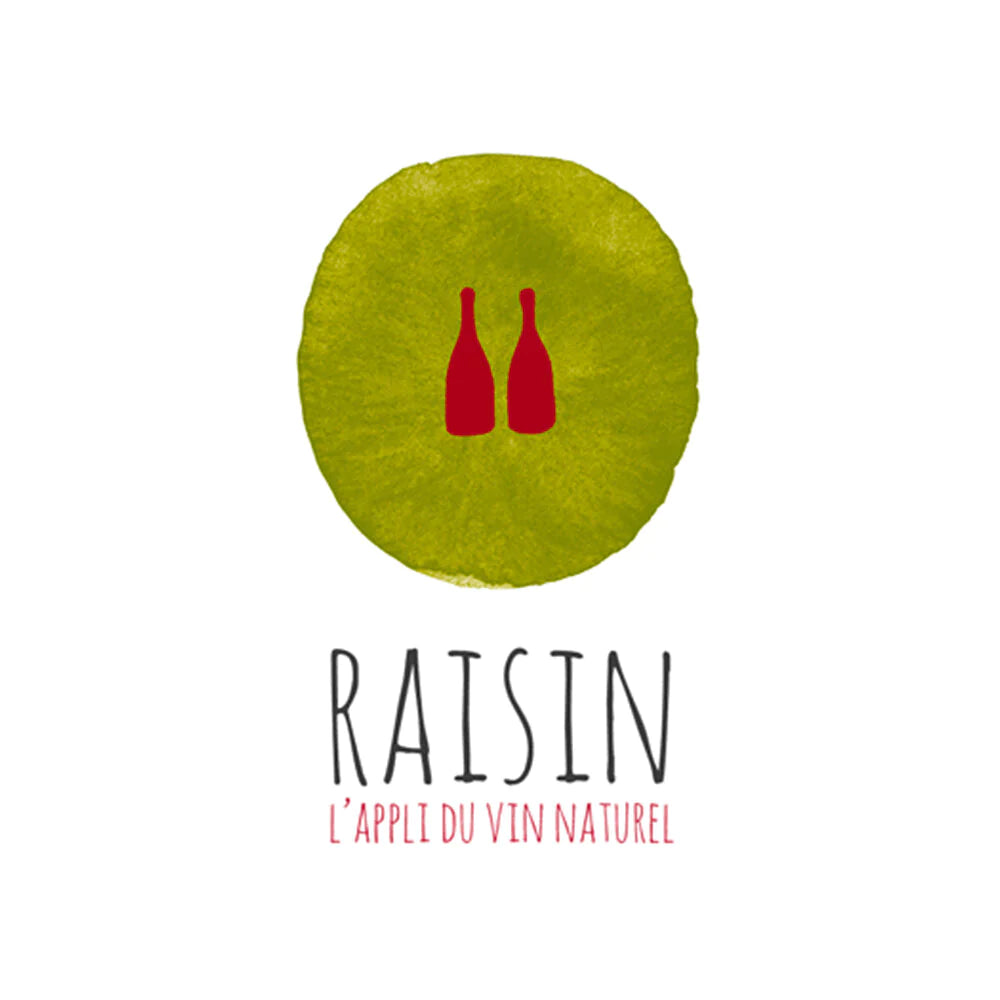

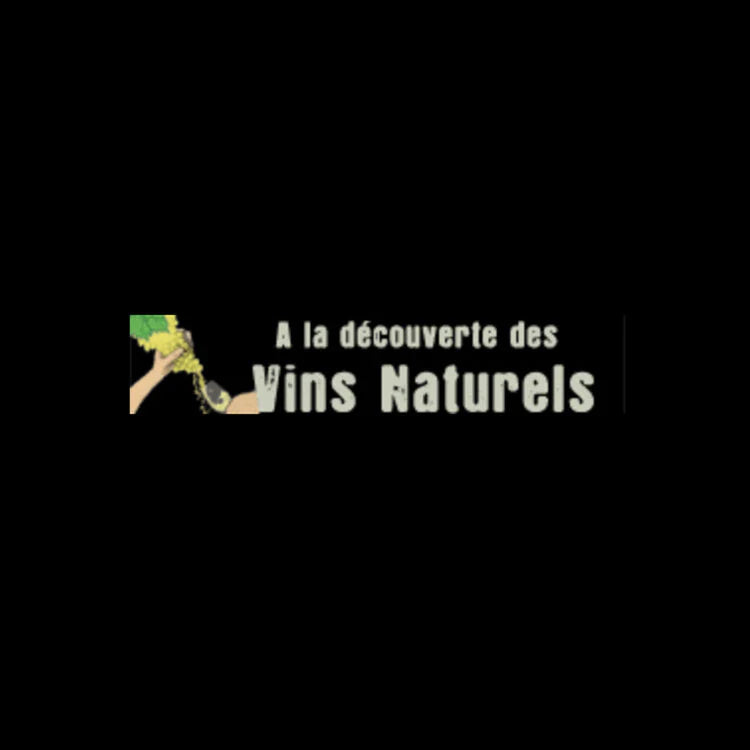
WHAT IS NATURAL WINE?
Natural wine, or vin nature, is first and foremost a wine made as naturally as possible. It is made exclusively from organically or biodynamically grown grapes. Harvesting must be done by hand, to respect the integrity of the grapes. In the cellar, our winemakers ferment the wine naturally, using the indigenous yeasts naturally present in the grapes. No oenological products are added, no acidification, no enzymes or other synthetic chemicals. The wine is then aged in various containers (barrels, vats, amphorae, etc.) for the time needed to stabilize it, before being bottled. Like conventional wine, natural wine can be white, red, rosé or sparkling.
Natural wines are characterized by their digestibility, their drinkability and their desire to be more respectful of the environment and consumers (even though they contain alcohol).
WHAT ARE THE DIFFERENCES BETWEEN ORGANIC, BIODYNAMIC AND NATURAL WINES?
Several specifications correspond to these denominations. Although we often hear about sulfites, which are rightly accused of causing headaches, many other products can be used in the composition of so-called conventional wines.
Here's an overview of the different organic, biodynamic and natural specifications: Organic specifications (AB label) prohibit all use of synthetic chemicals in the vineyard and cellar. It does, however, allow for a few oenological crutches during vinification. Sulfites are tolerated up to 100mg/L for red wines and 150mg/L for whites. In biodynamic viticulture (Demeter or Biodyvin label), the winegrower not only works without synthetic chemicals, but also takes into account the lunar calendar for all the operations he carries out. He also uses biodynamic preparations (fermented horn dung, silica, etc.) to strengthen the vines. Overall, the winegrower seeks to integrate vine cultivation into a global environment. Sulfites can be as low as 70g/L for reds and 90g/L for whites.
For natural wines (Vin Méthode Nature label), the specifications specify the use of organic grapes, fermented naturally using indigenous yeasts. Natural wines receive no inputs during vinification or ageing. Only minimal doses of SO2 are permitted (30mg/L maximum), and these must be specified by the winemaker. No brutal filtration or alteration techniques are permitted.
We also find the Vins SAINS designation, which aims to ban the use of sulfites altogether.
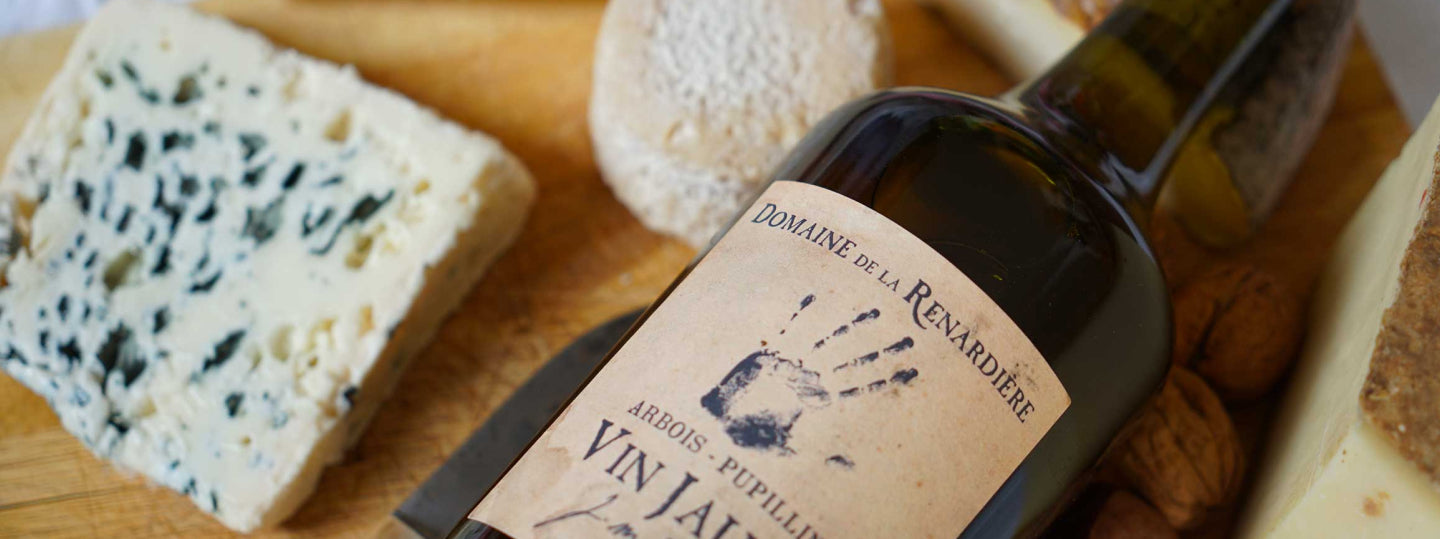
Keep up to date
Subscribe to our newsletter and get 10% off your first order*!
*offer cannot be combined with other current offers
